Pocket pets have captured the hearts of animal lovers everywhere with their small size and charming personalities. Traditionally considered as the tiniest of creatures that could fit into a pocket, the definition of "pocket pets" has evolved to include slightly larger small mammals that still maintain a petite stature compared to other household pets. In this blog post, we'll explore the world of pocket pets, delving into their dietary needs, bedding requirements, and suitable chew toys to ensure they lead happy, healthy lives.
Click Here For a Guide to Understanding Your Rabbits Diet.

What is Considered a Pocket Pet?
Pocket pets are tiny household pets that can fit in your shirt pocket, right? Technically, yes. Though over the last few years, the definition of “pocket pet” has broadened to include animals other than just the teeny tiny ones. The category now includes small mammals who are too big to fit into a shirt pocket but are still “pocket” sized compared to other household pets.
Hay for Pocket Pets
Many pocket pets will eat Timothy Hay, Orchard Grass, Alfalfa Hay, etc. The important thing to consider is if hay is something that needs to be part of their main diet or can just be can mixed in as a treat among their other food.
Rabbits, Guinea Pigs, and Chinchillas
Hay is an extremely important staple in the diets of rabbits, guinea pigs, and chinchillas. Full of protein and nutrients, Alfalfa Hay is perfect for rabbits younger than 7 months, guinea pigs younger than 6 months, and chinchillas younger than 1 year.
It’s crucial that you transition them to a grass hay as soon as they’re old enough, otherwise they’ll end up facing major health issues such as obesity, digestion, urinary tract issues, and an increased risk of bladder stones. In order to keep a healthy diet, veterinarians recommend rabbits 7 months and older and guinea pigs 6 months and older should have a diet made up of 80% grass hay. Chinchillas older than 1 year should have a diet made up of 75% grass hay.
The constant foraging and grazing encouraged by hay helps to keep them physically active and mentally stimulated. It also helps to wear down their teeth while the long strand fiber helps to keep their digestion regular and functioning properly.
Degus
Hay is also a primary source of food for degus. A lot like guinea pigs, a degu’s diet should be made up of 80% hay to keep their digestion functioning properly and the chewing helps to wear down their teeth. Timothy Hay and Meadow Hay are good options for feeding your degu, but unlike guinea pigs, the best hay is brownish in color and has a sweet smell. Green hay will lead to bloating in degus (which is unhealthy). You can also give them Alfalfa Hay, but because of the high protein in Alfalfa it should only be given occasionally. Since degus won’t survive on hay alone, you can learn more about a degus diet here.
Prairie Dogs
Hay is an essential part of a prairie dog’s diet. Since they require a high fiber diet, Timothy Hay and other grass hays, like Orchard Grass, are best. Do not give them Alfalfa Hay unless for protein (read more about the appropriate Alfalfa amounts under the “protein” section).
Prairie Dogs can have an unlimited amount of grass hay. It’s recommended that grass hay be 98% of their diet leaving the last 2% for treats. Grass hay will also help to wear their teeth down naturally. It’s important to note that prairie dogs are selective herbivores, consuming only the nutritional part of a strand of grass hay leaving sums of hay to be left uneaten. The uneaten hay will need to be cleaned out regularly. For more information about a prairie dog’s nutrition, click here.
Gerbils
While gerbils do not require hay in their diet, you can give Timothy Hay or Alfalfa Hay as a treat. You can give gerbils a small handful of Timothy Hay on occasion to benefit their digestive system. It can also be something fun for them to build with and play in. For more details on a gerbil’s proper diet, click here.
Bedding for Pocket Pets
All of the pocket pets listed above can use bedding as a cozy place to nap as well as a place to do their business. When it comes to bedding, it’s important to stay away from cedar and pine-wood chips as the smell can be toxic to your pocket pet. An inkless paper bedding is usually the best option.
Our Food Grade Bedding is the perfect bedding for your pocket pet. ‘Food Grade’ means it’s approved by the FDA to wrap and serve human food, so it’s safe for both you and your pocket pet.
Food Grade Bedding is perfect for pocket pets such as:
Rabbits, Guinea Pigs, and Chinchillas
Hedgehogs who have sensitive feet
Gerbils and Prairie Dogs who love to burrow and dig
Mice who are prone to breathing problems
All of these characteristics make our bedding not only the safest option for your pocket pet, but for you too!
Chew Sticks for Pocket Pets
Some pocket pets have teeth that are constantly growing and need to be trimmed regularly to remain healthy. You can think of their tiny teeth like fingernails. If they aren’t properly taken care of then they can grow out of control and end up hurting themselves.
All Natural Apple Chew Sticks are an excellent chew toy great for pocket pets to help maintain their dental health while also providing entertainment. Chewing is a natural behavior that keeps them entertained along with combating any stress or anxiety they face. Chewing on ingestible toys, such as Apple Sticks, helps pocket pets wear down their incisors, keeping their teeth trimmed and healthy.
The pocket pets that have constantly growing teeth and can benefit from Apple Sticks are:
Rats (fancy rats)
Mice (fancy mice)
Hamsters
Gerbils
Guinea Pigs
Chinchillas
Degus
Rabbits
It’s better for your pocket pet to chew on something harmless and beneficial to them than to chew on something potentially harmful and deadly (like wires).
Pocket Pets can be a great addition to your family. As long as you make sure you’re providing them with the right food, bedding and treats, they can be a great addition to your lifestyle.

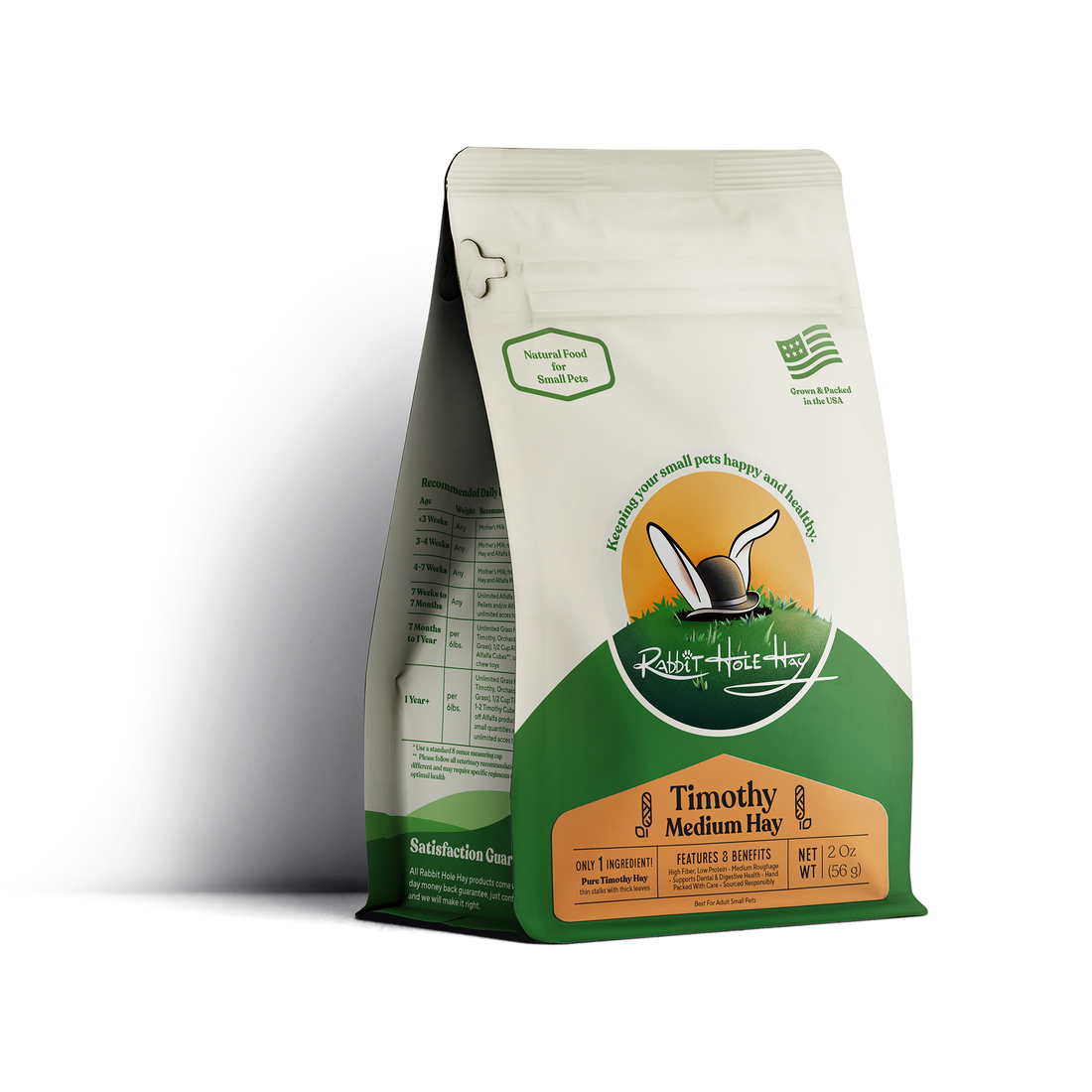
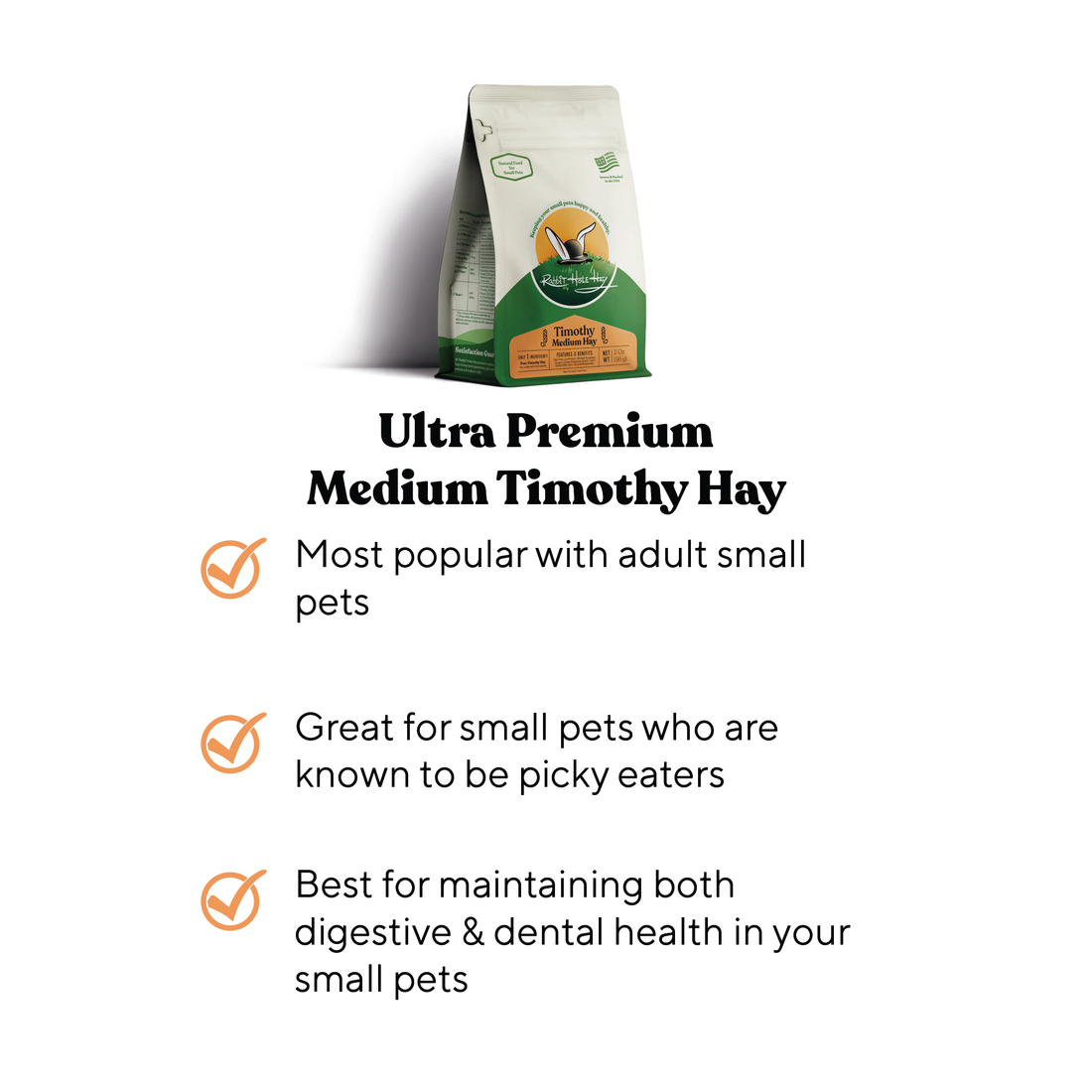
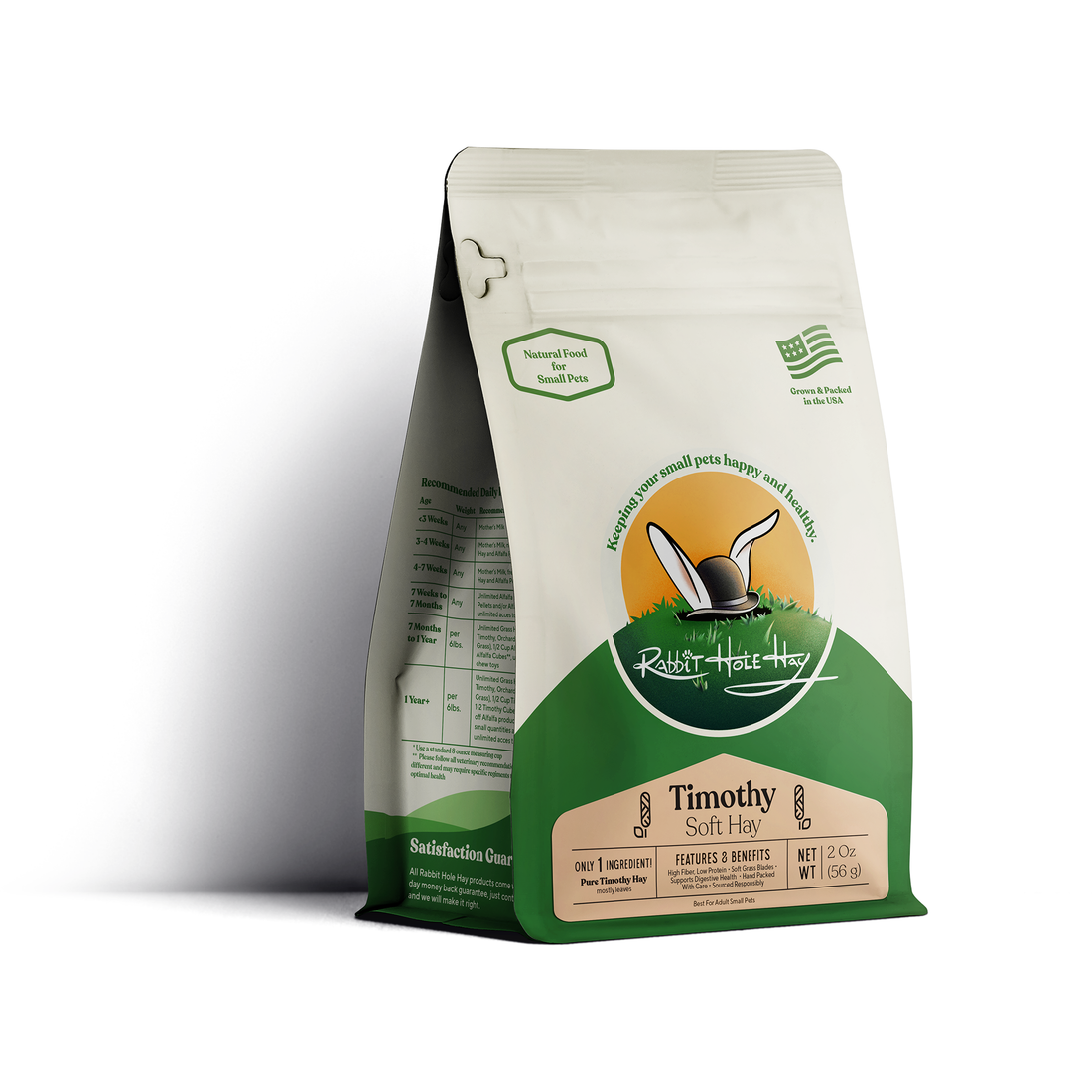
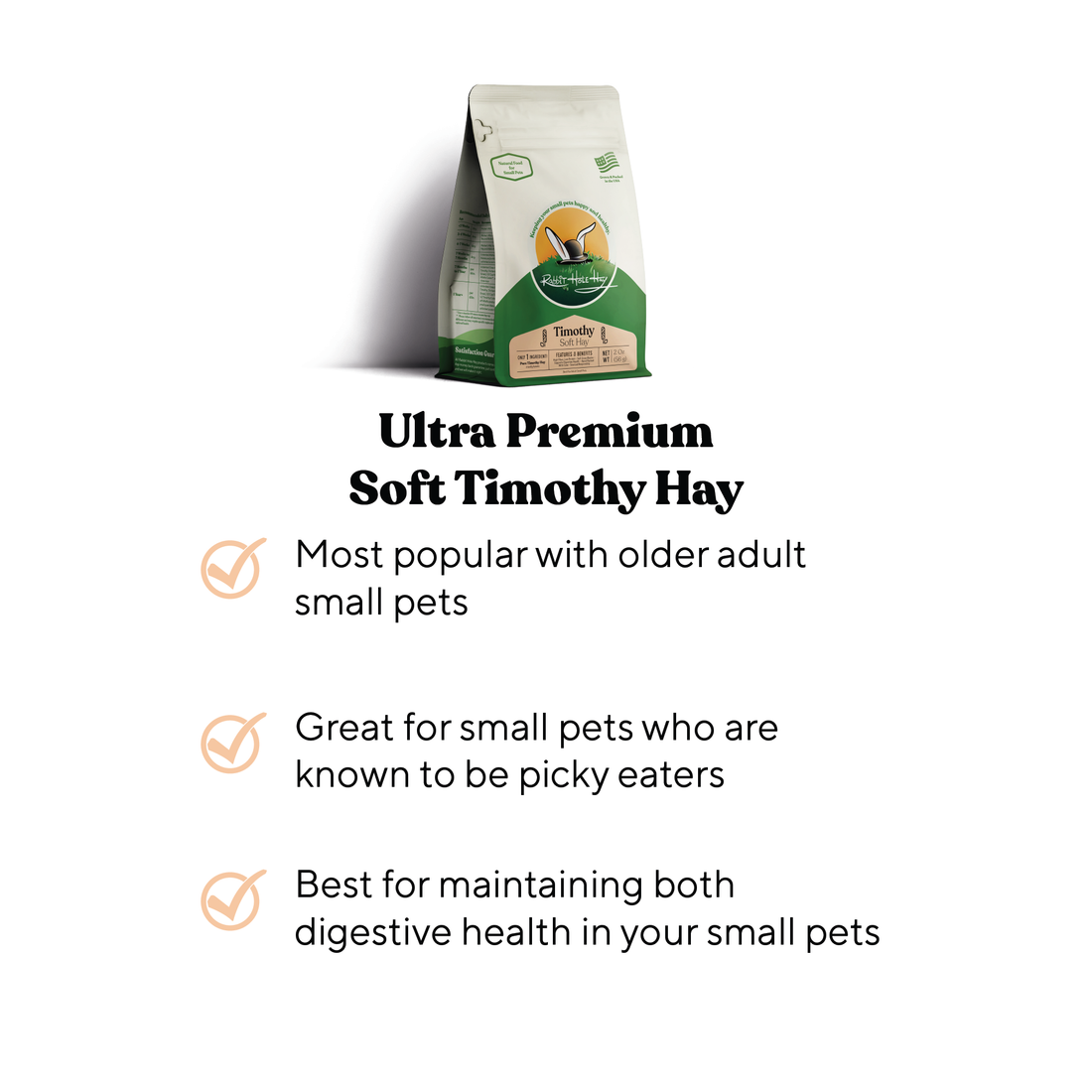
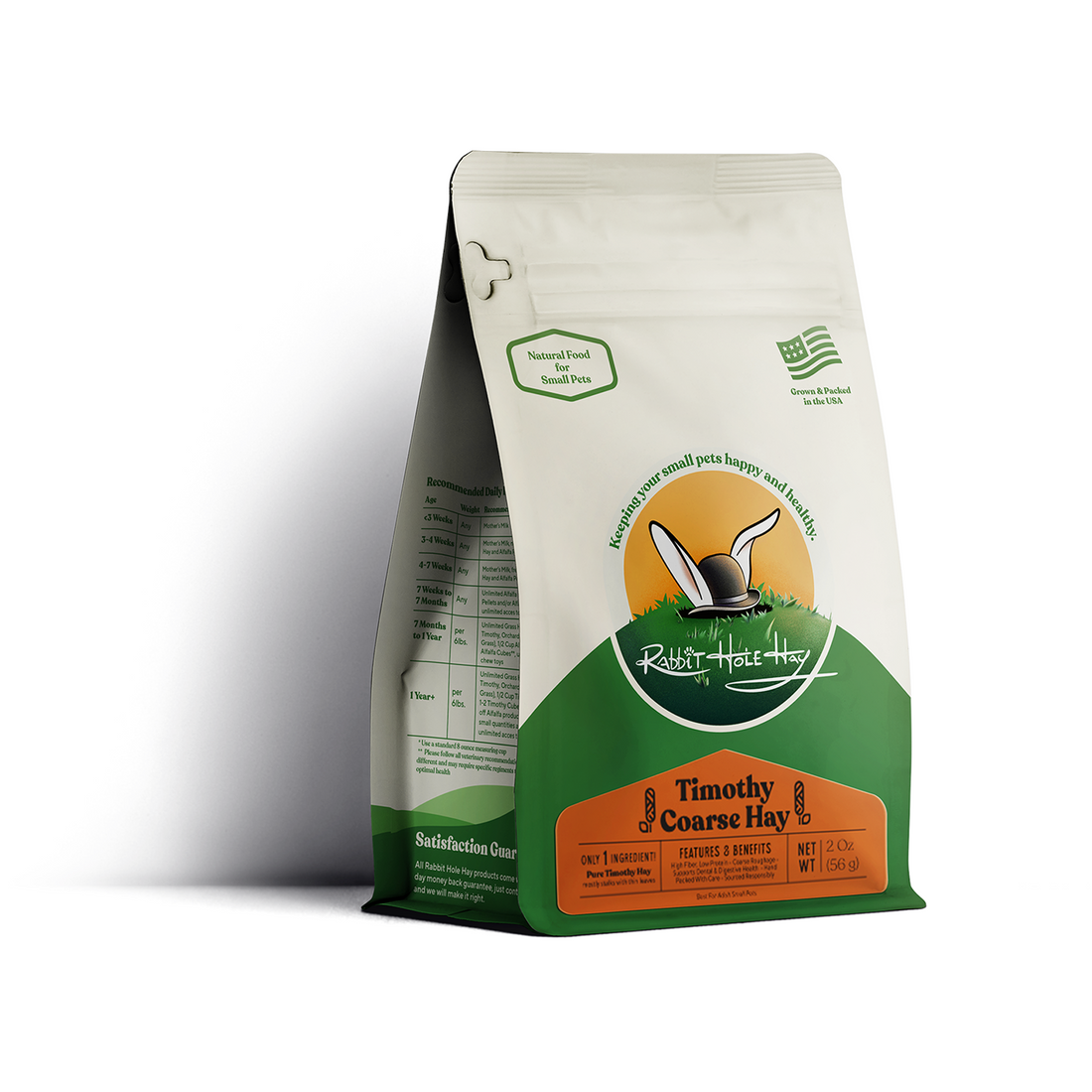
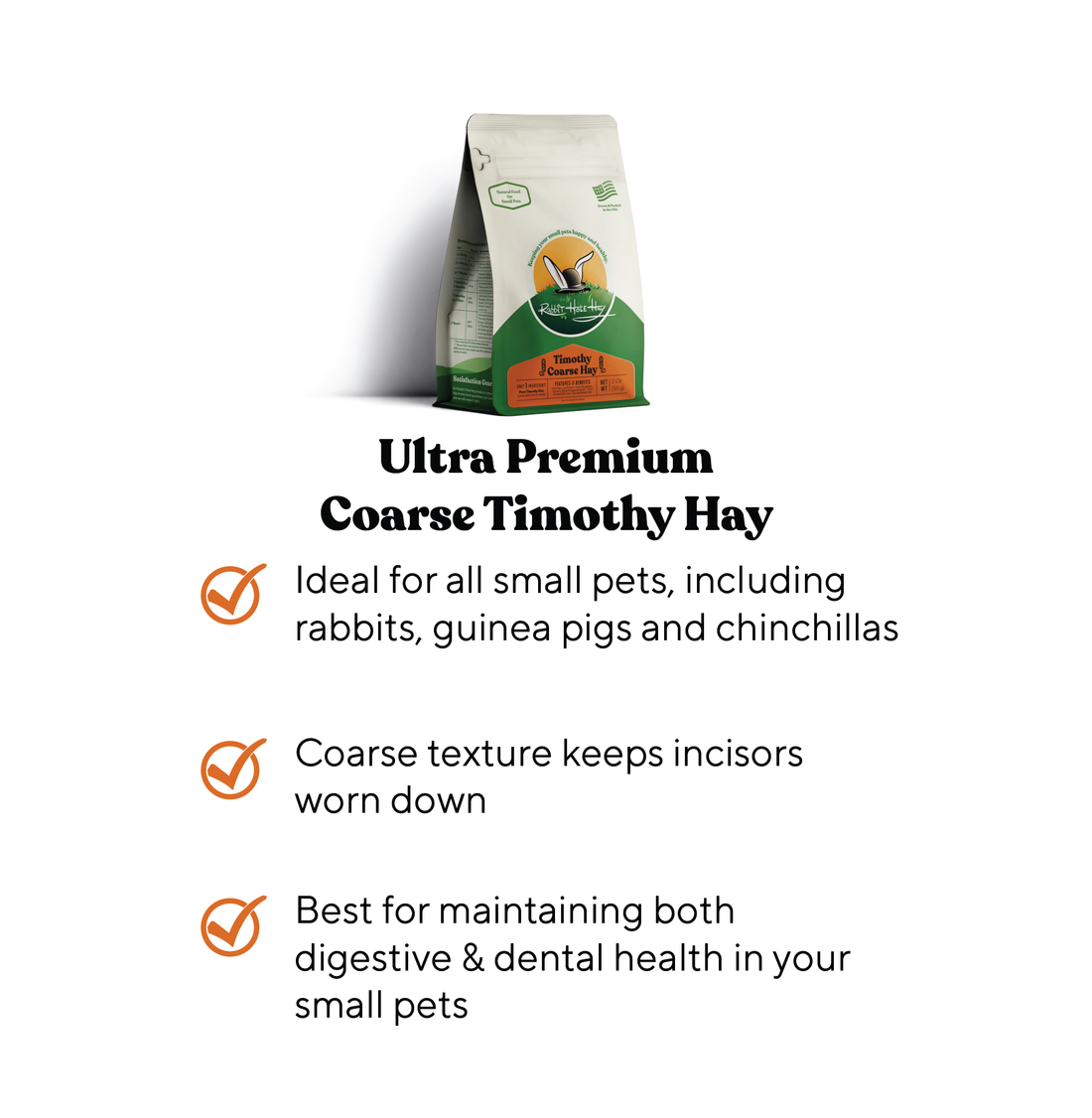
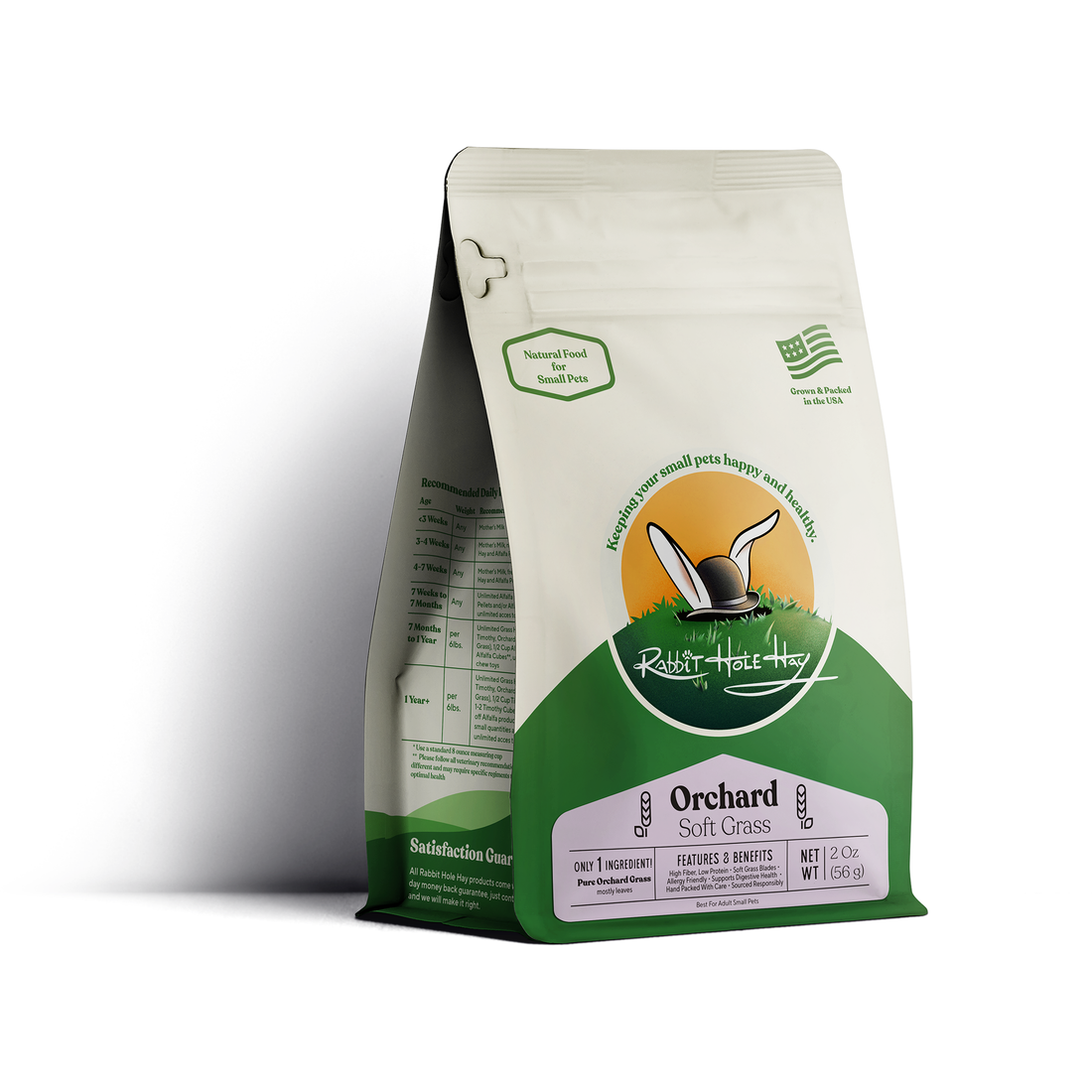
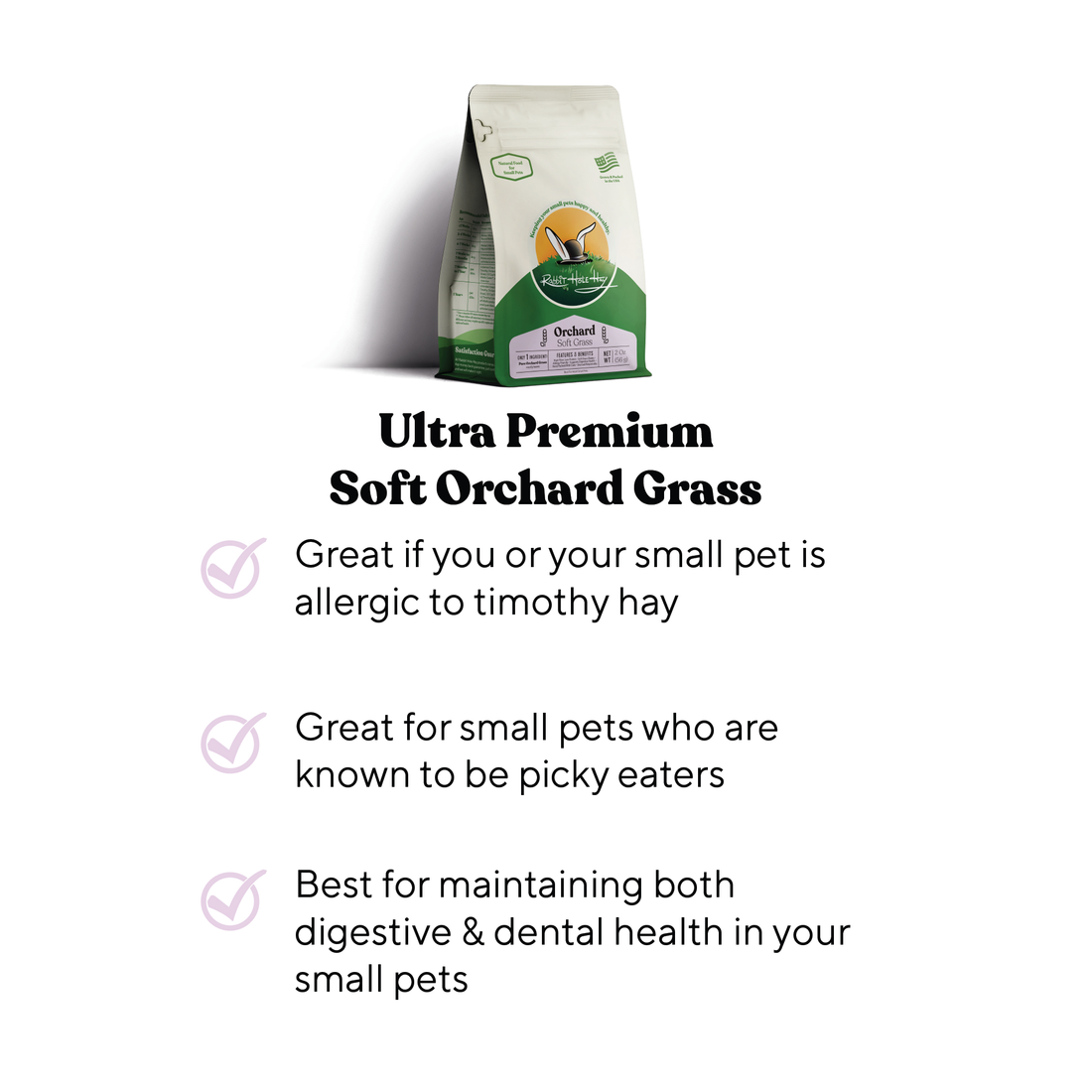
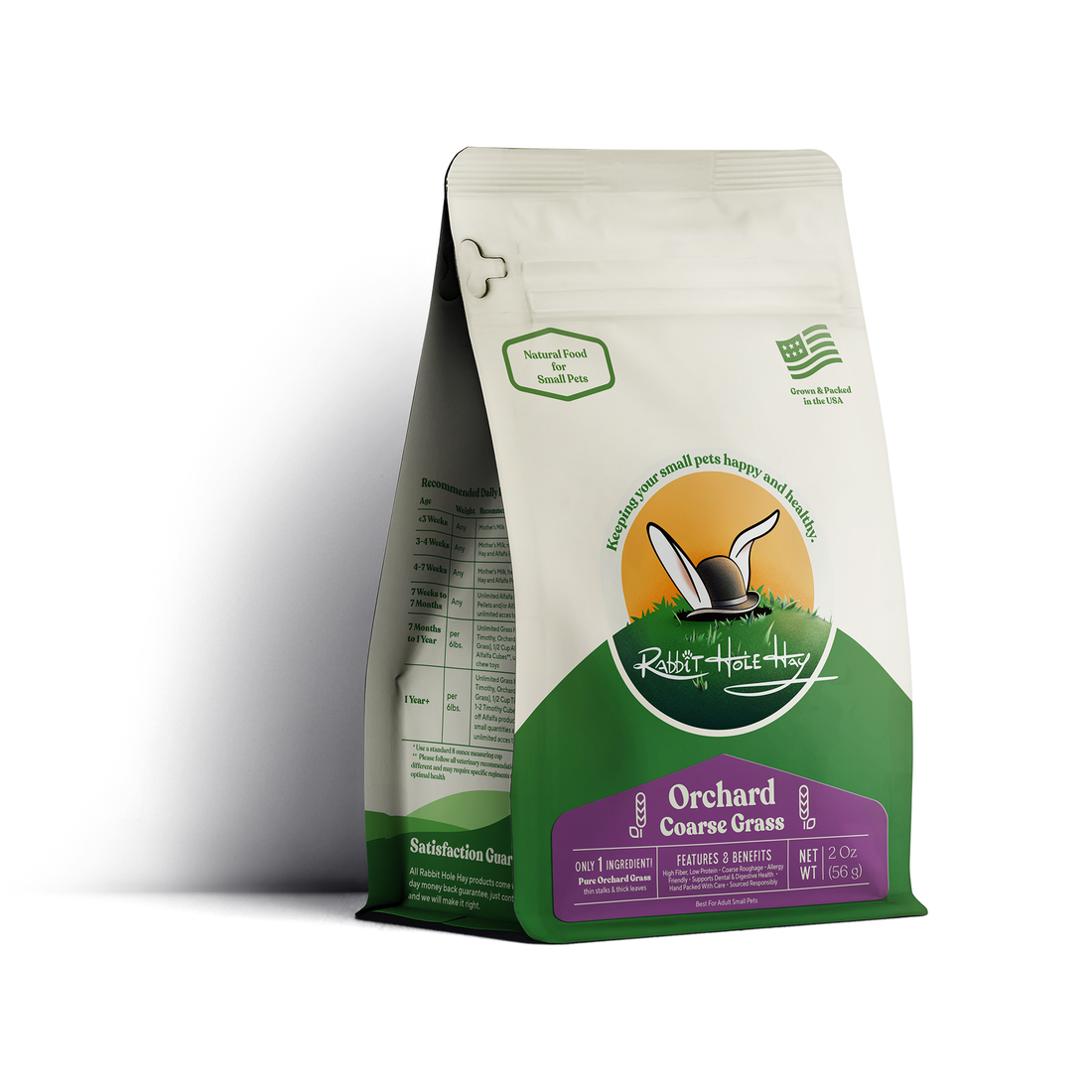
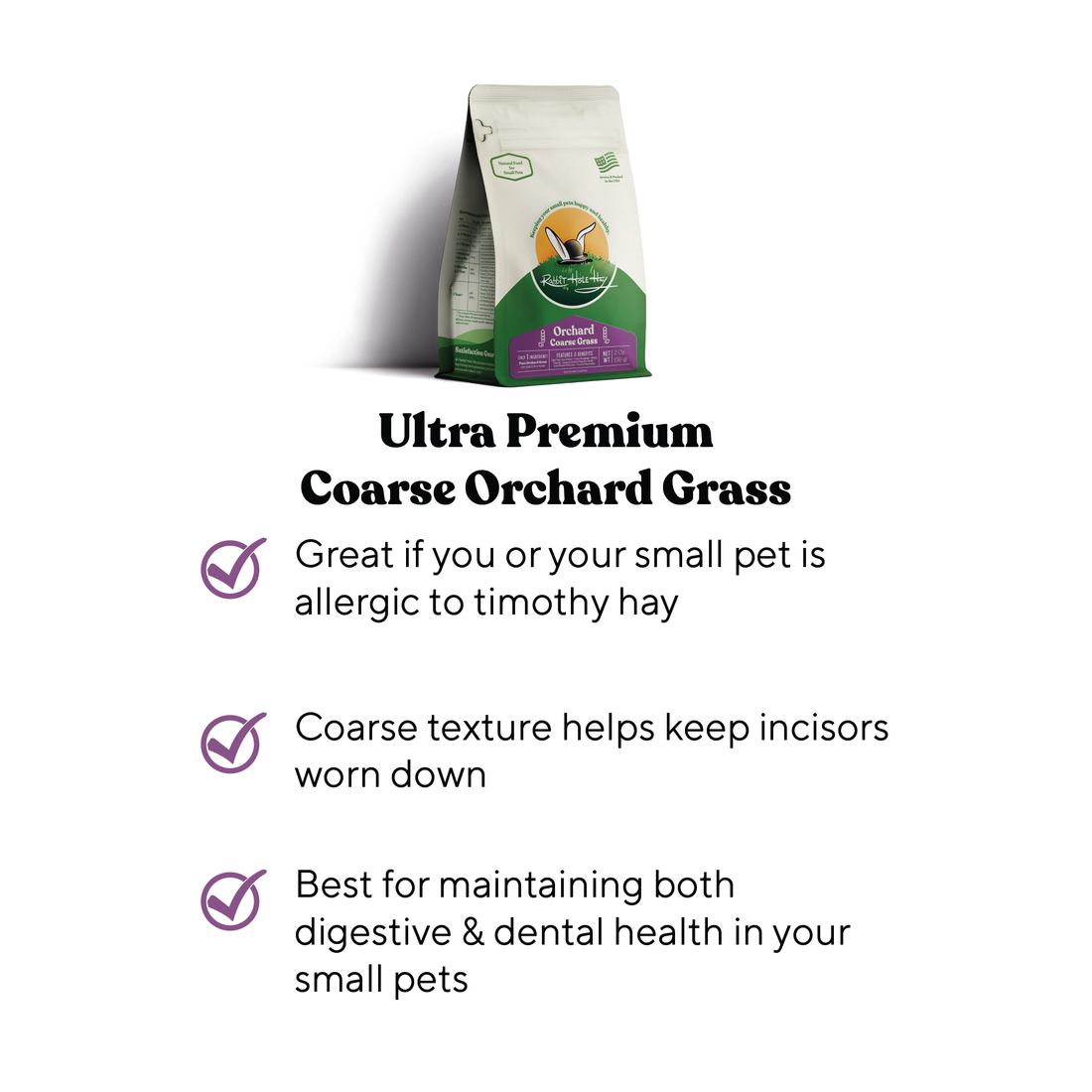
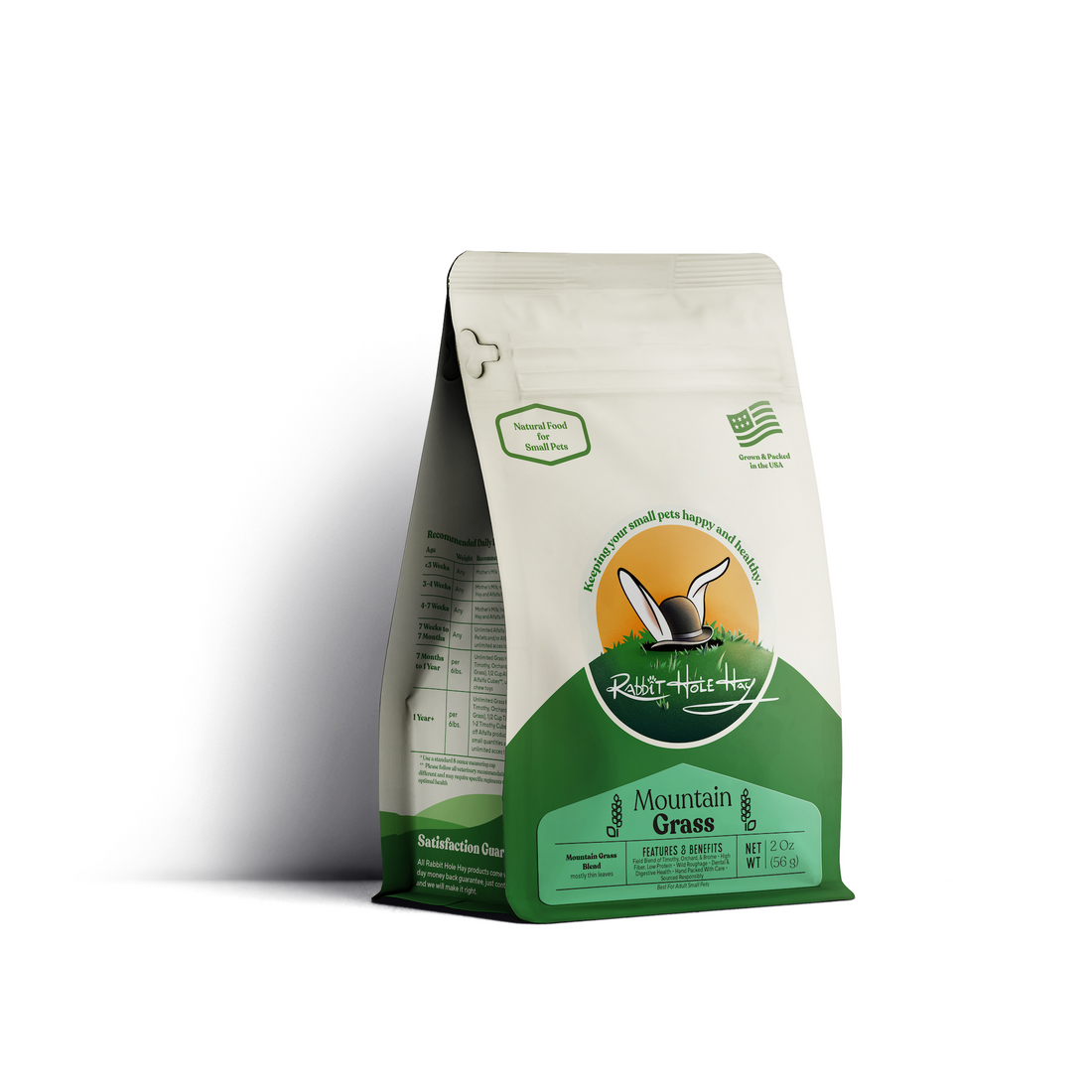
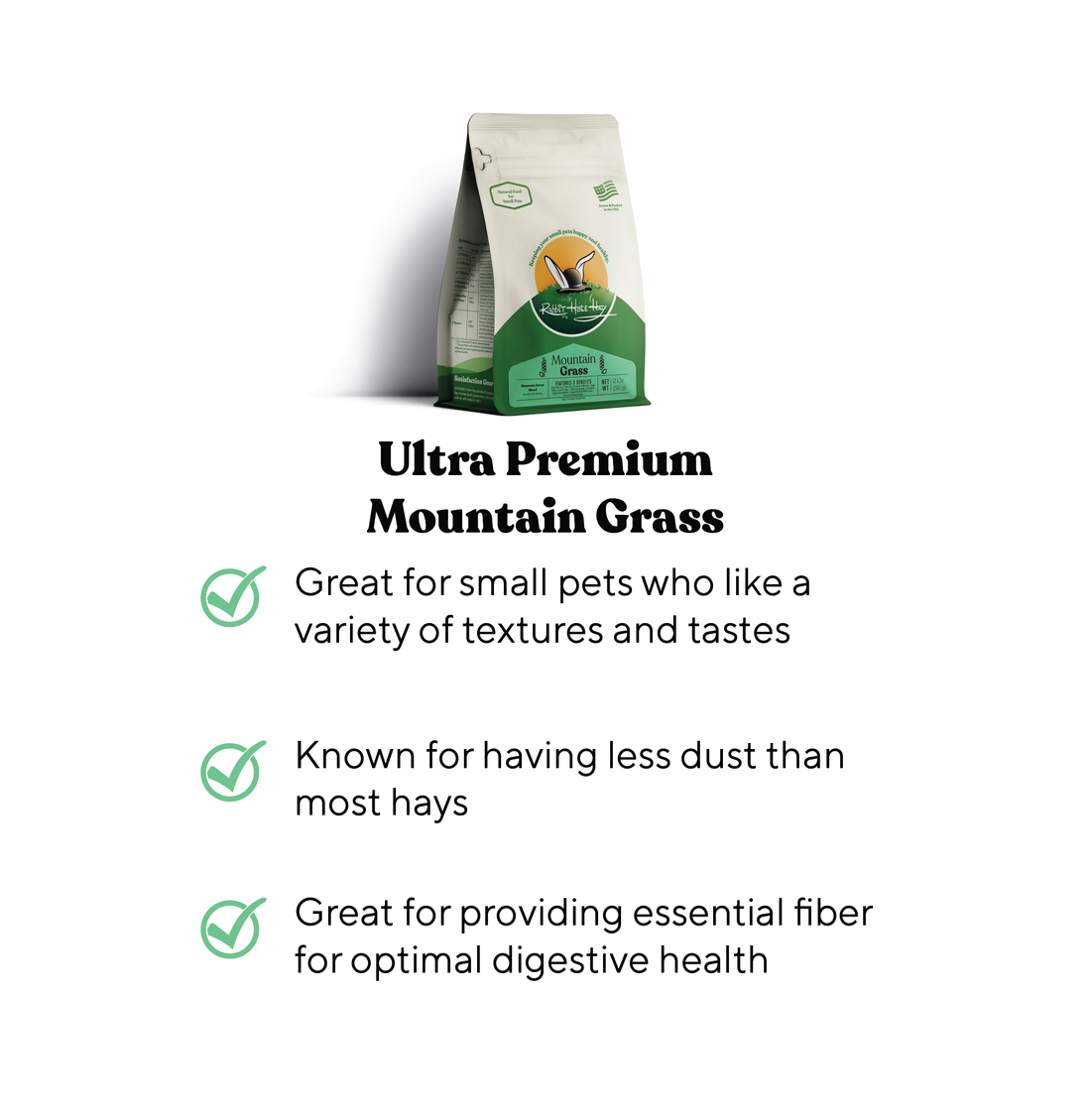
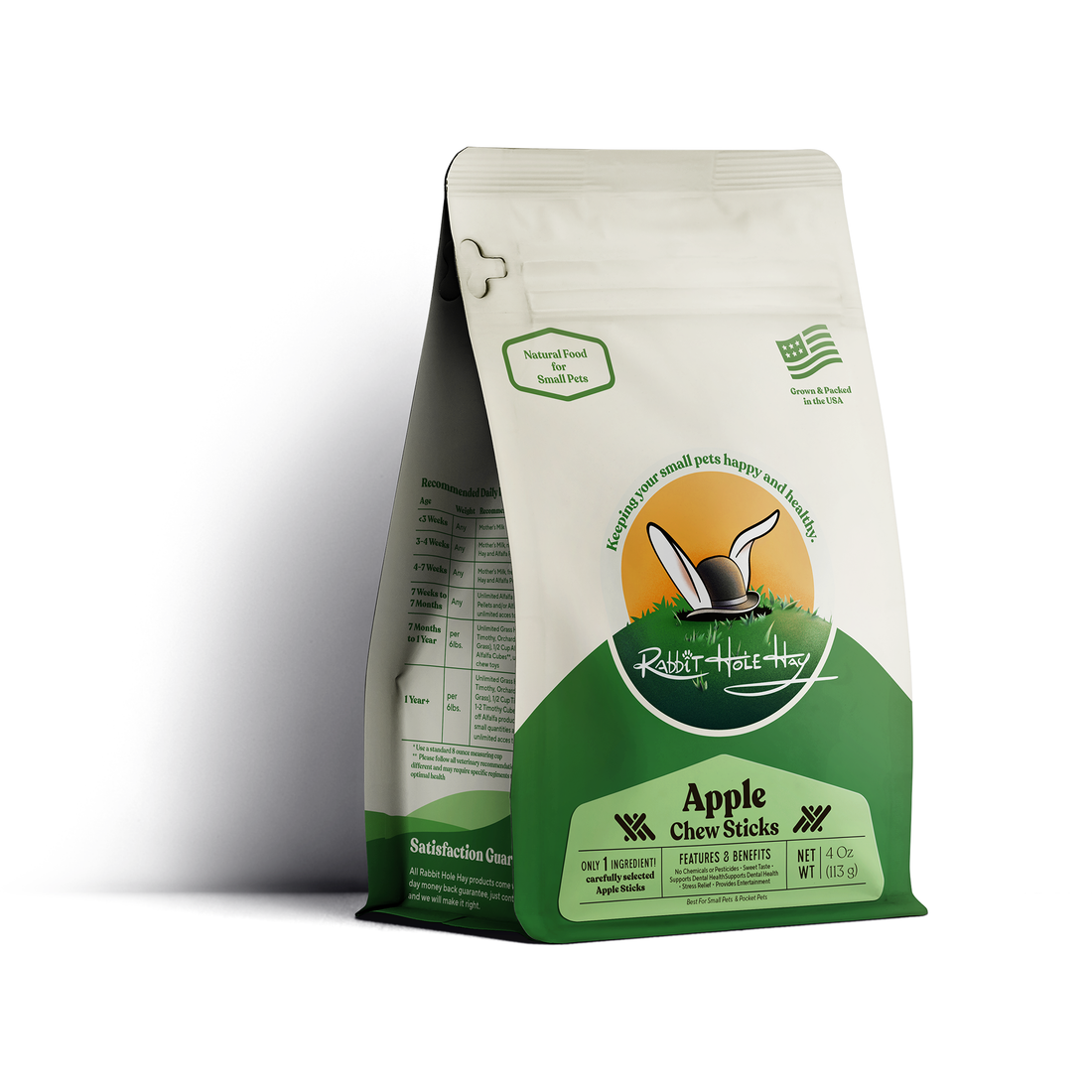
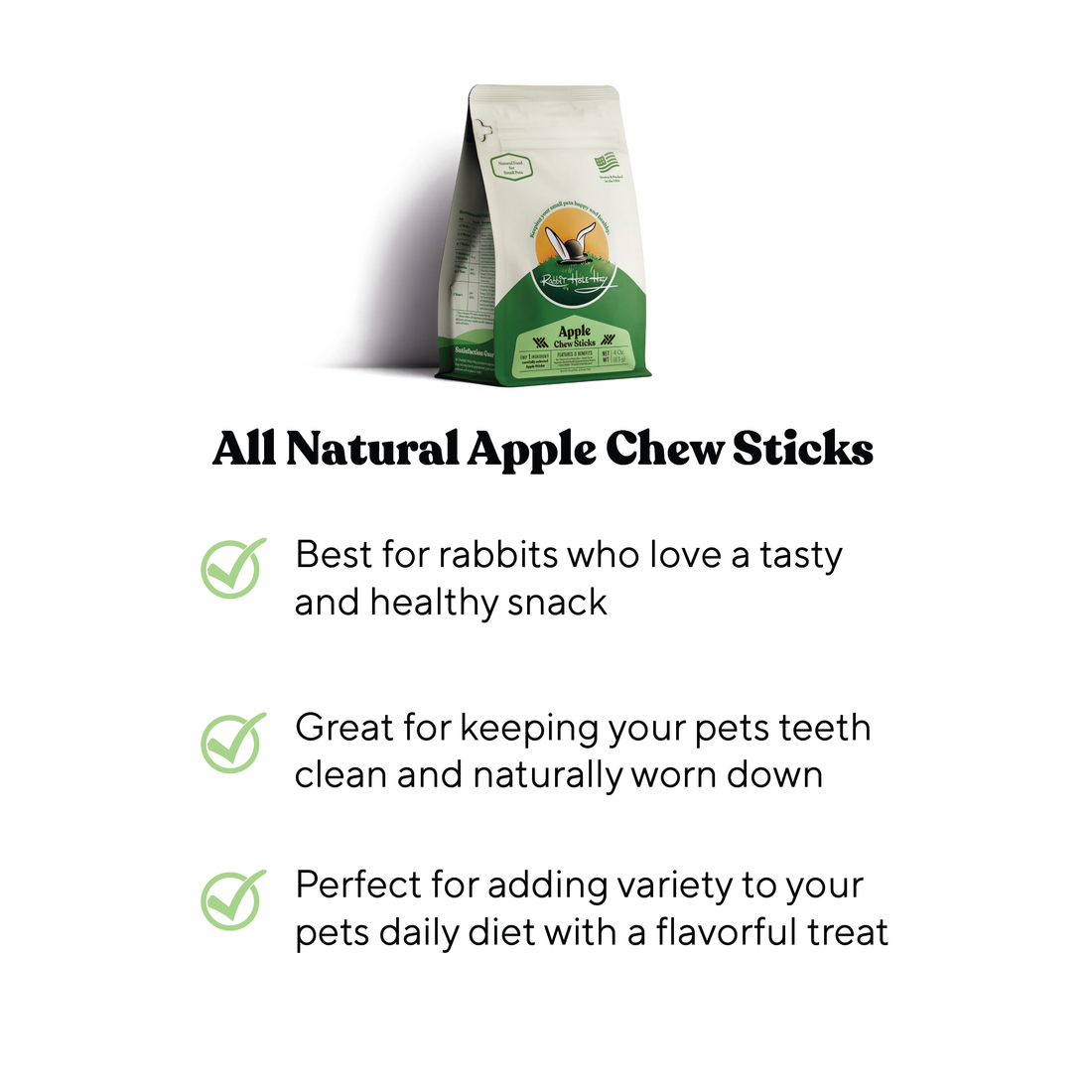


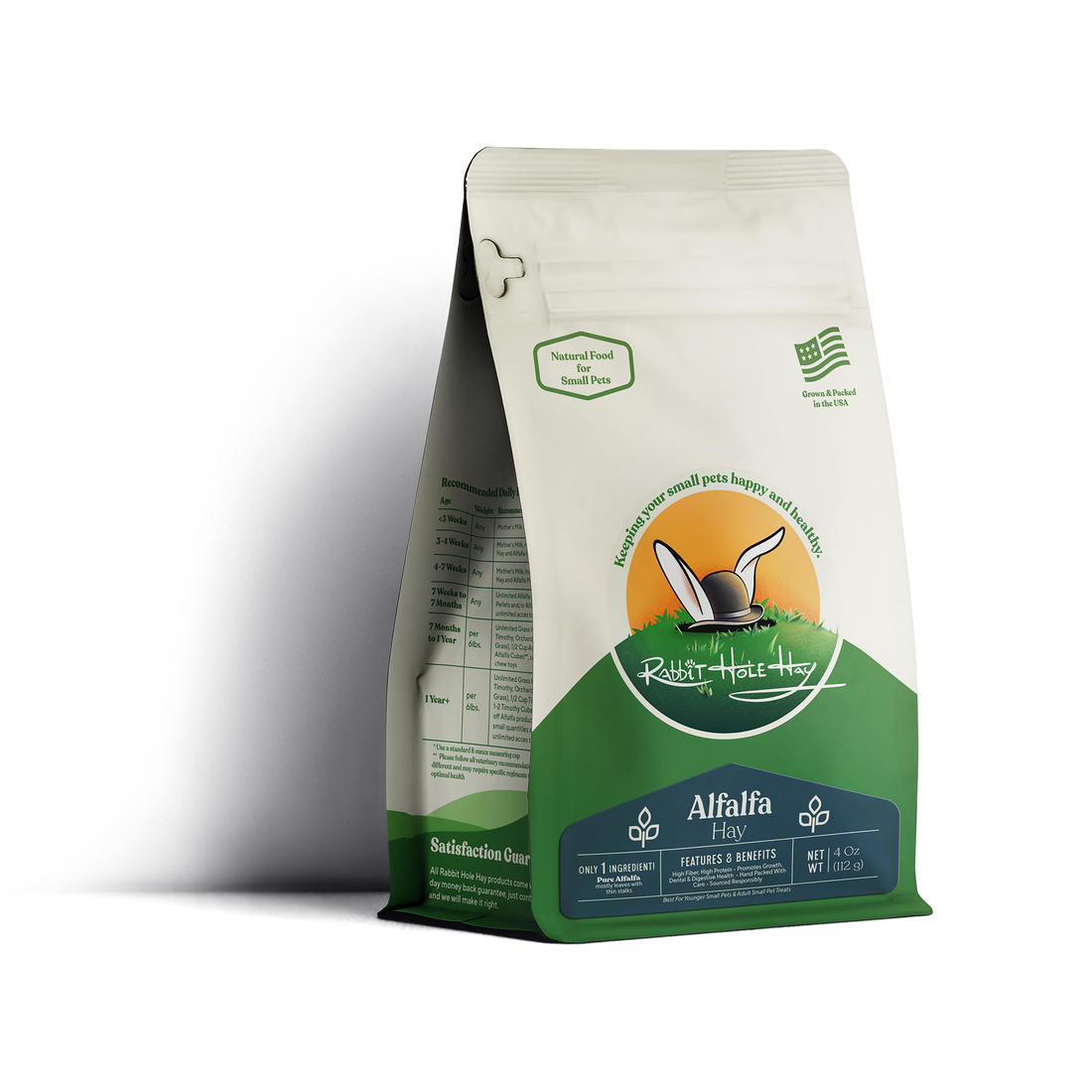
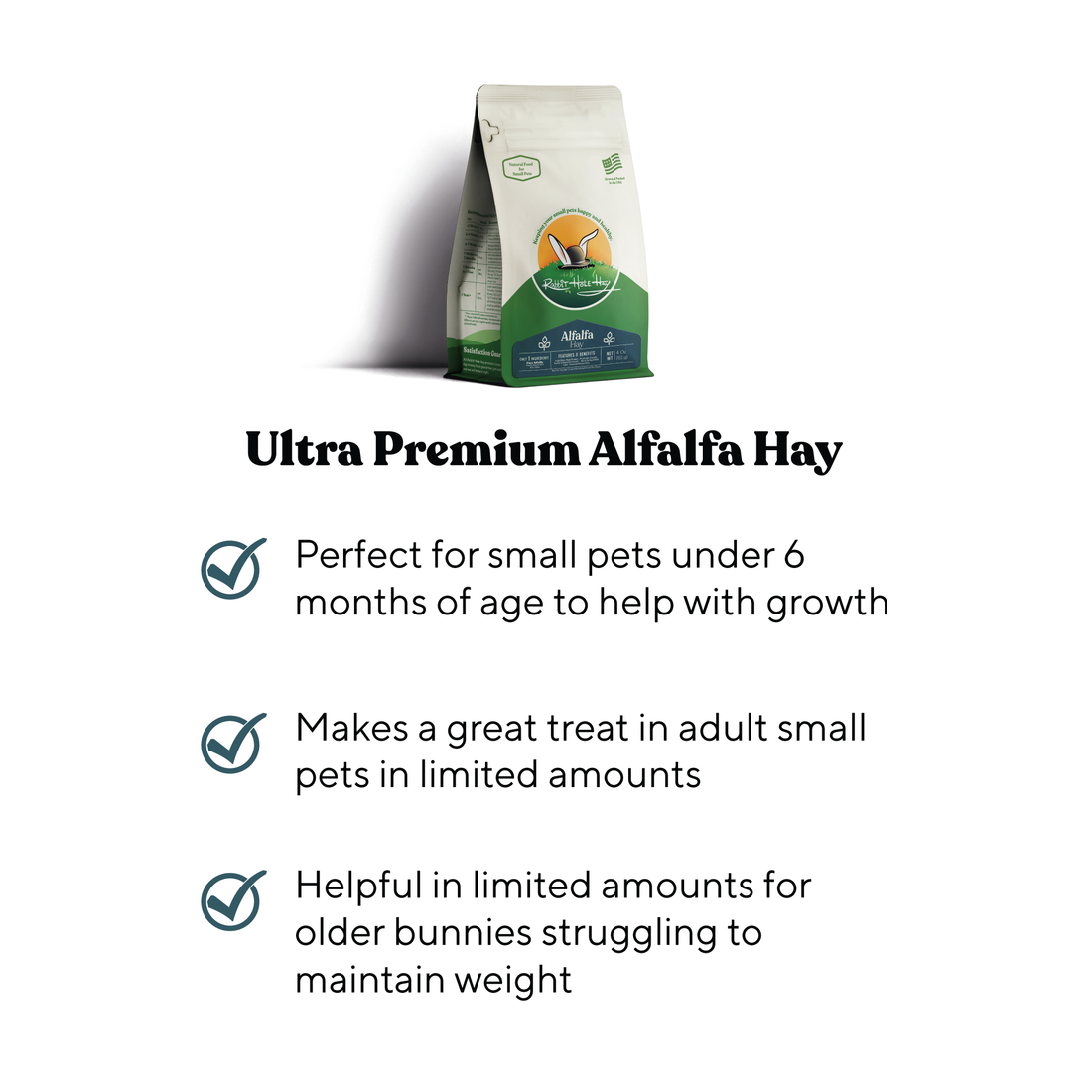
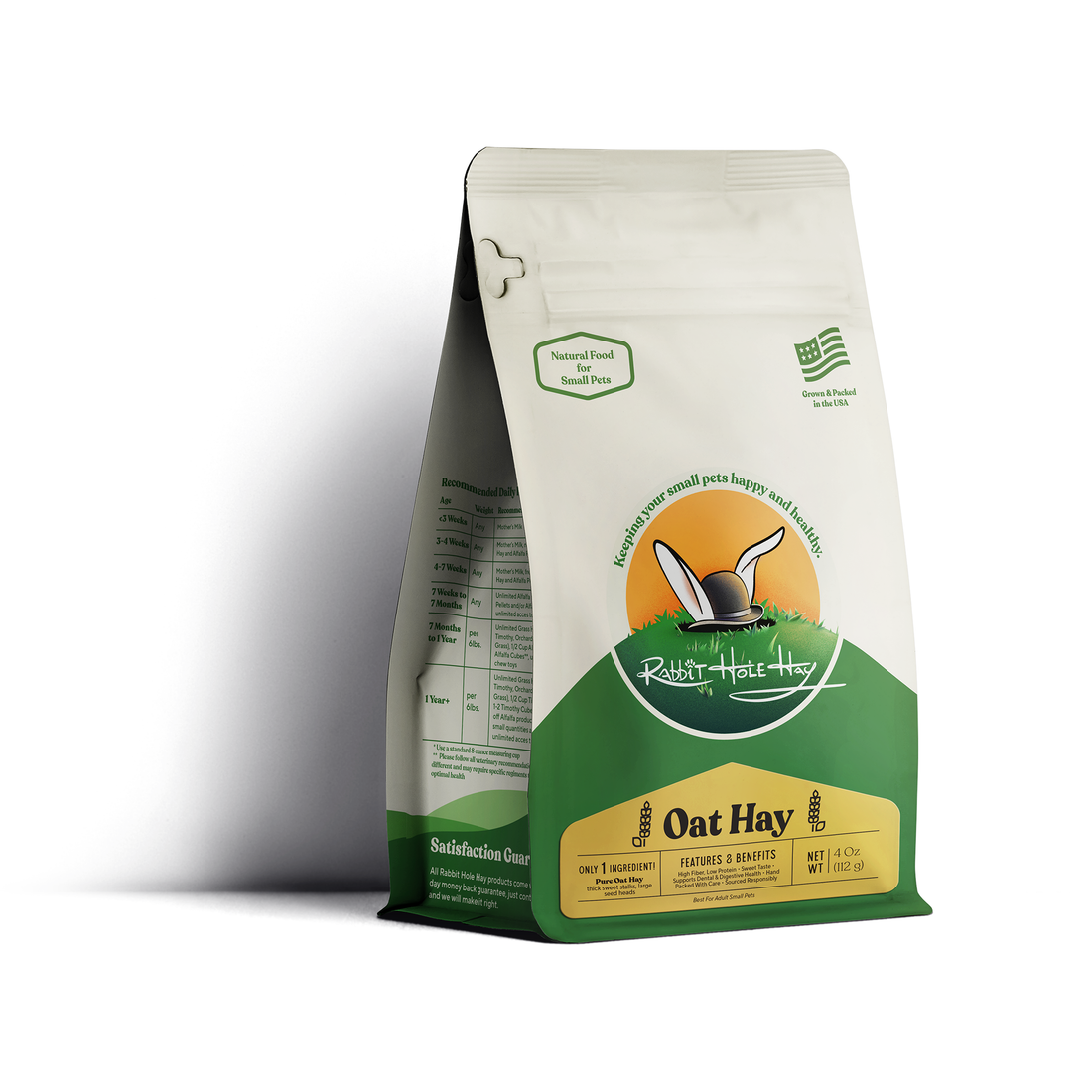
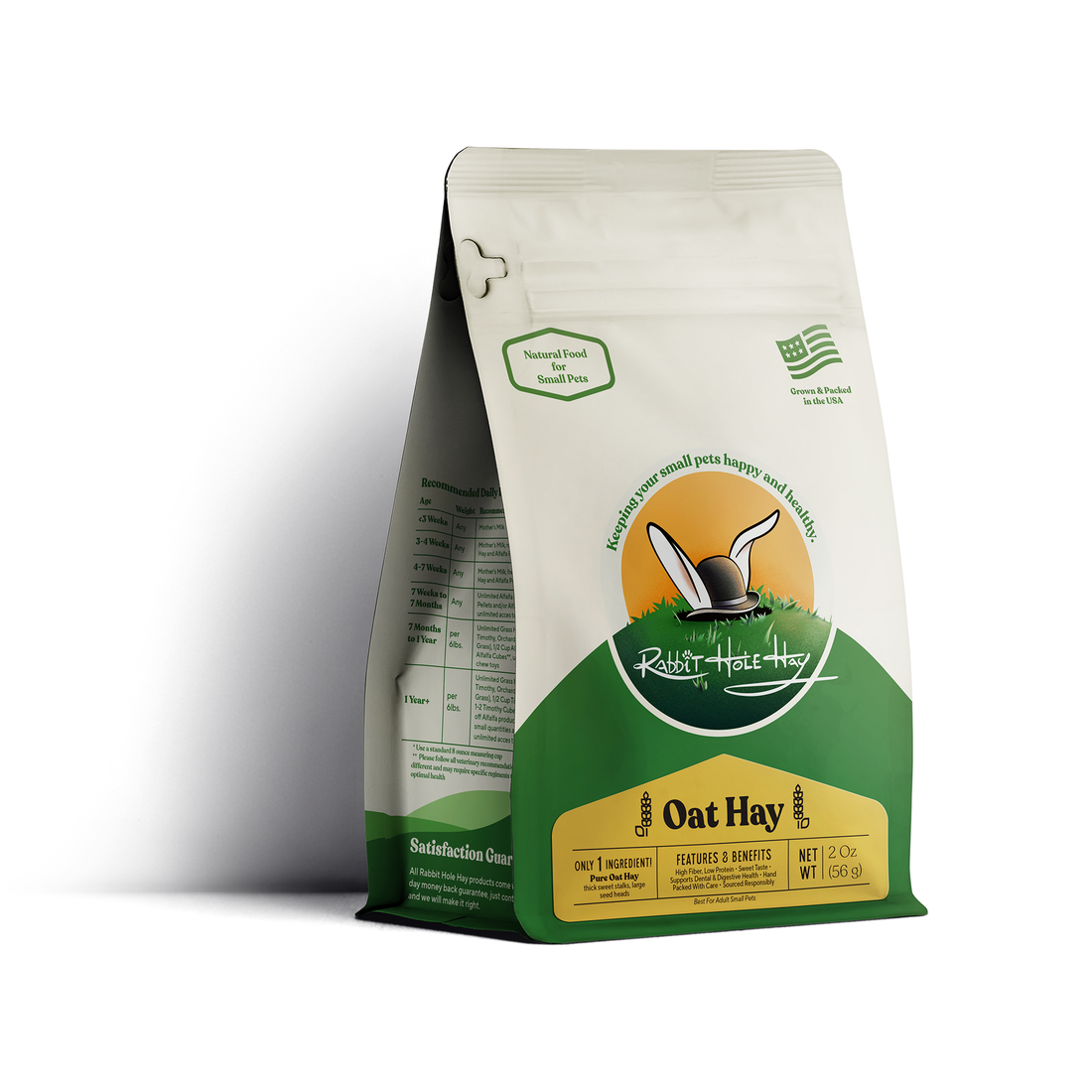
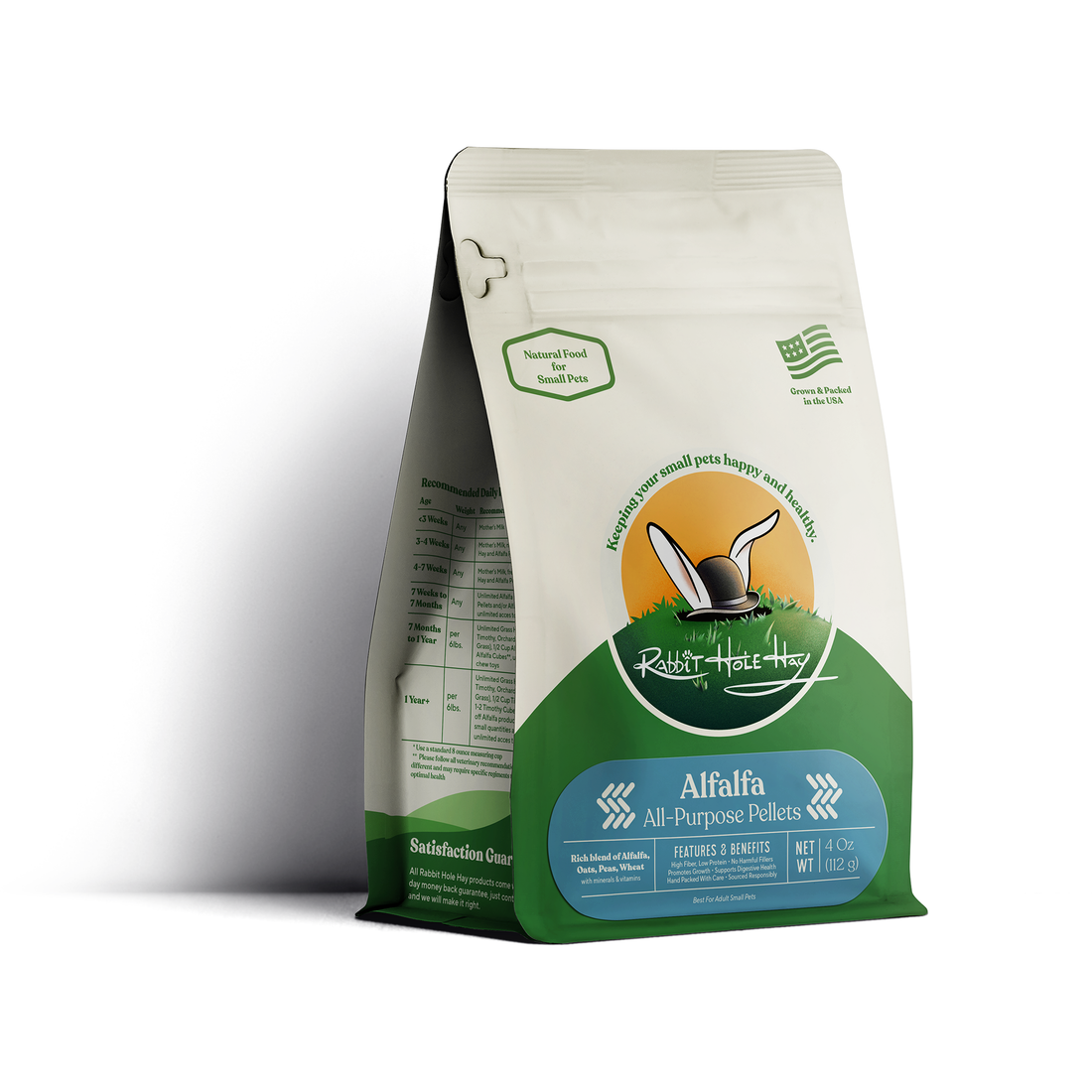
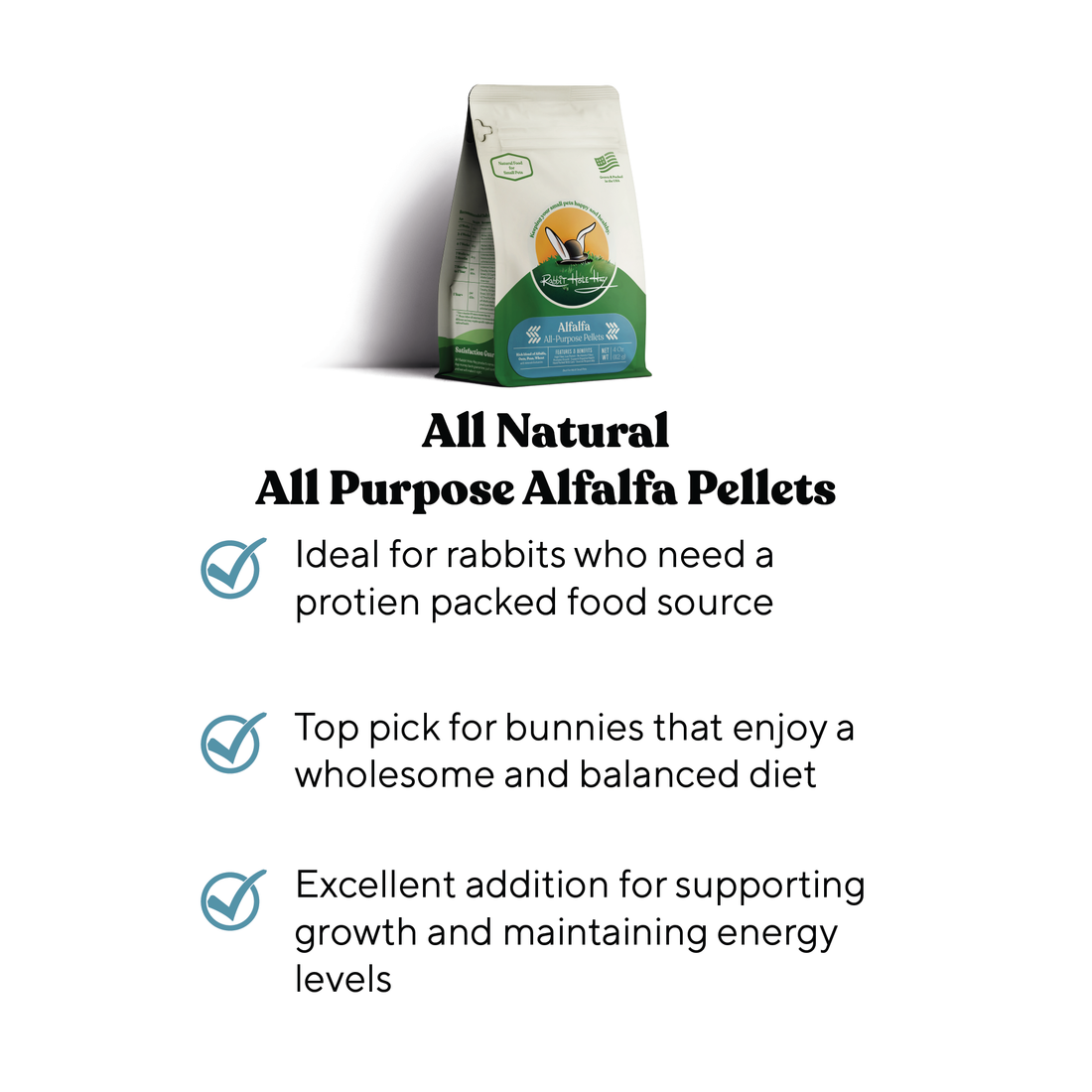
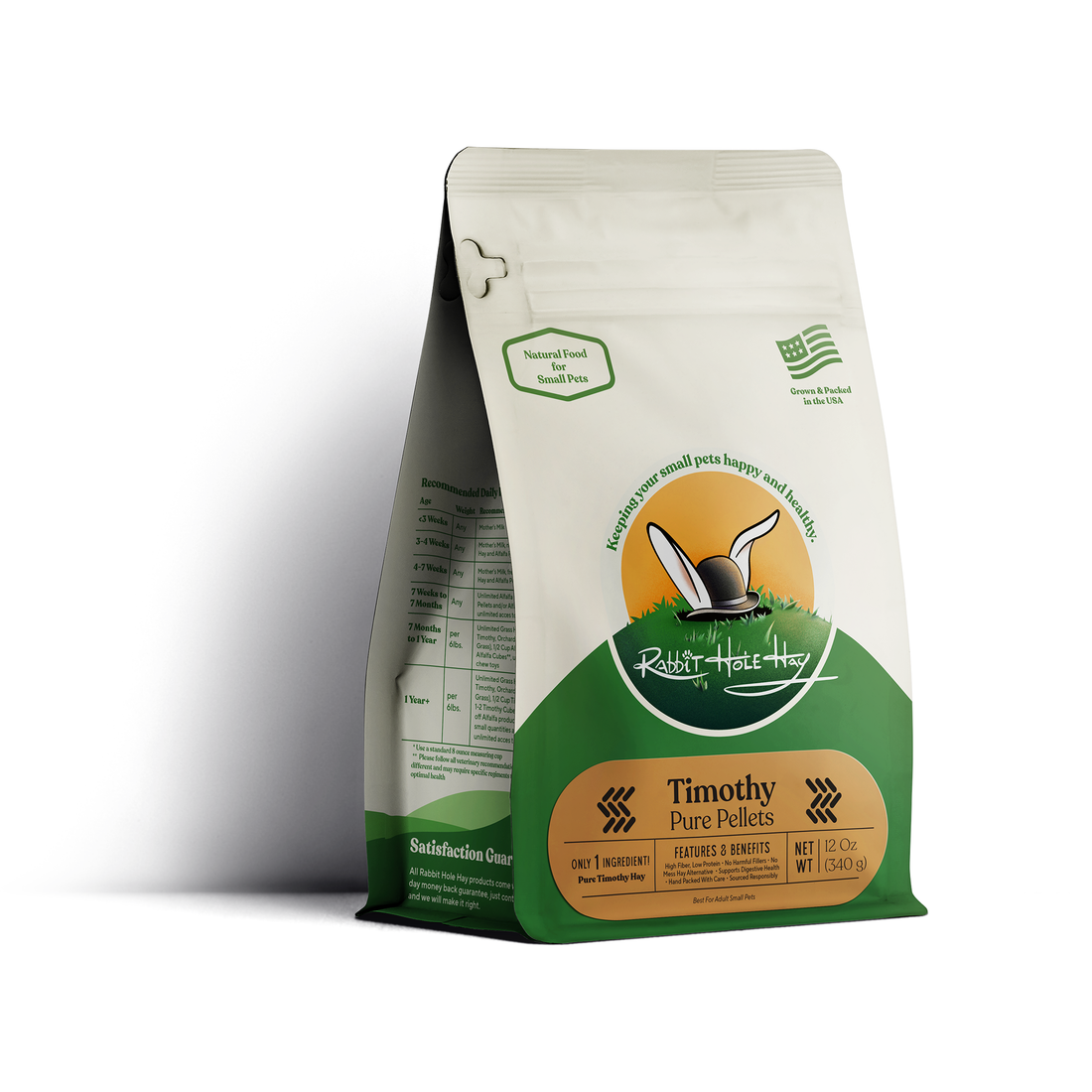
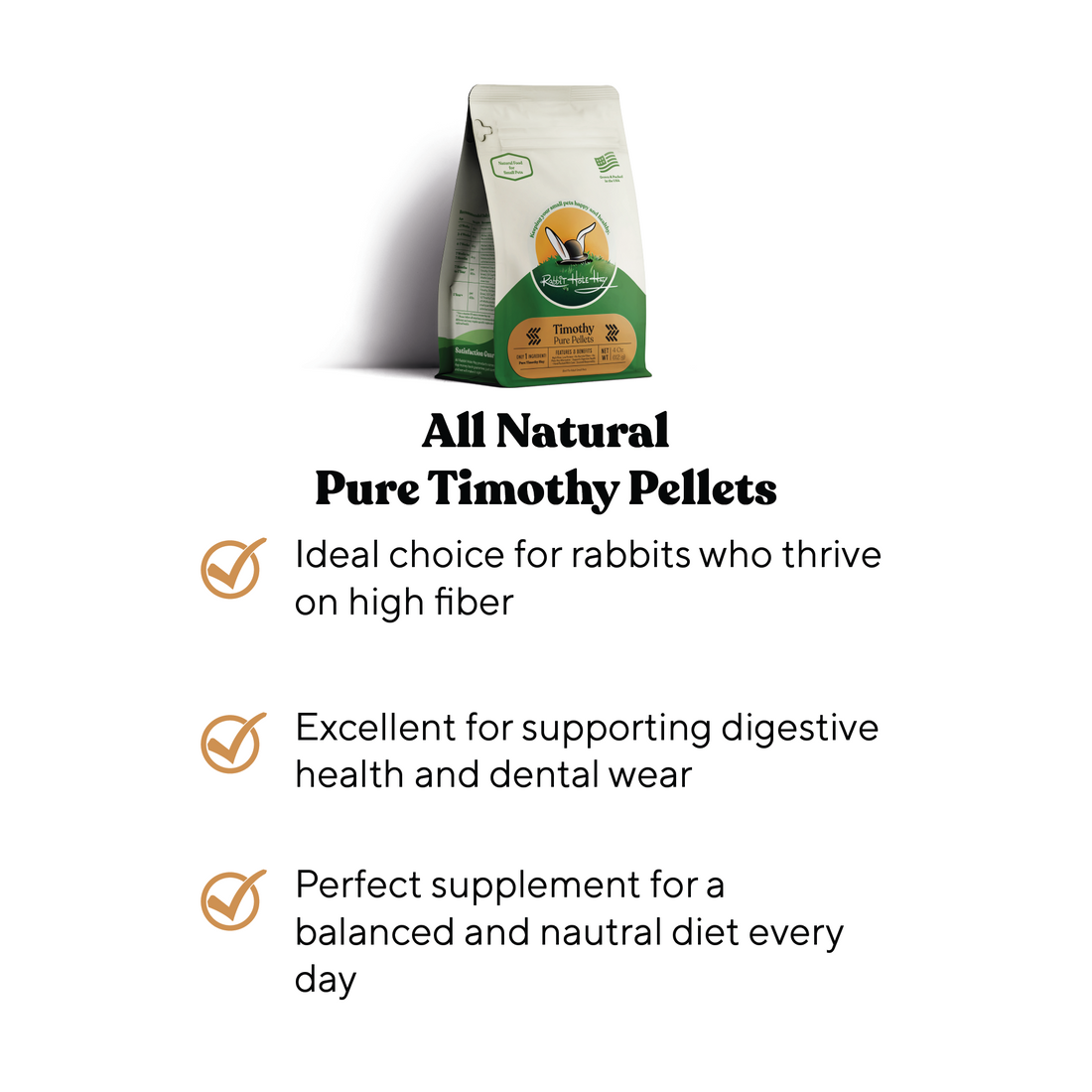
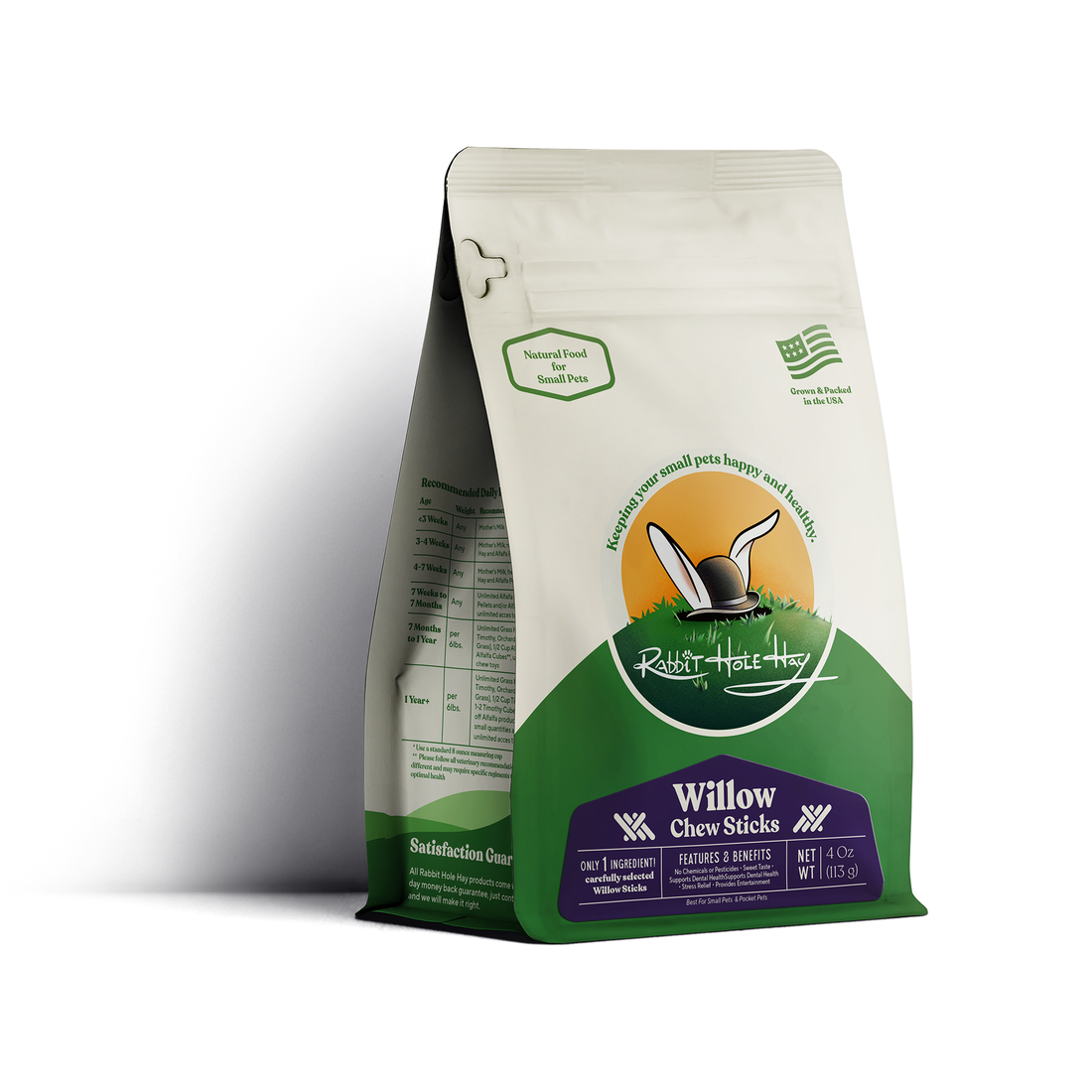
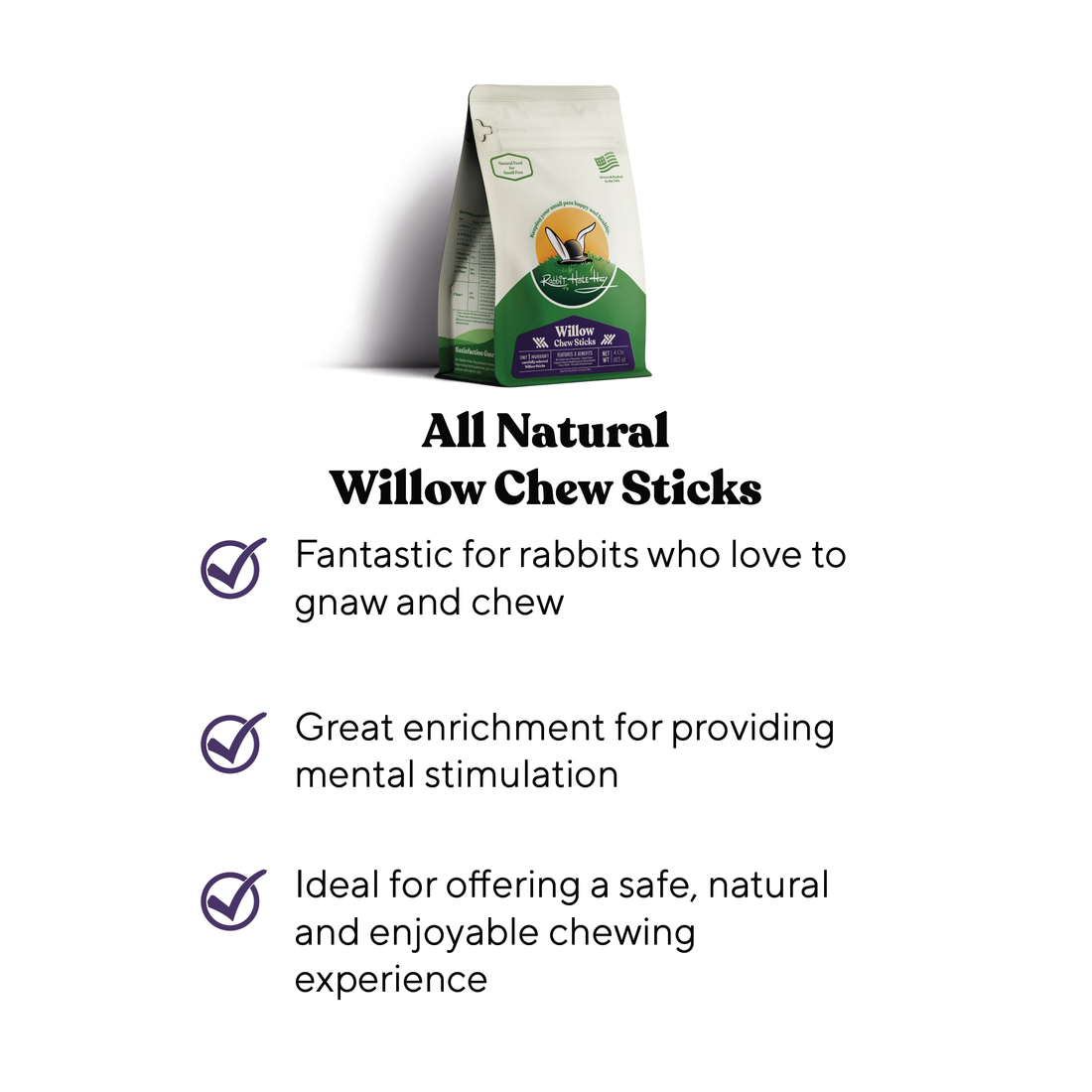
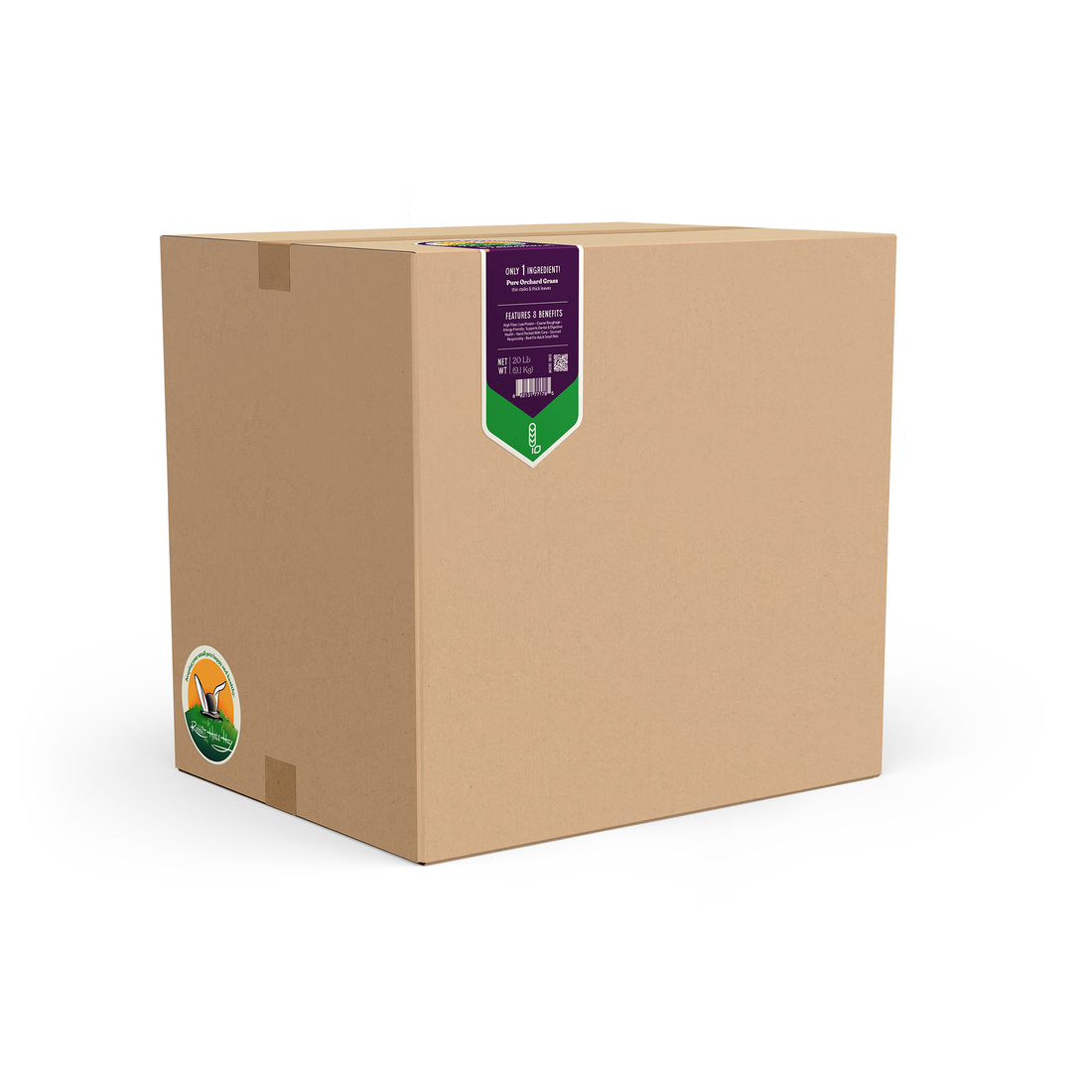
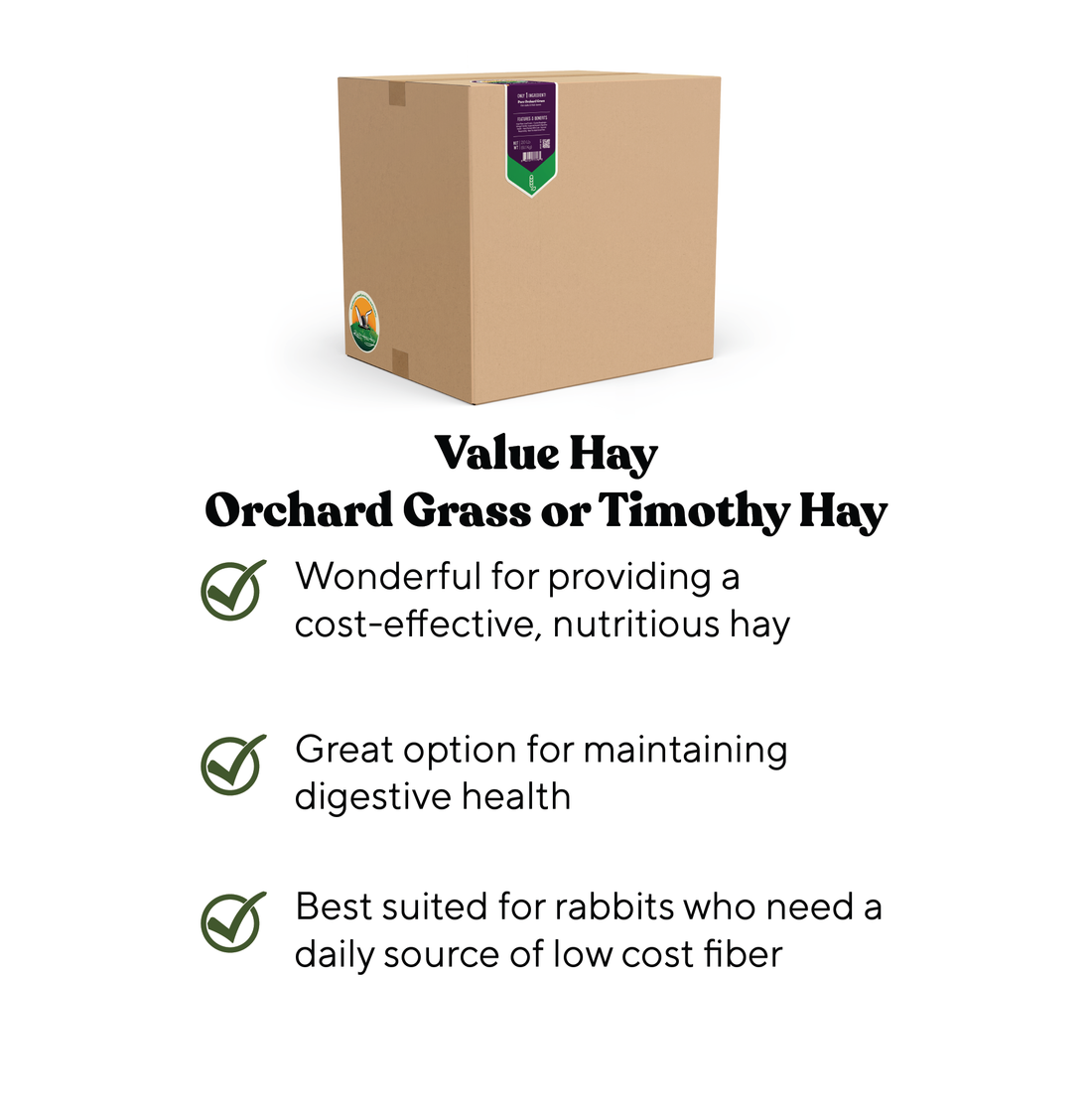
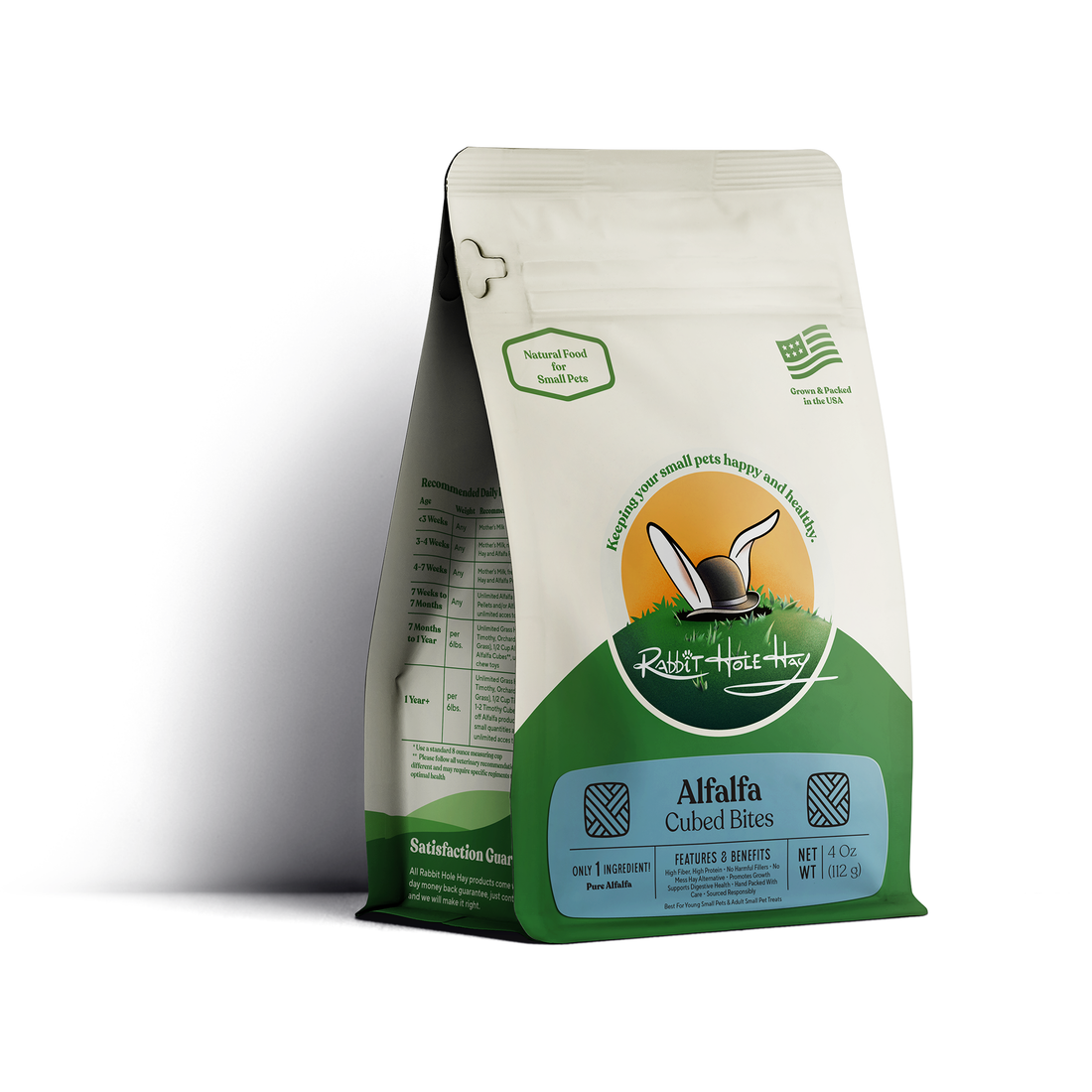
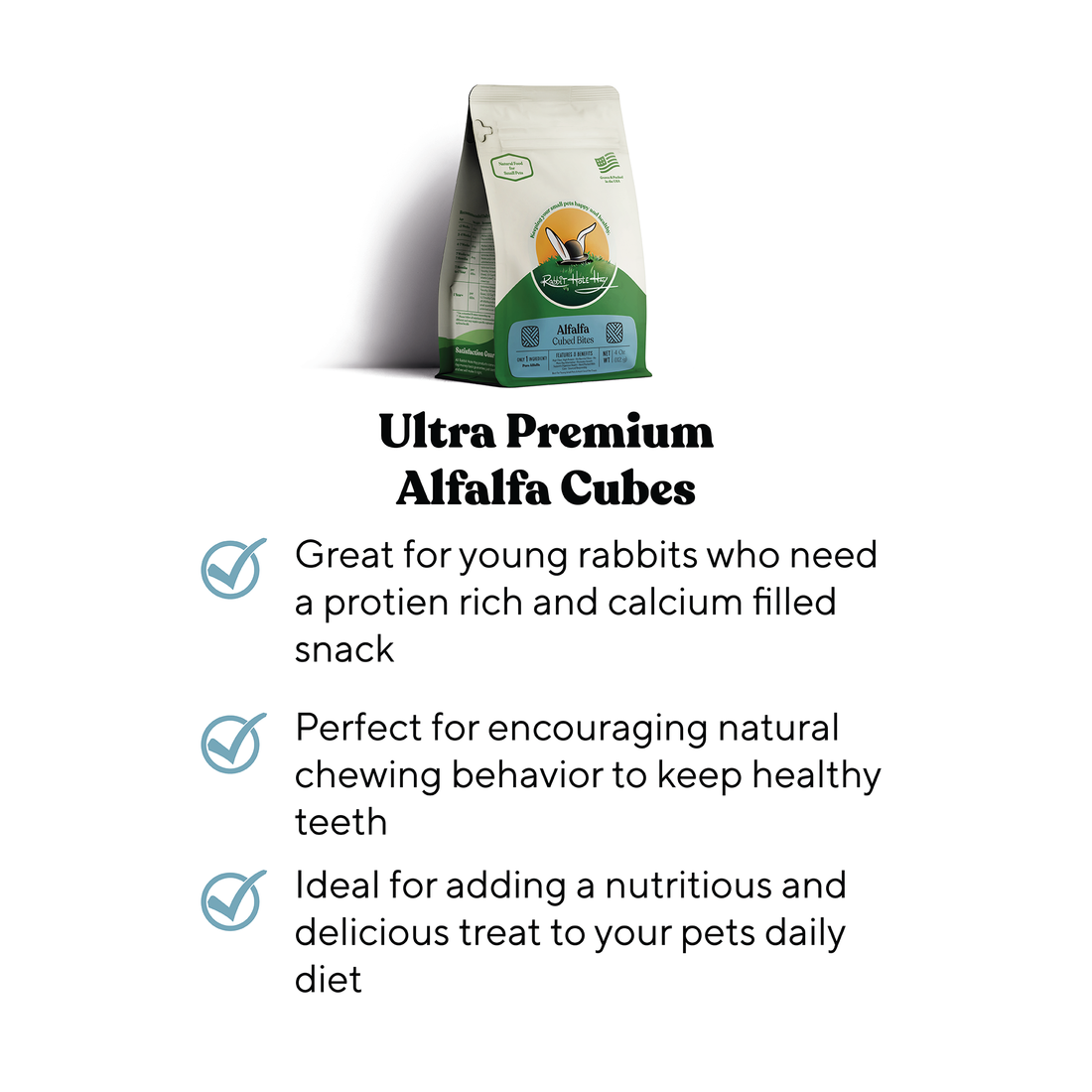
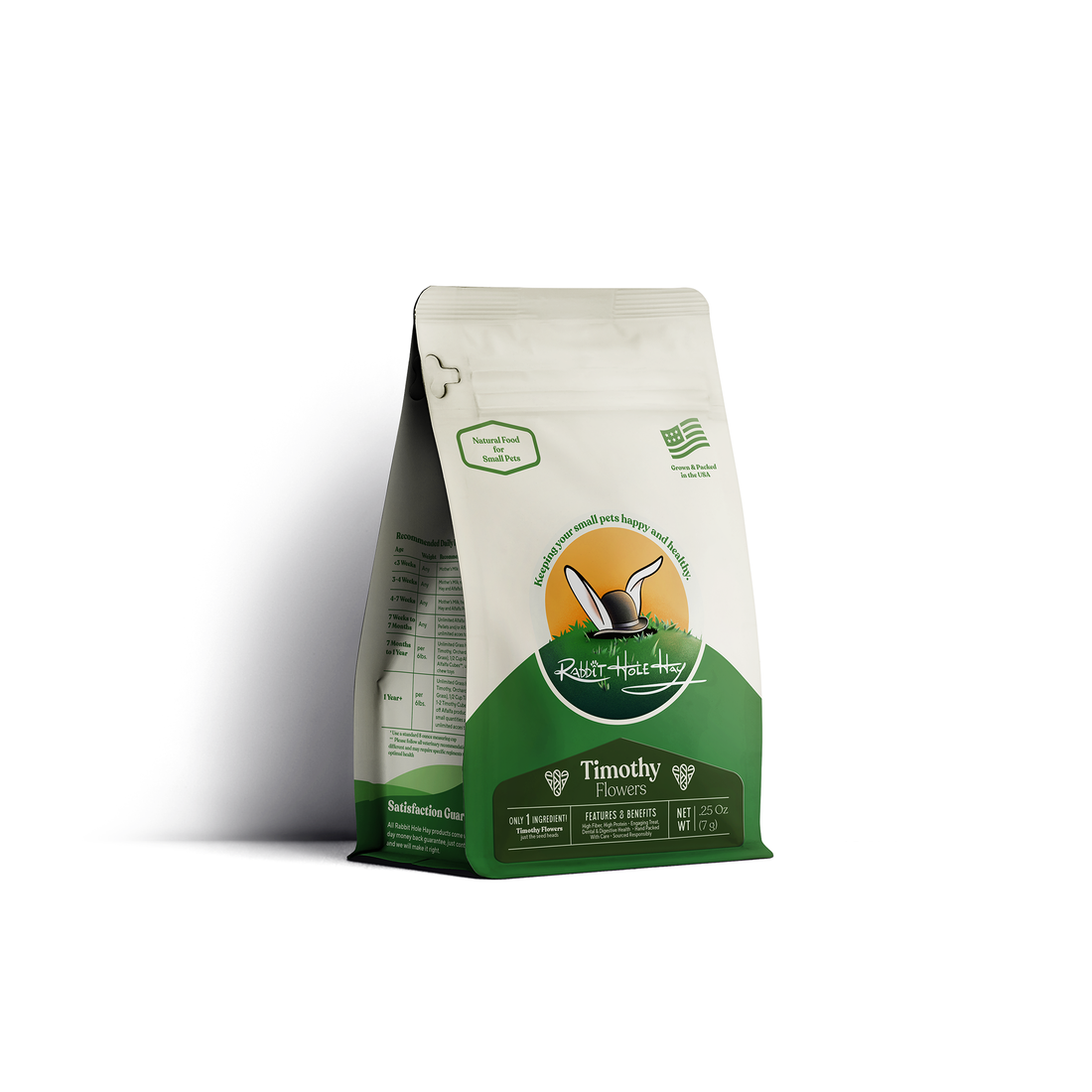
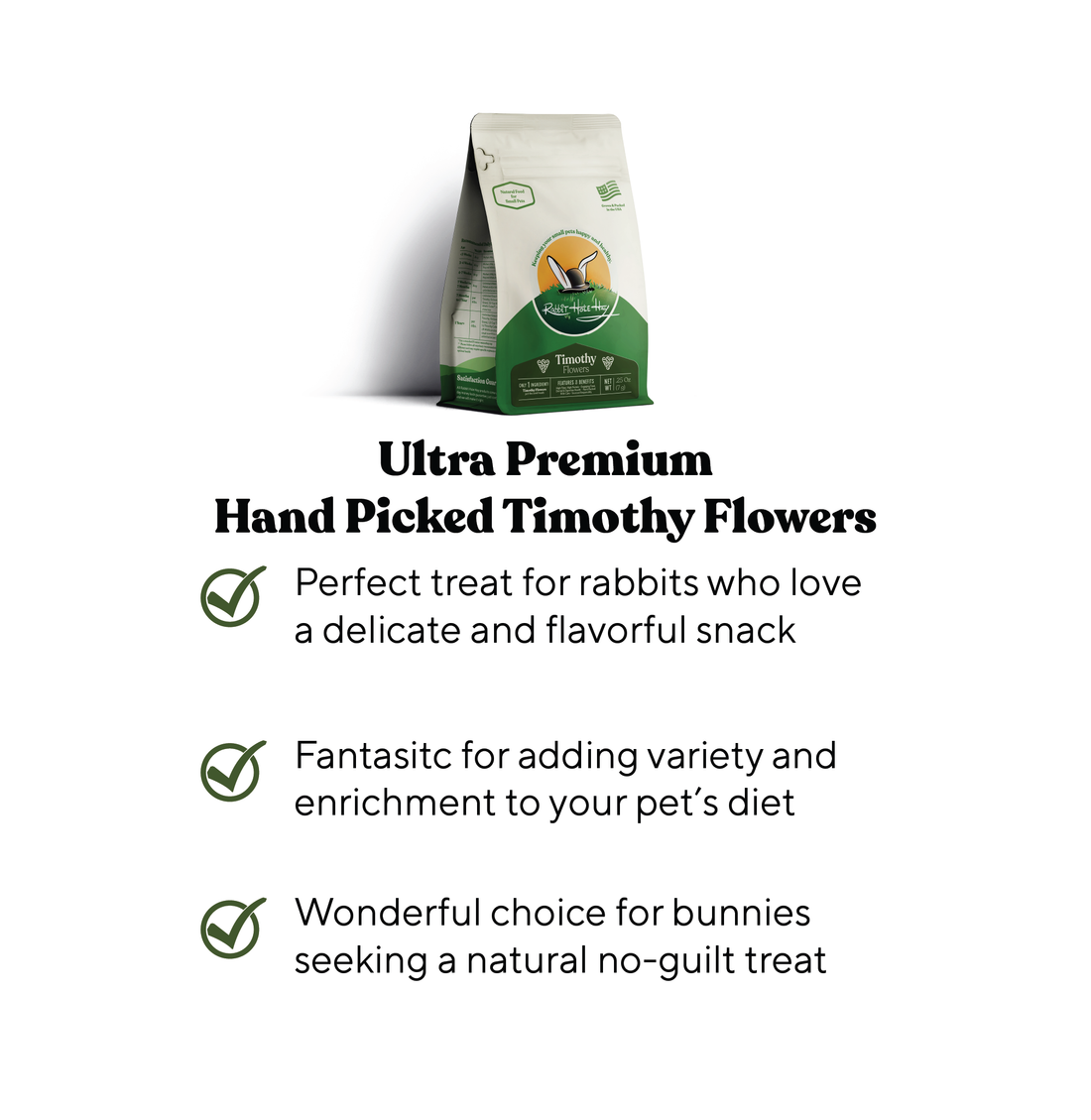
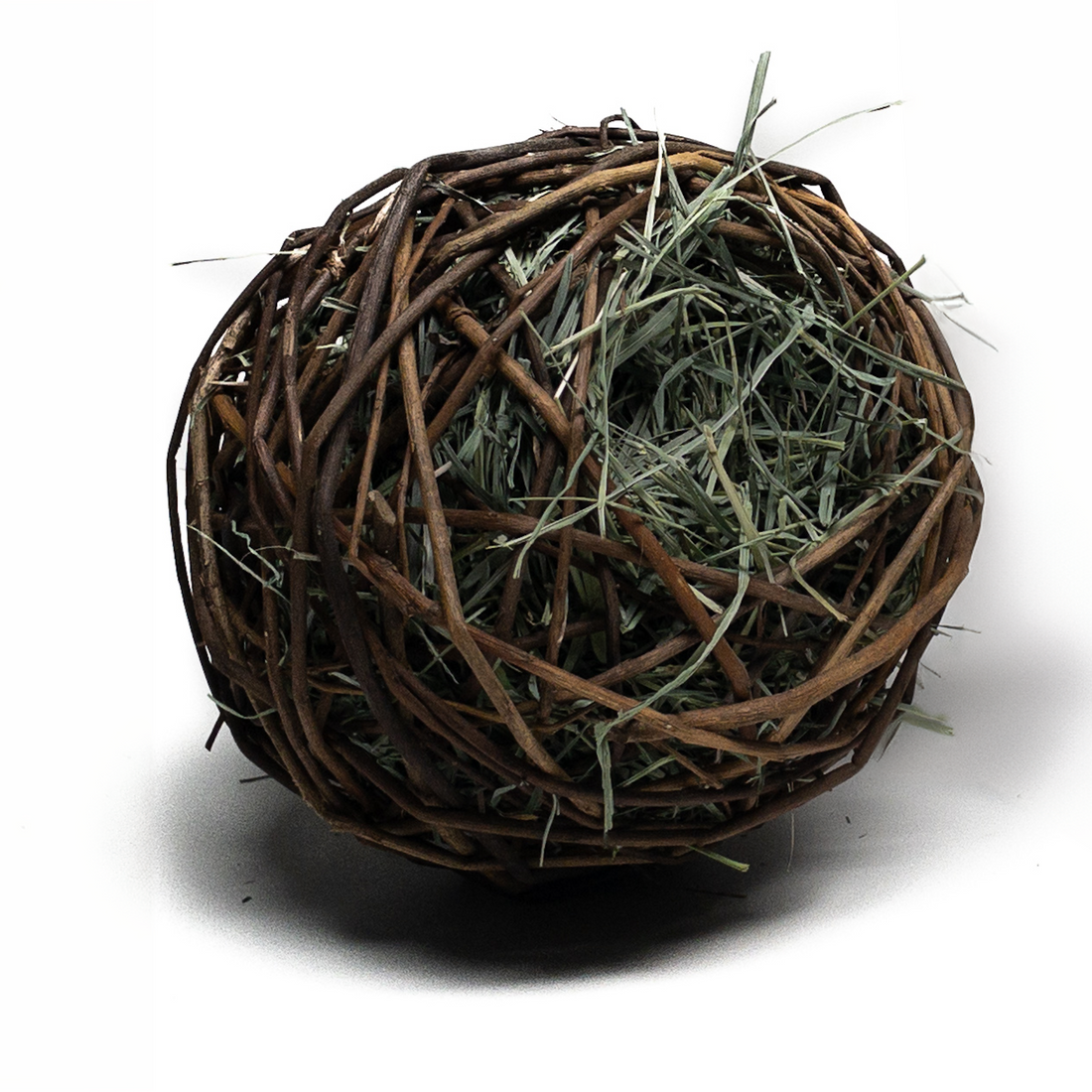
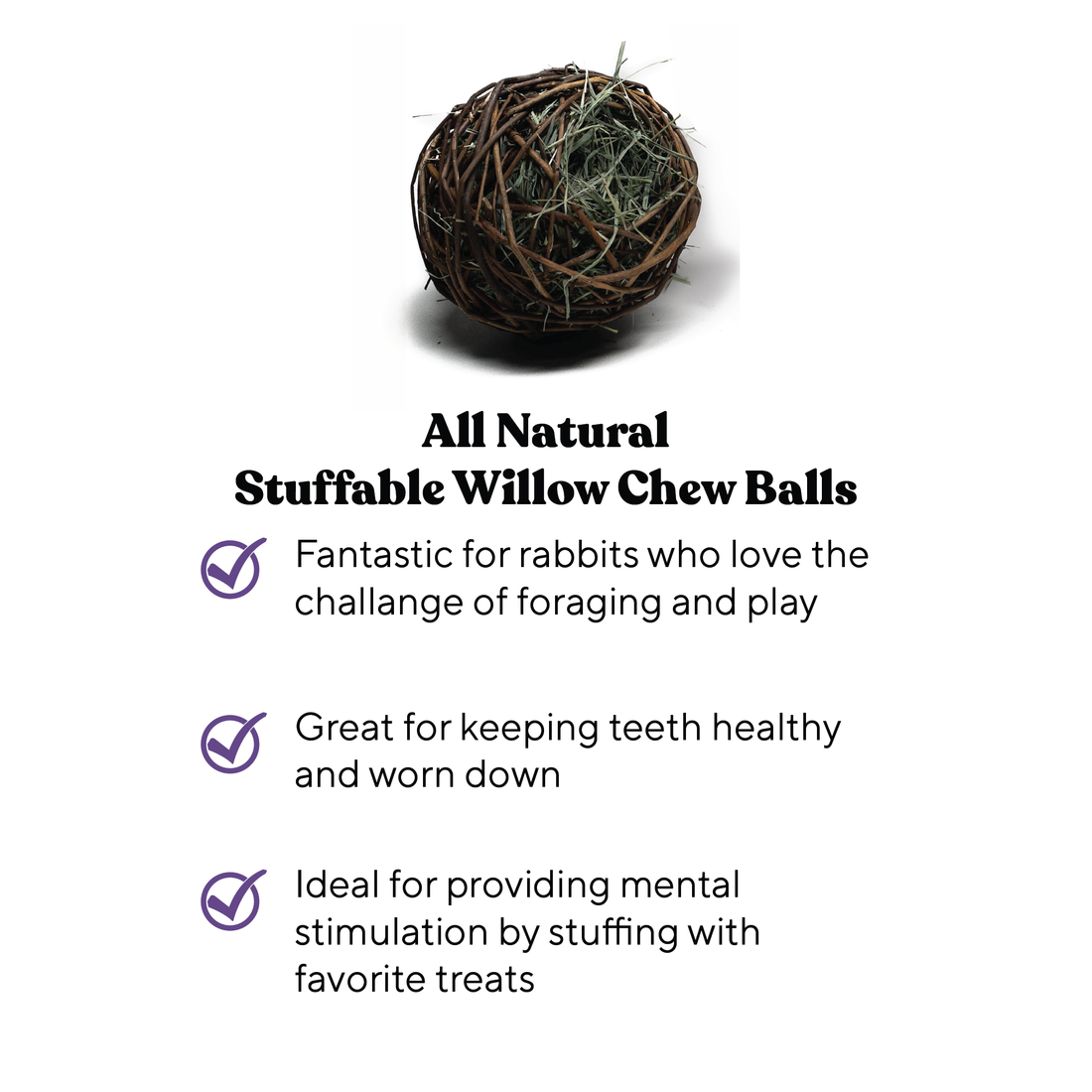
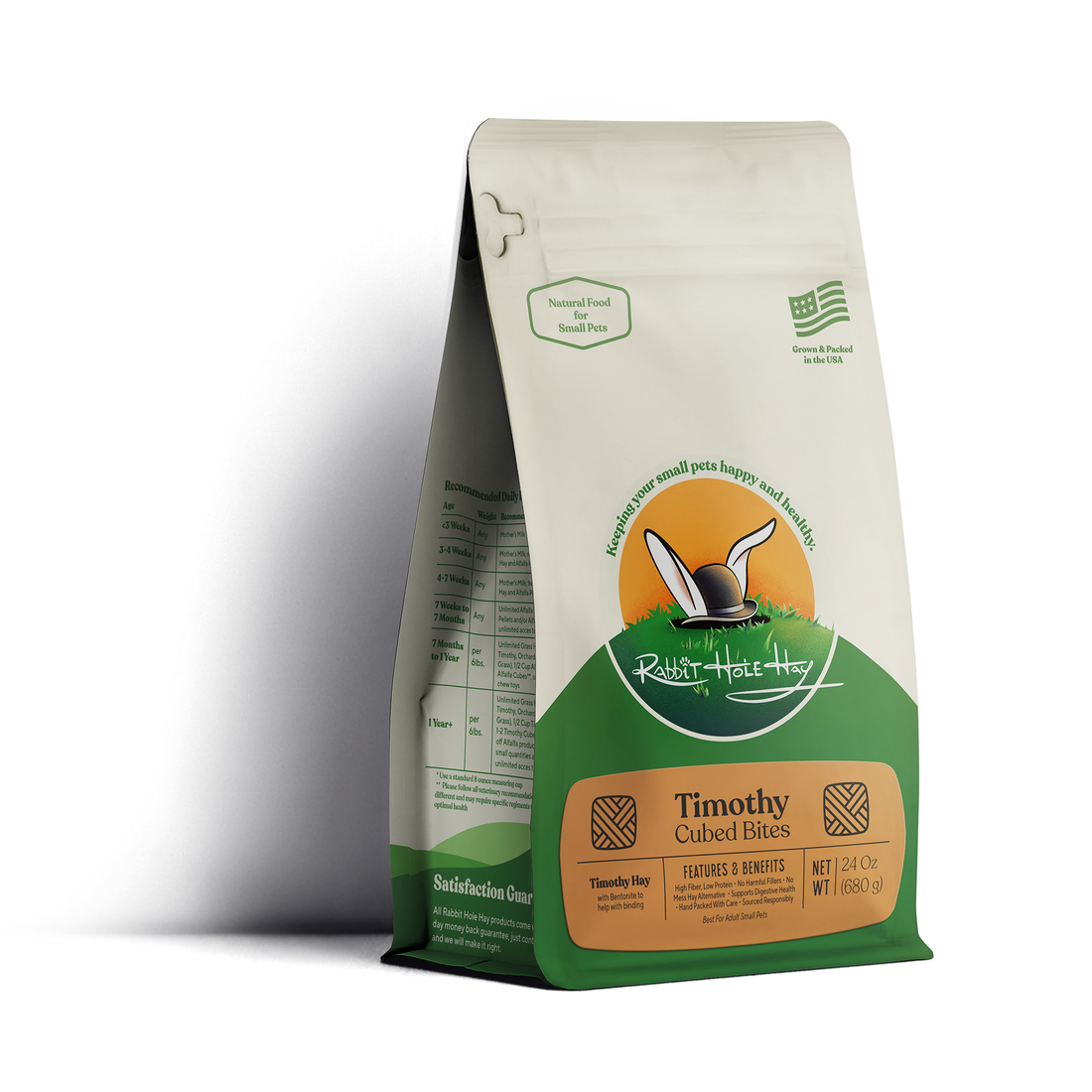
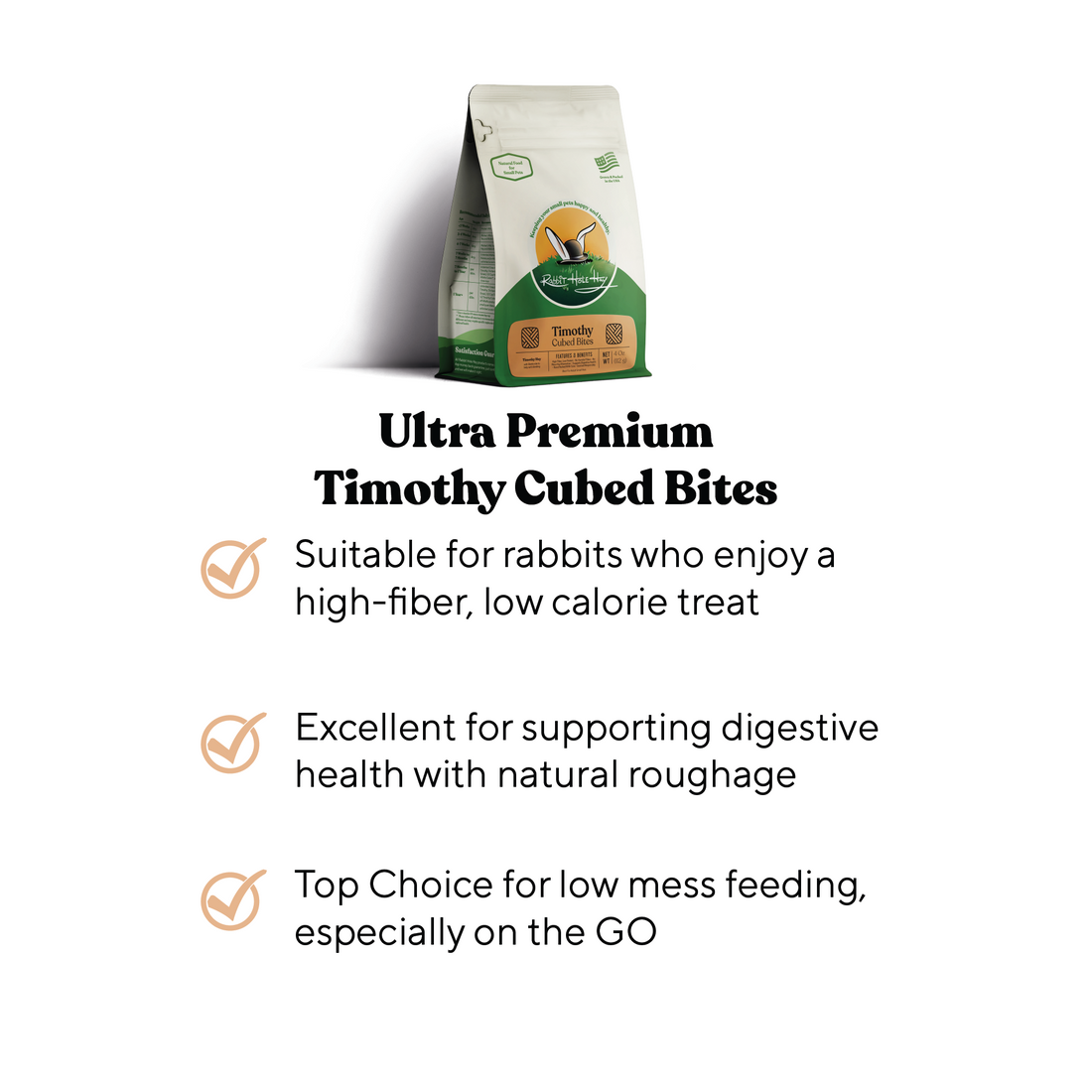


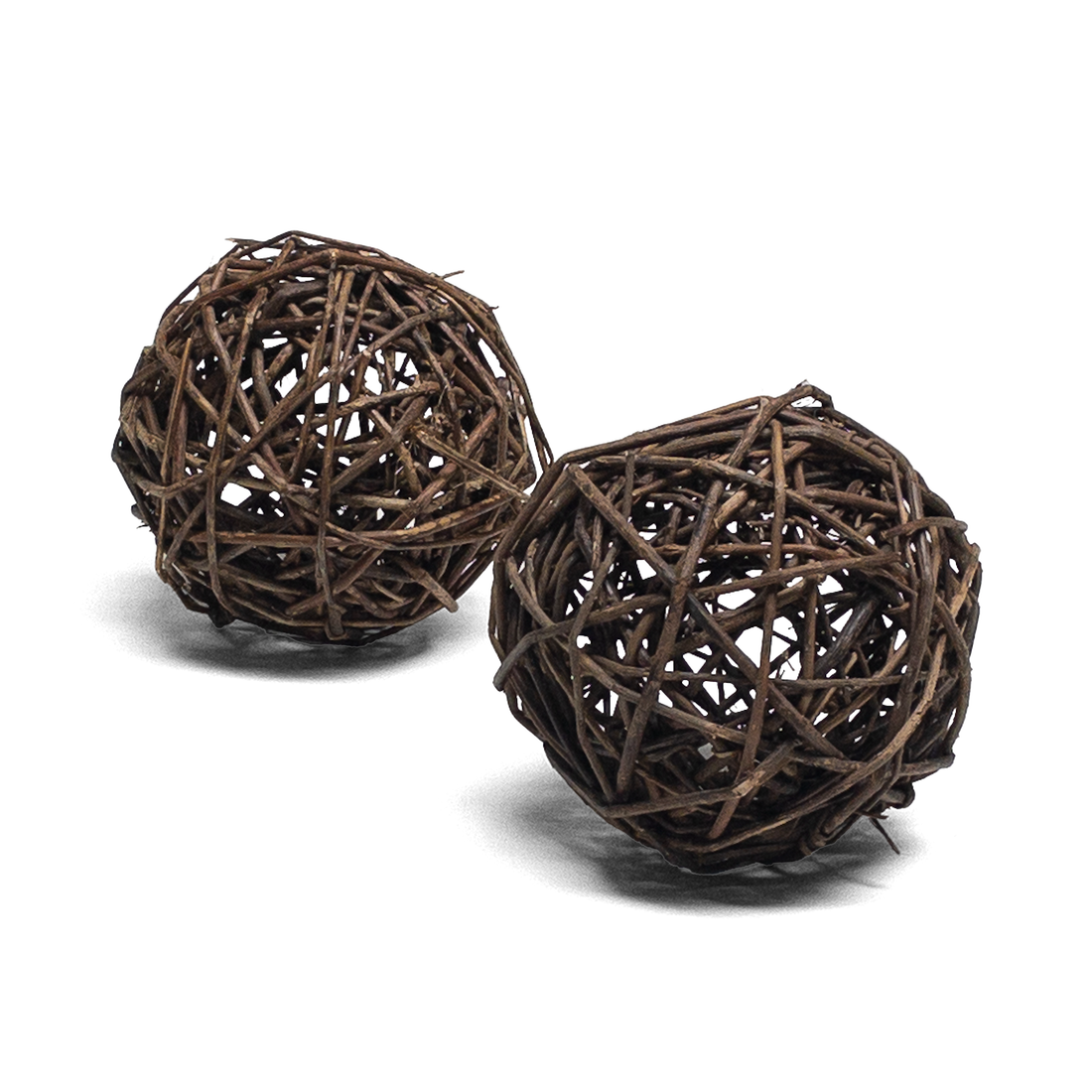
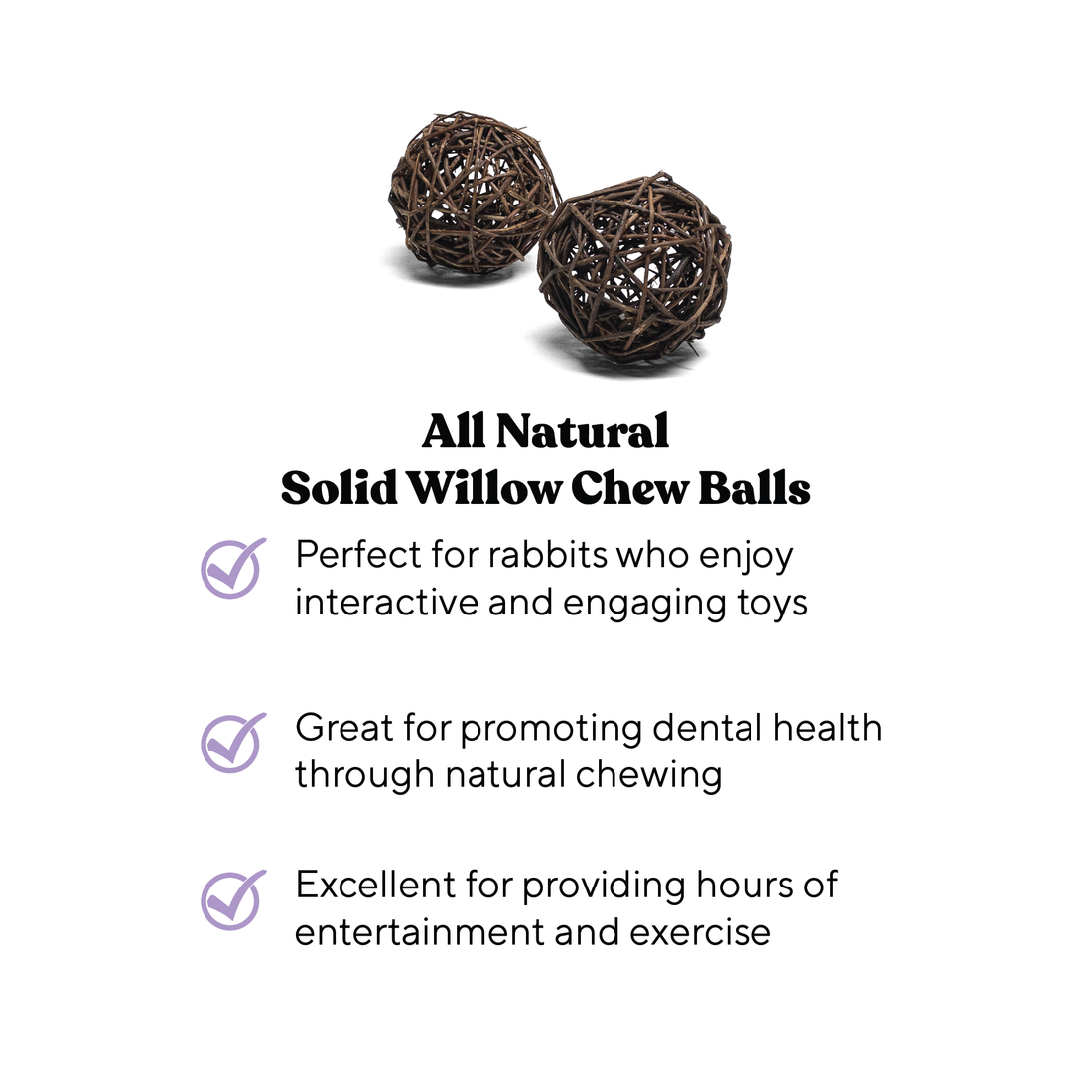
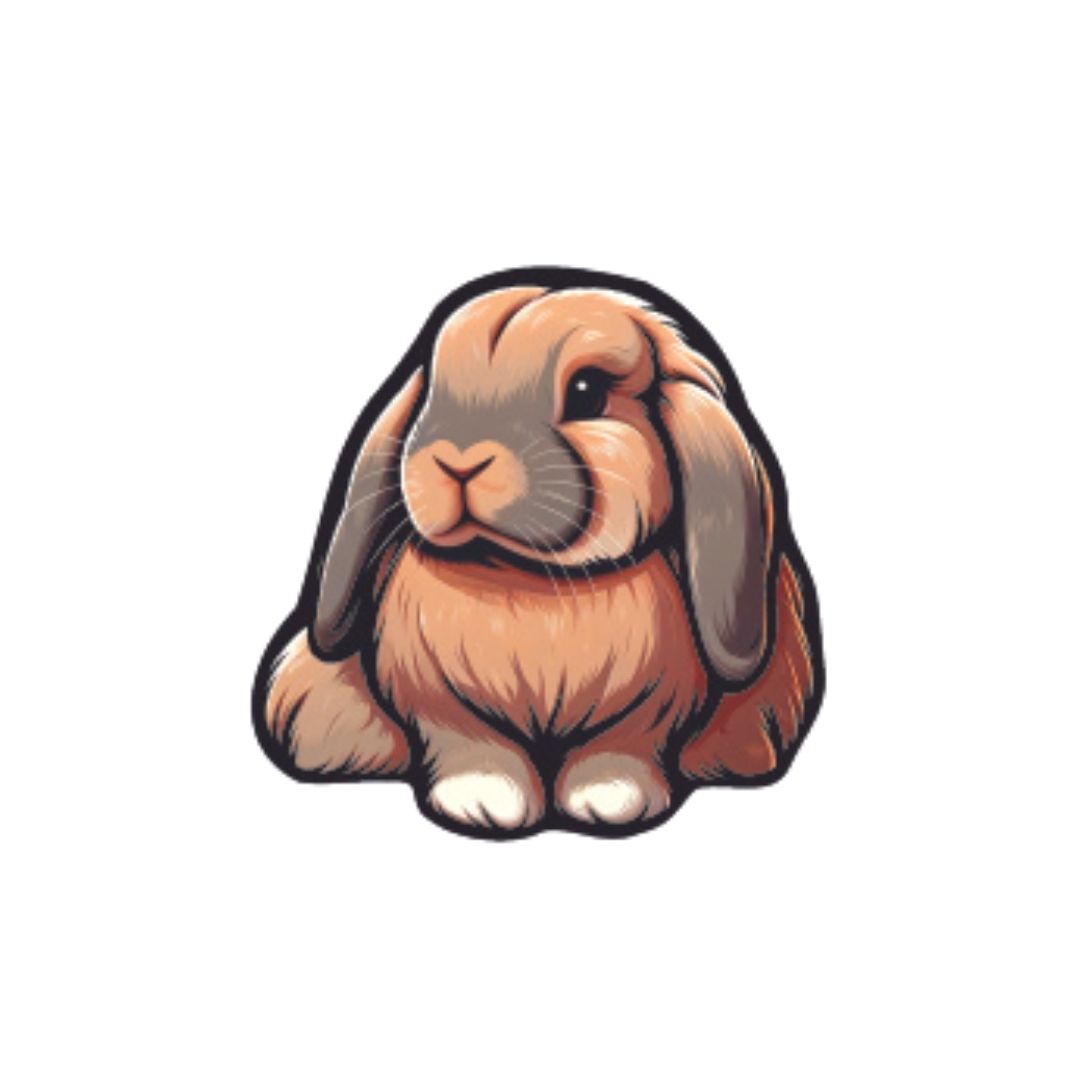
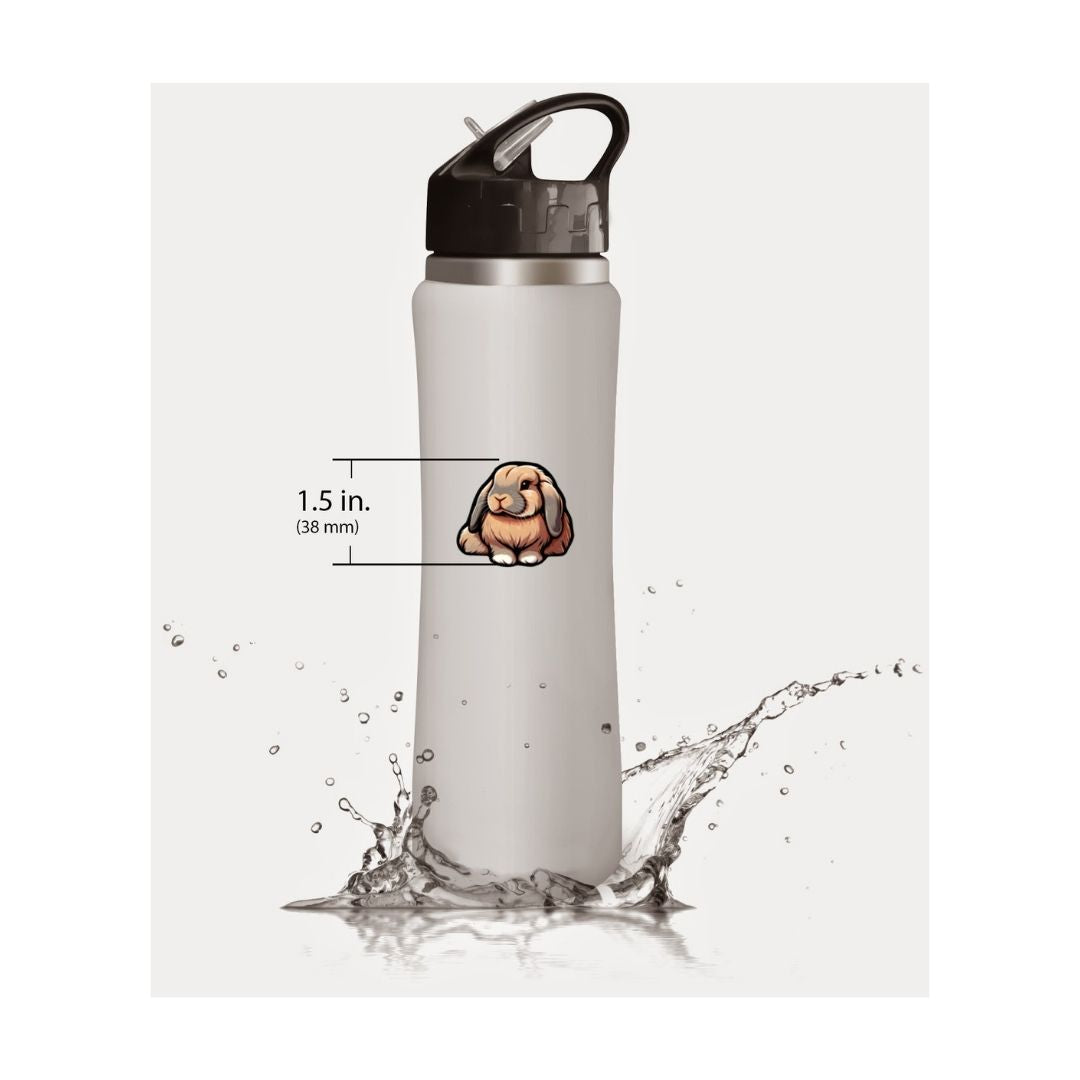
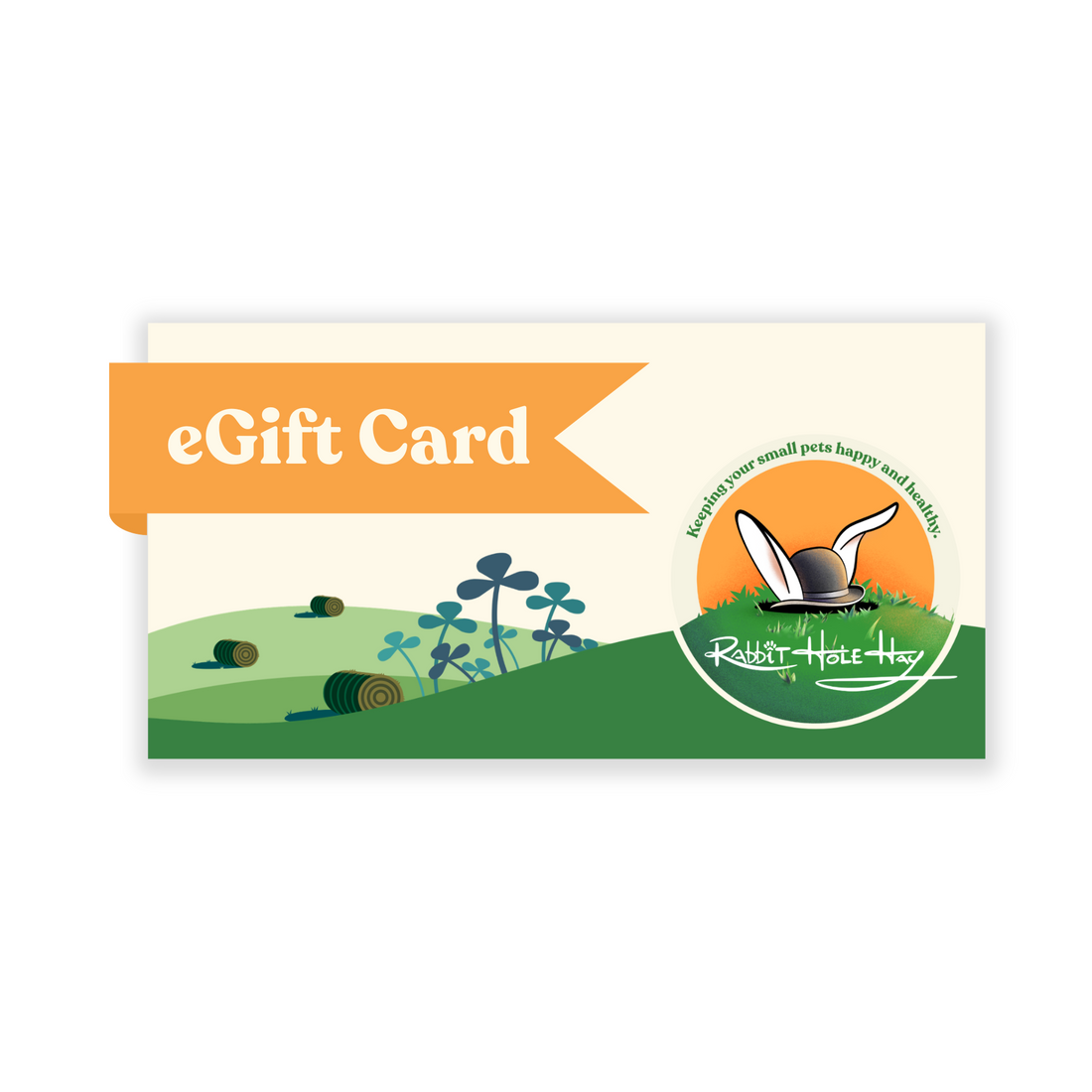
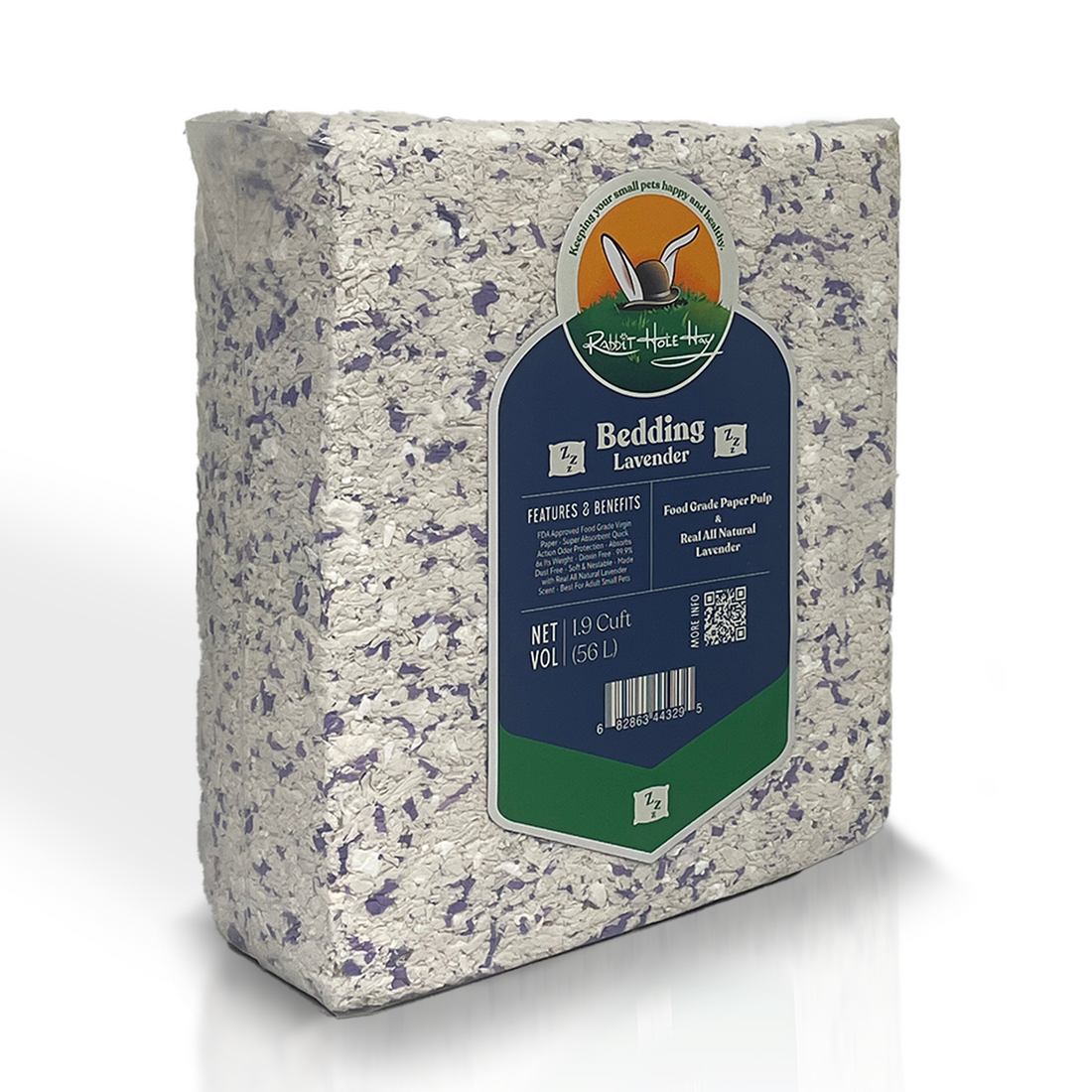
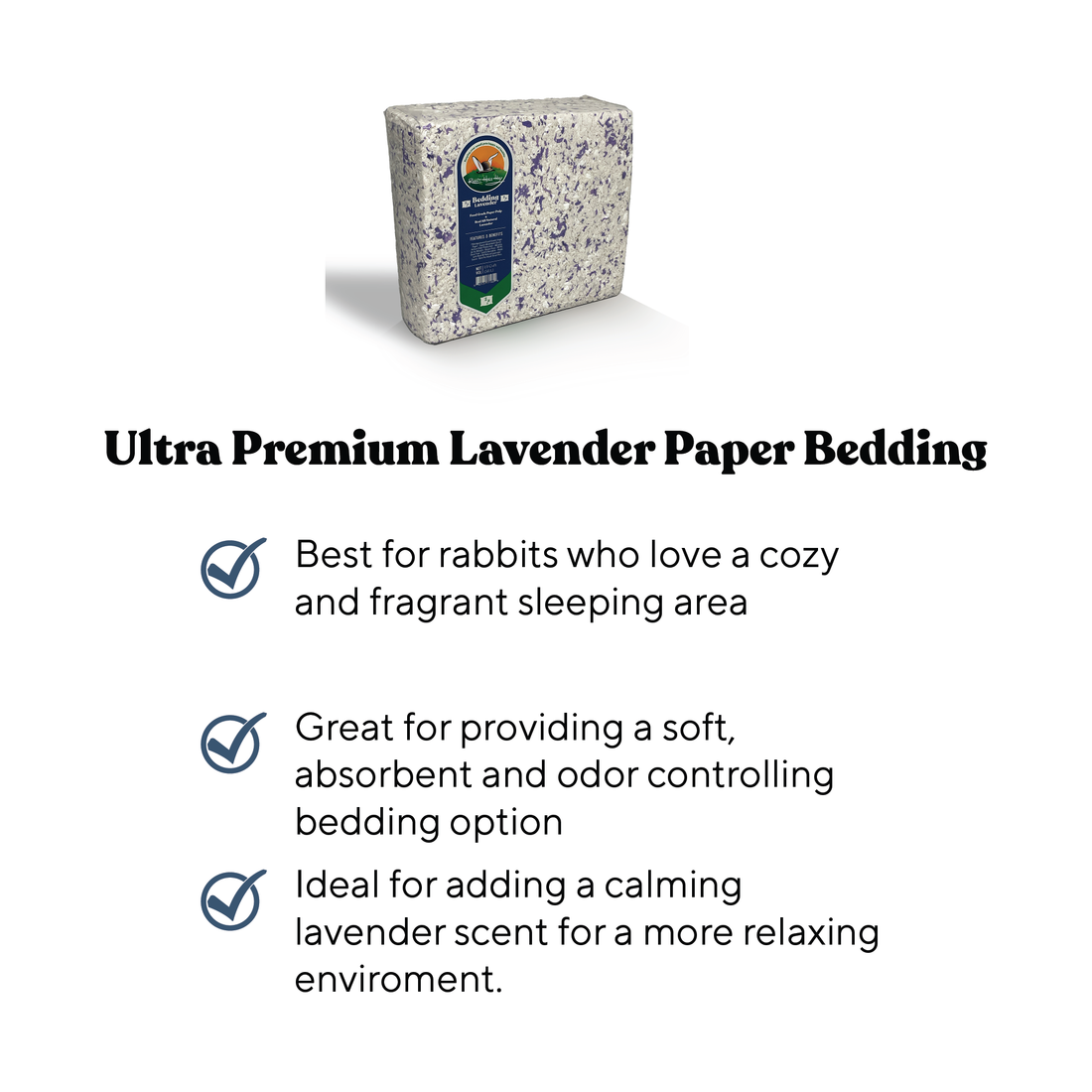


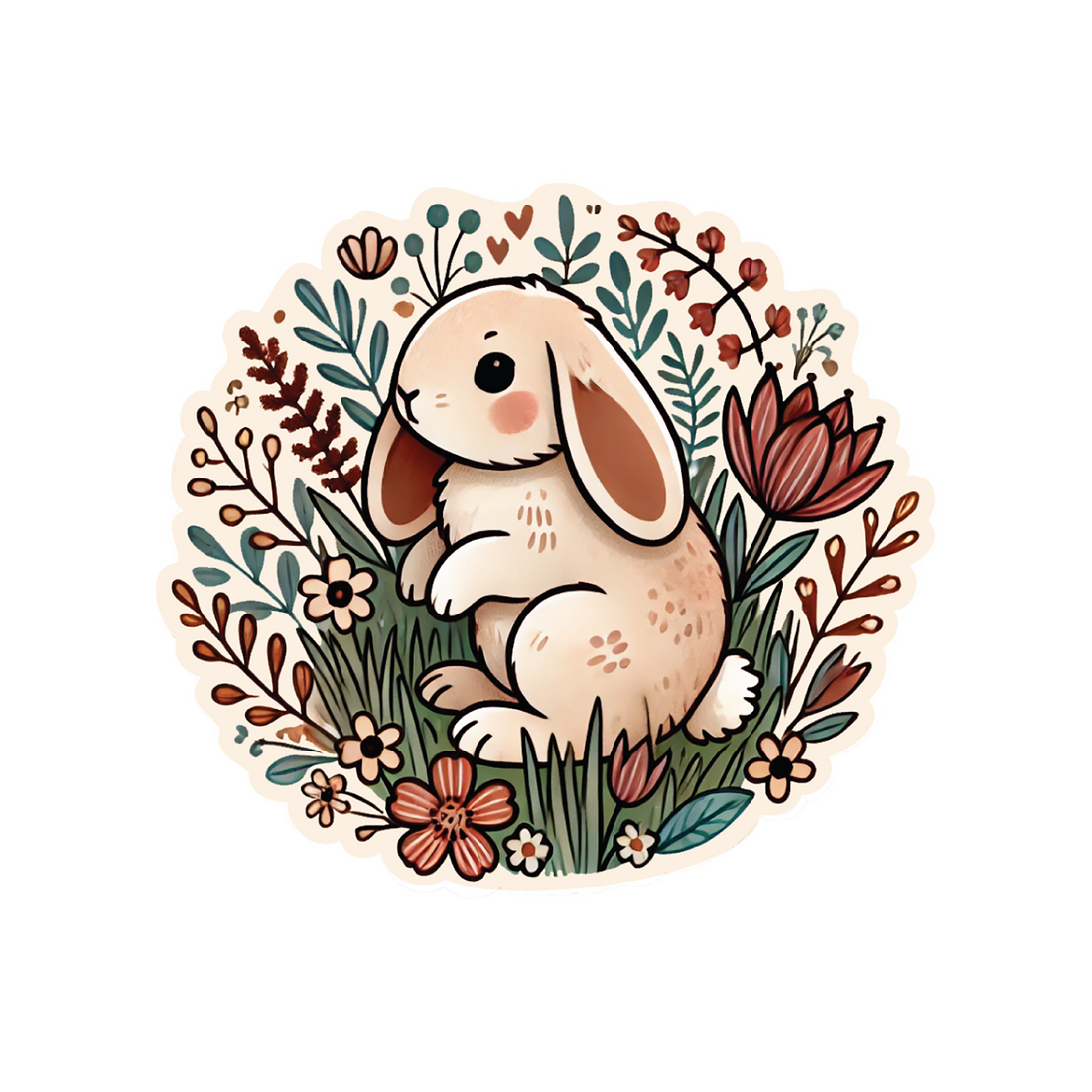
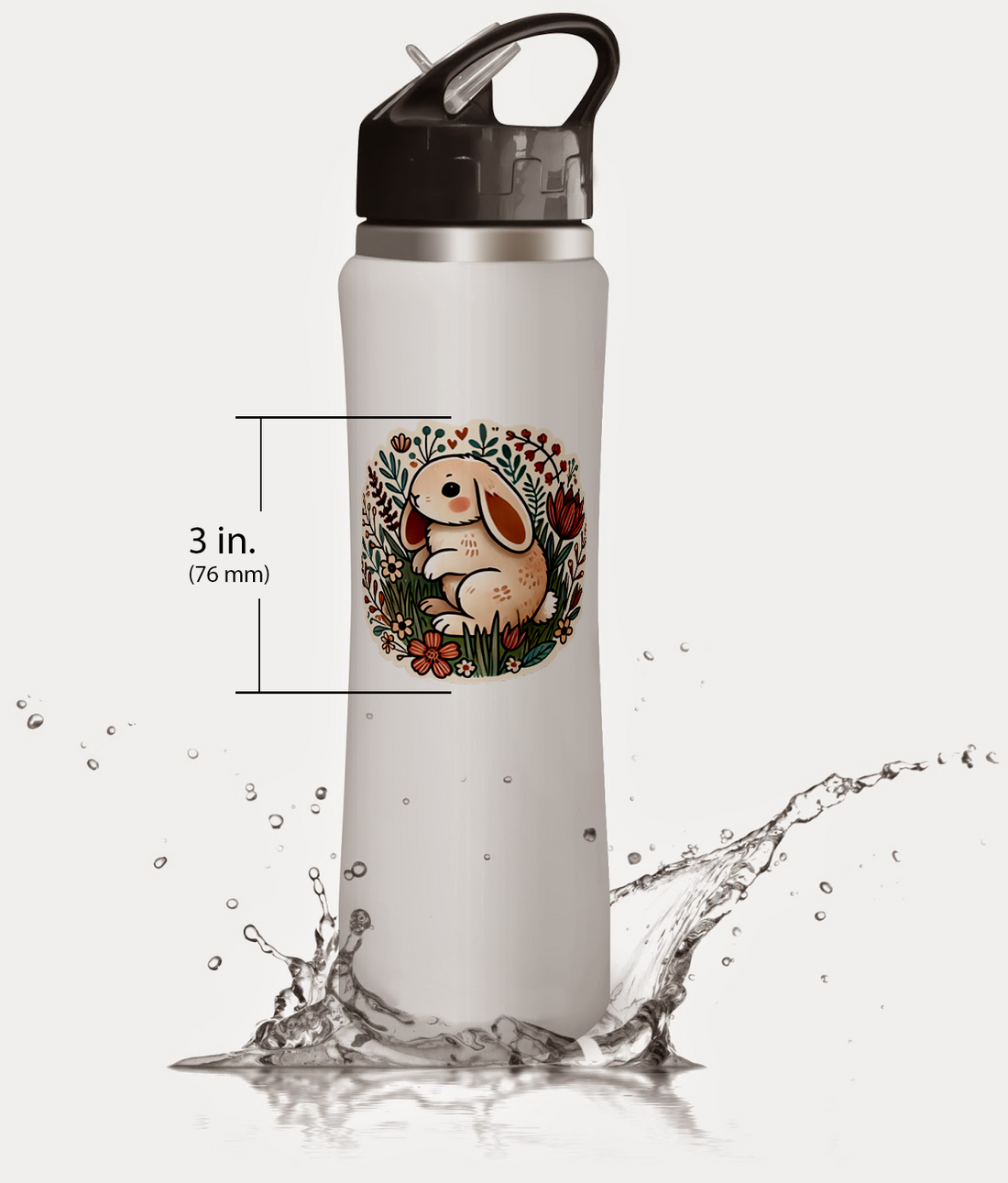
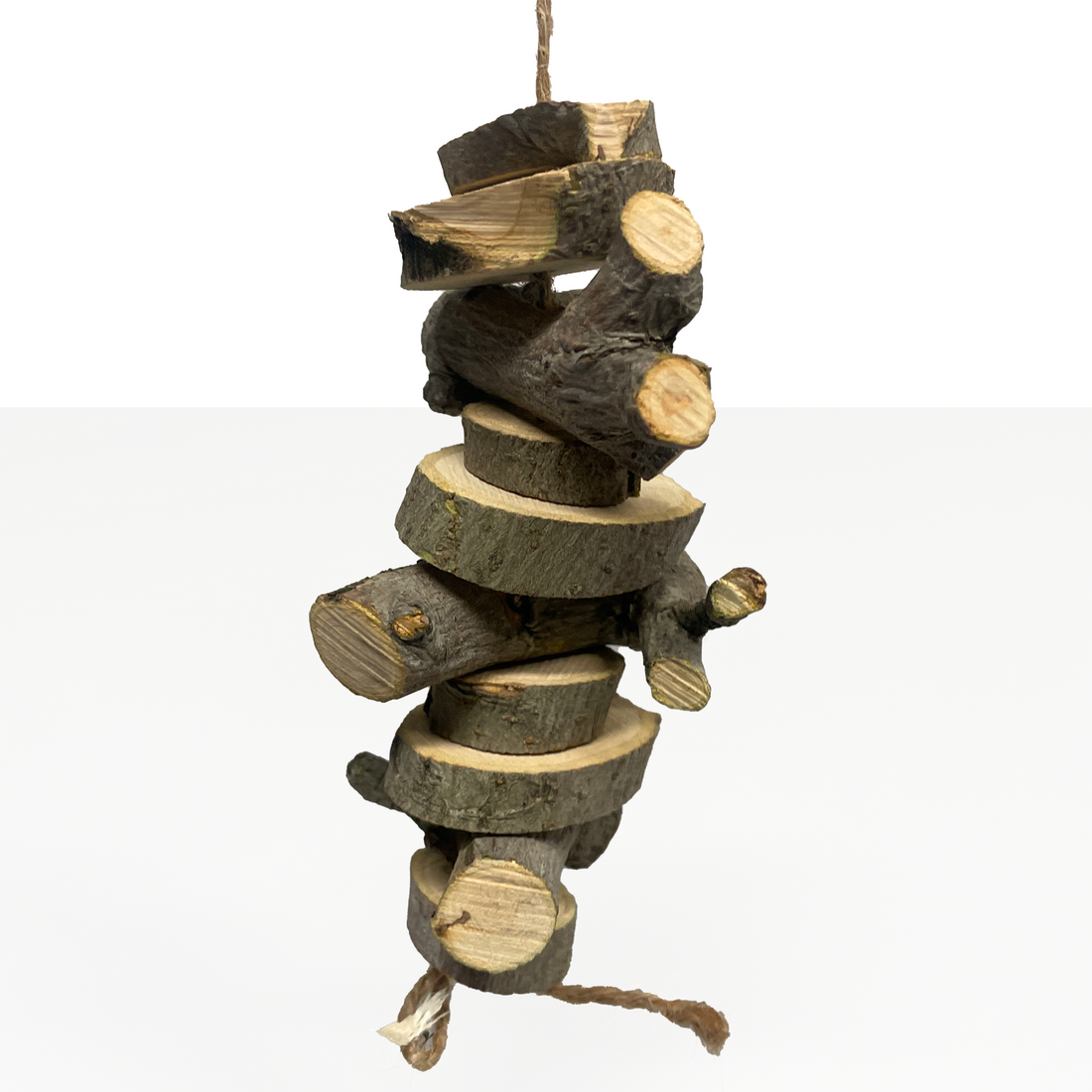
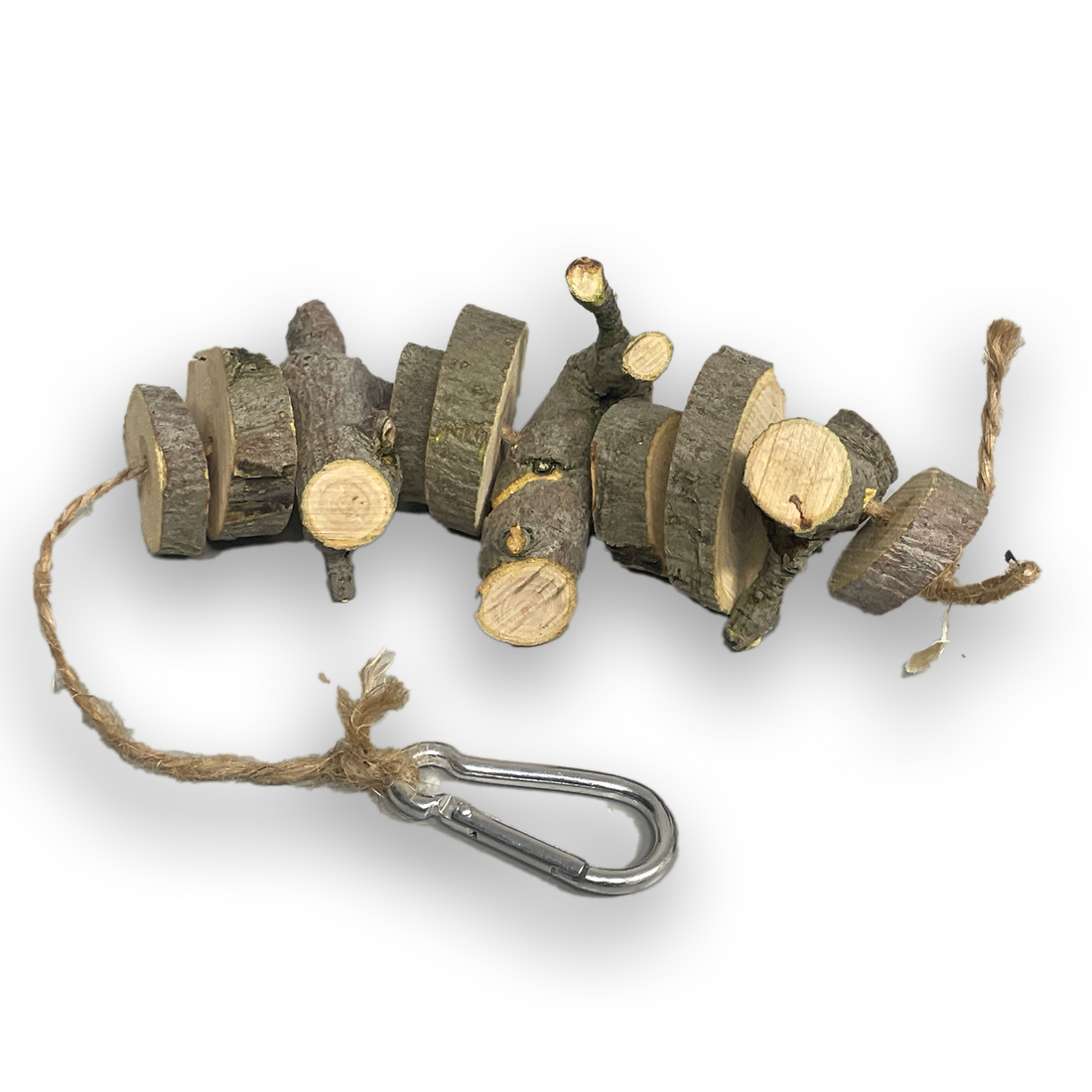


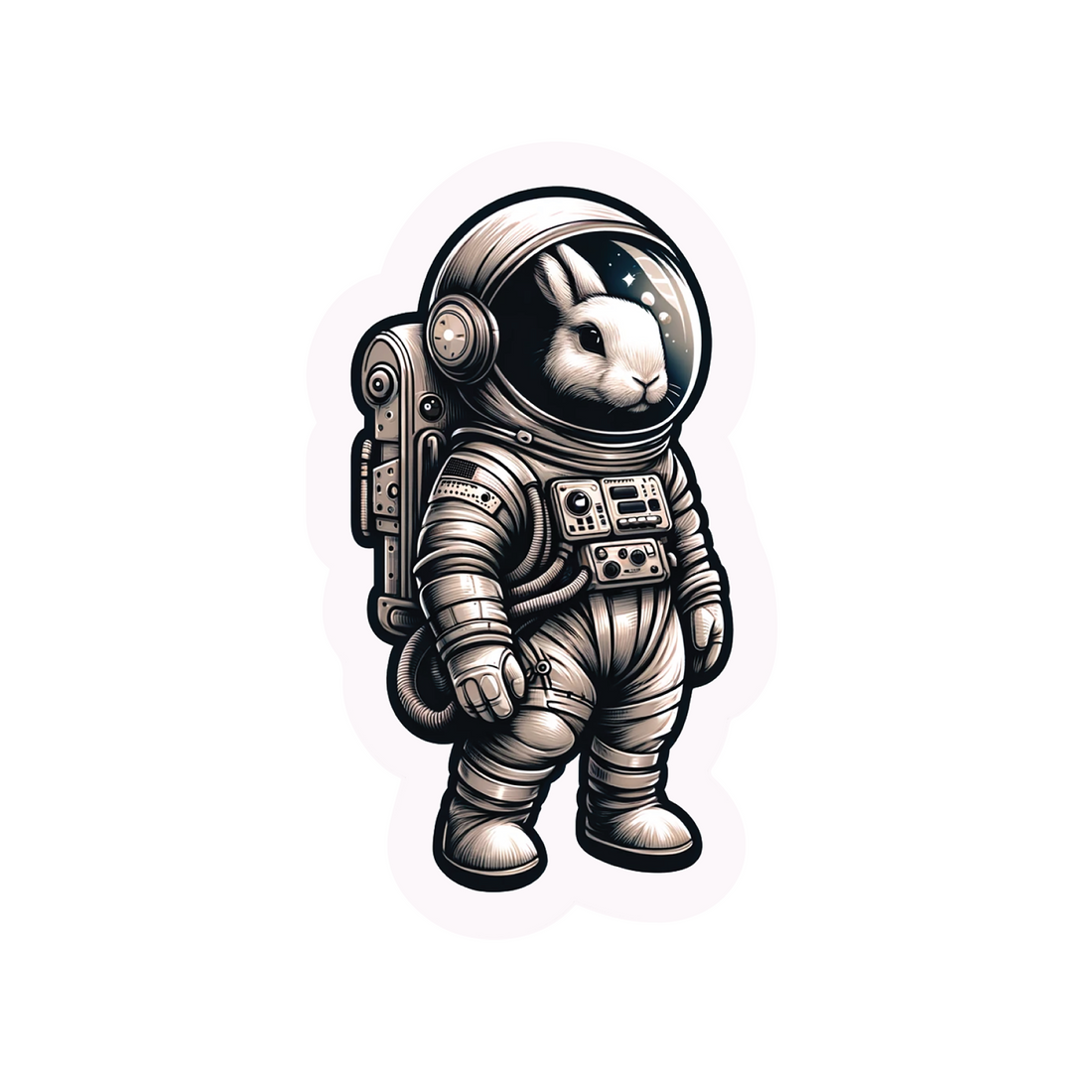
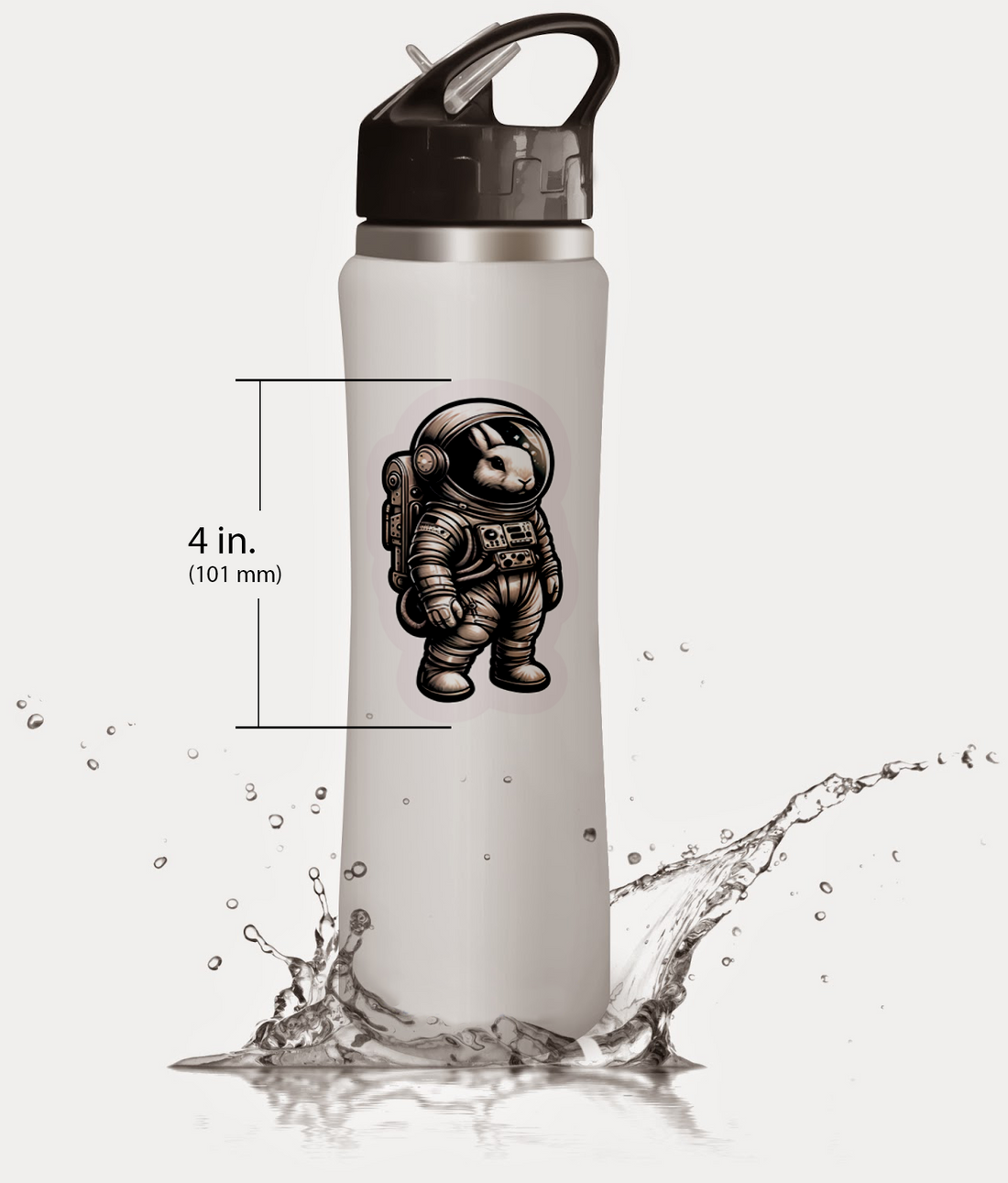
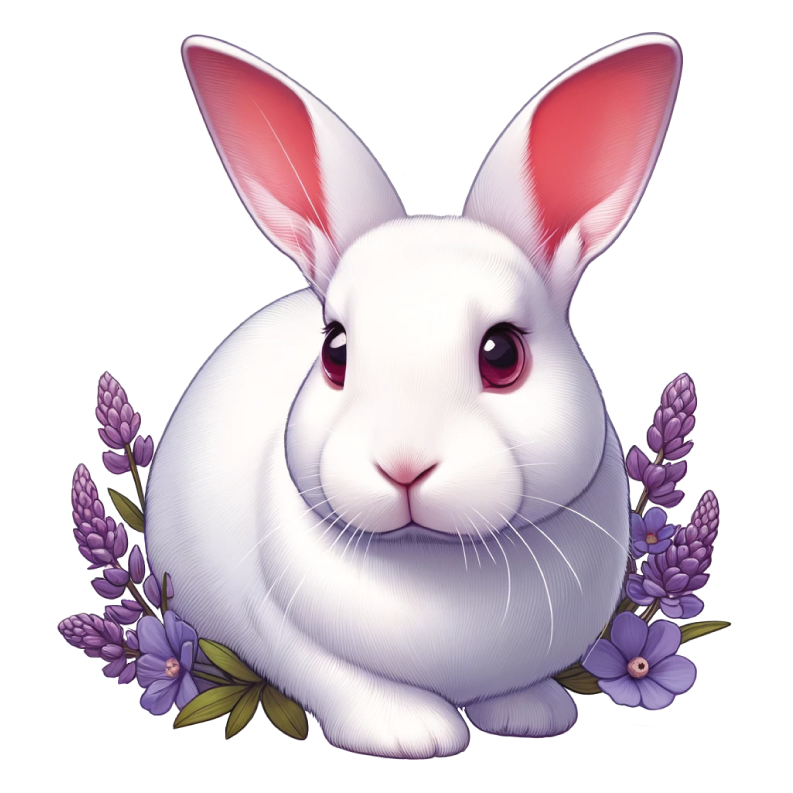
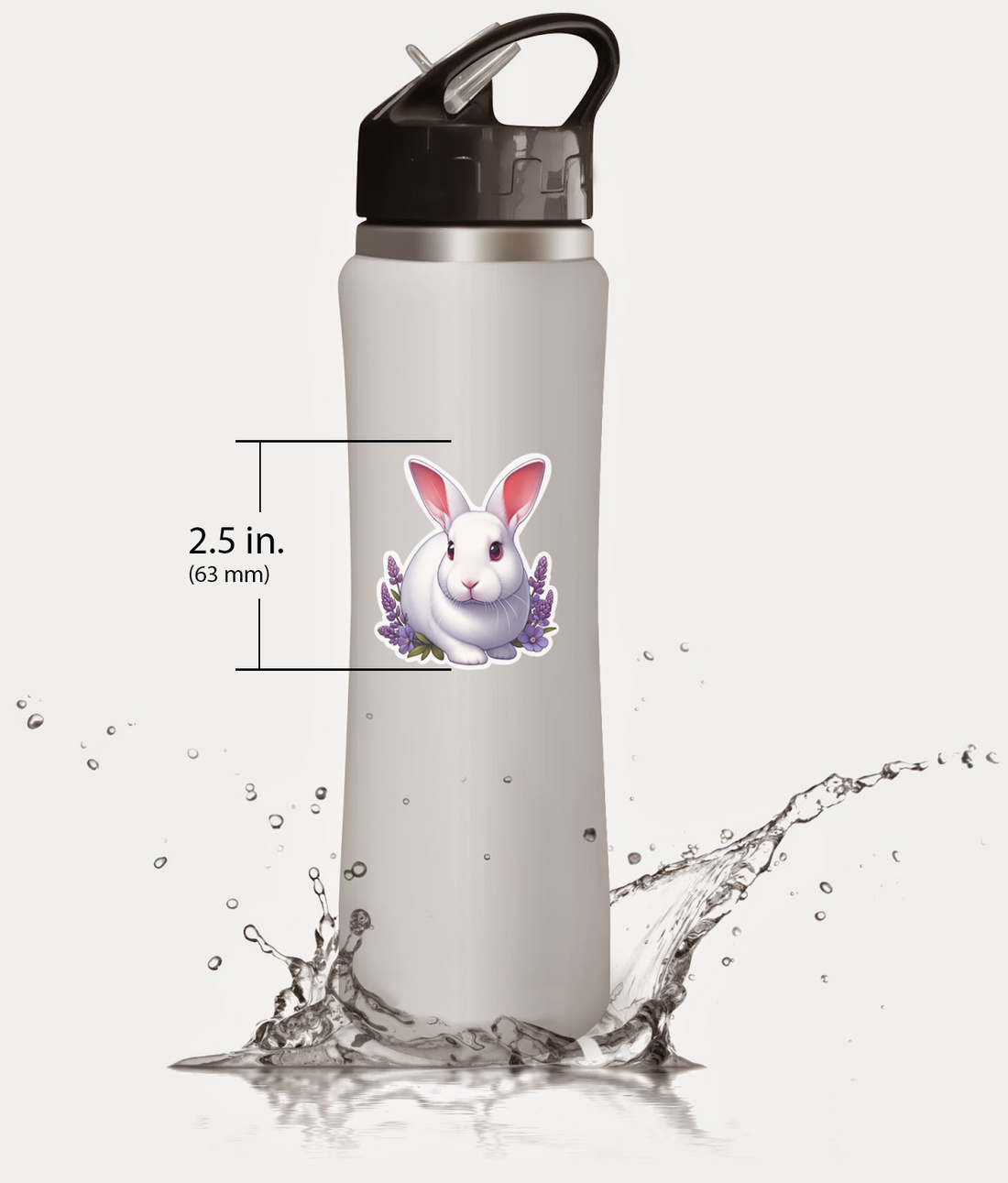
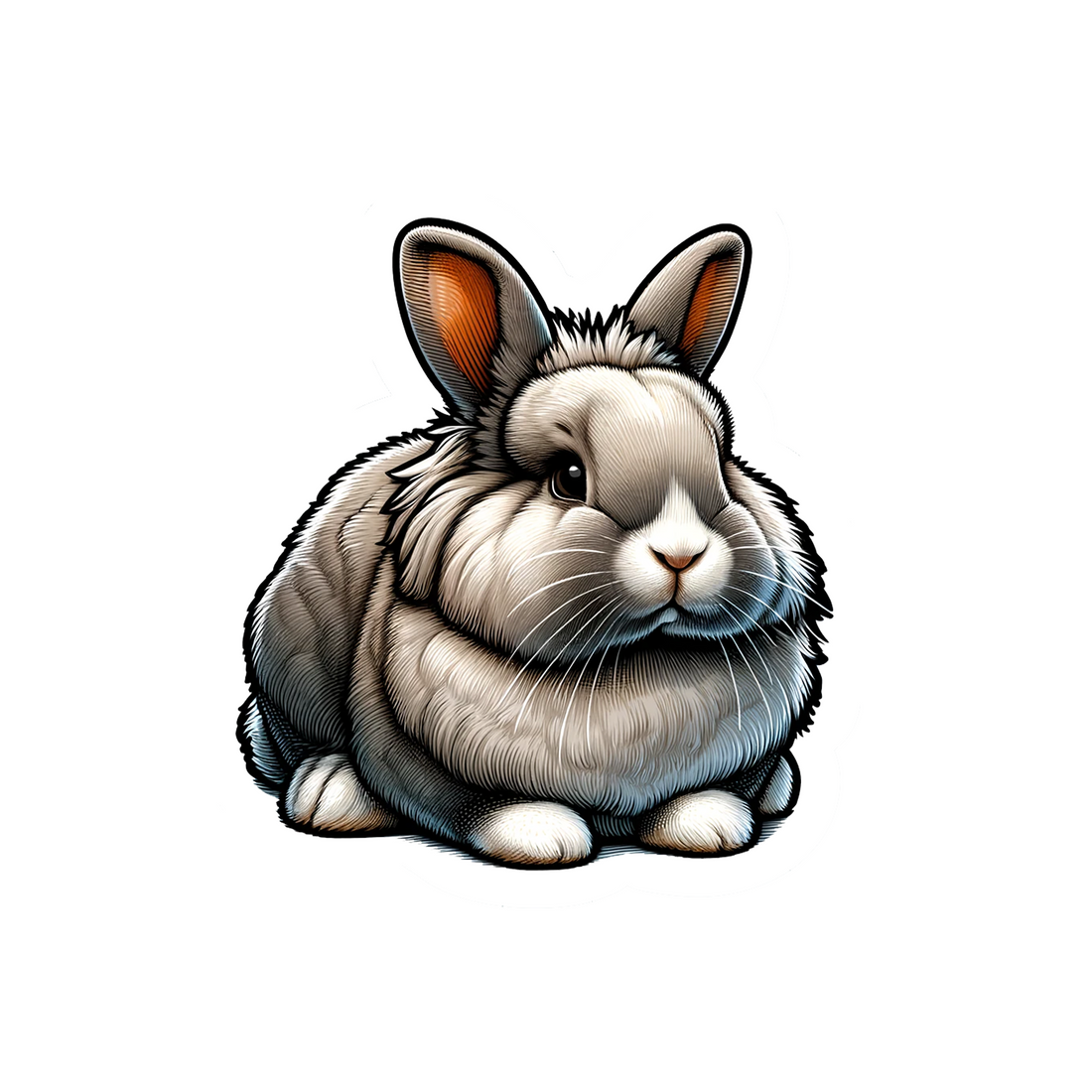
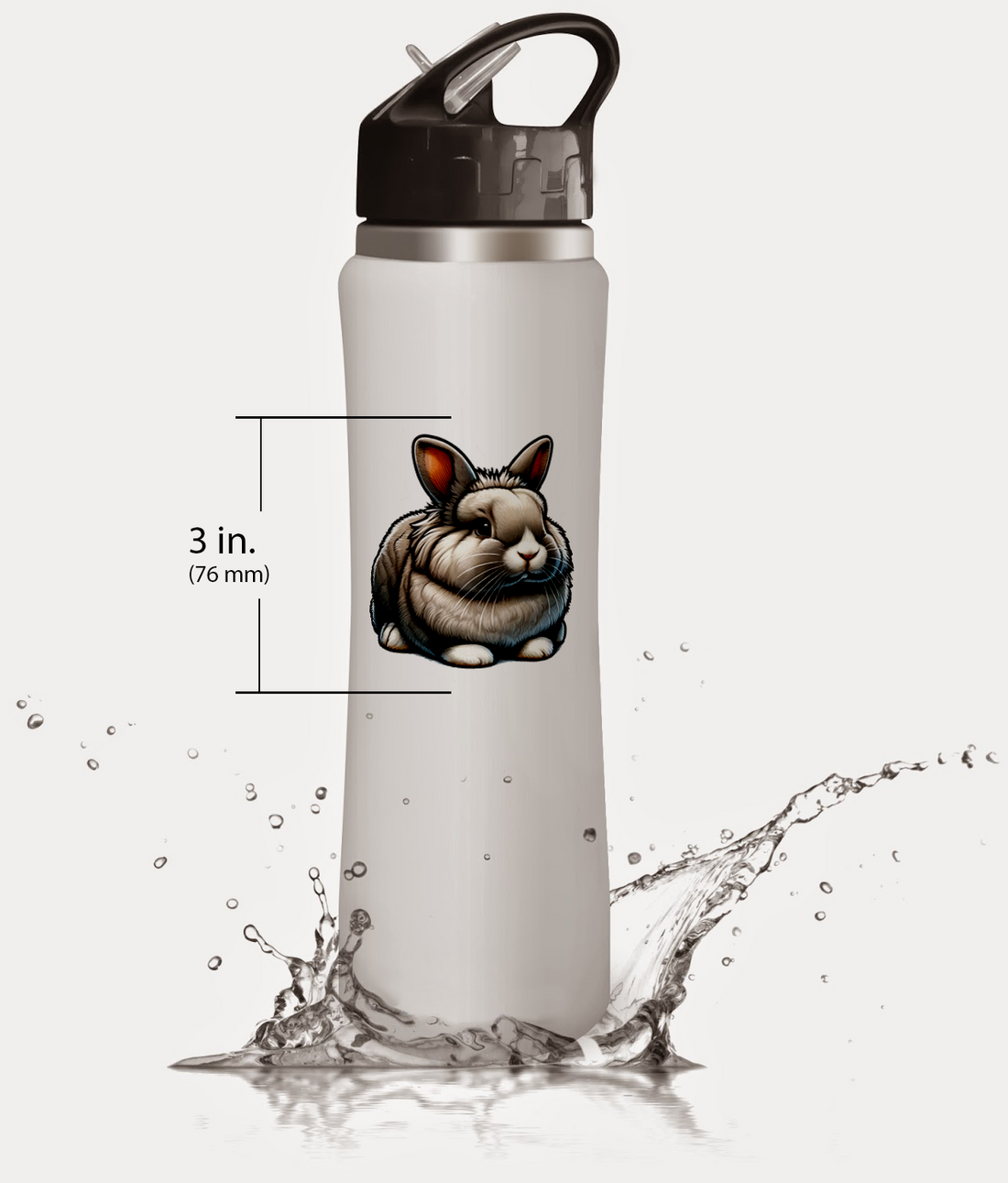


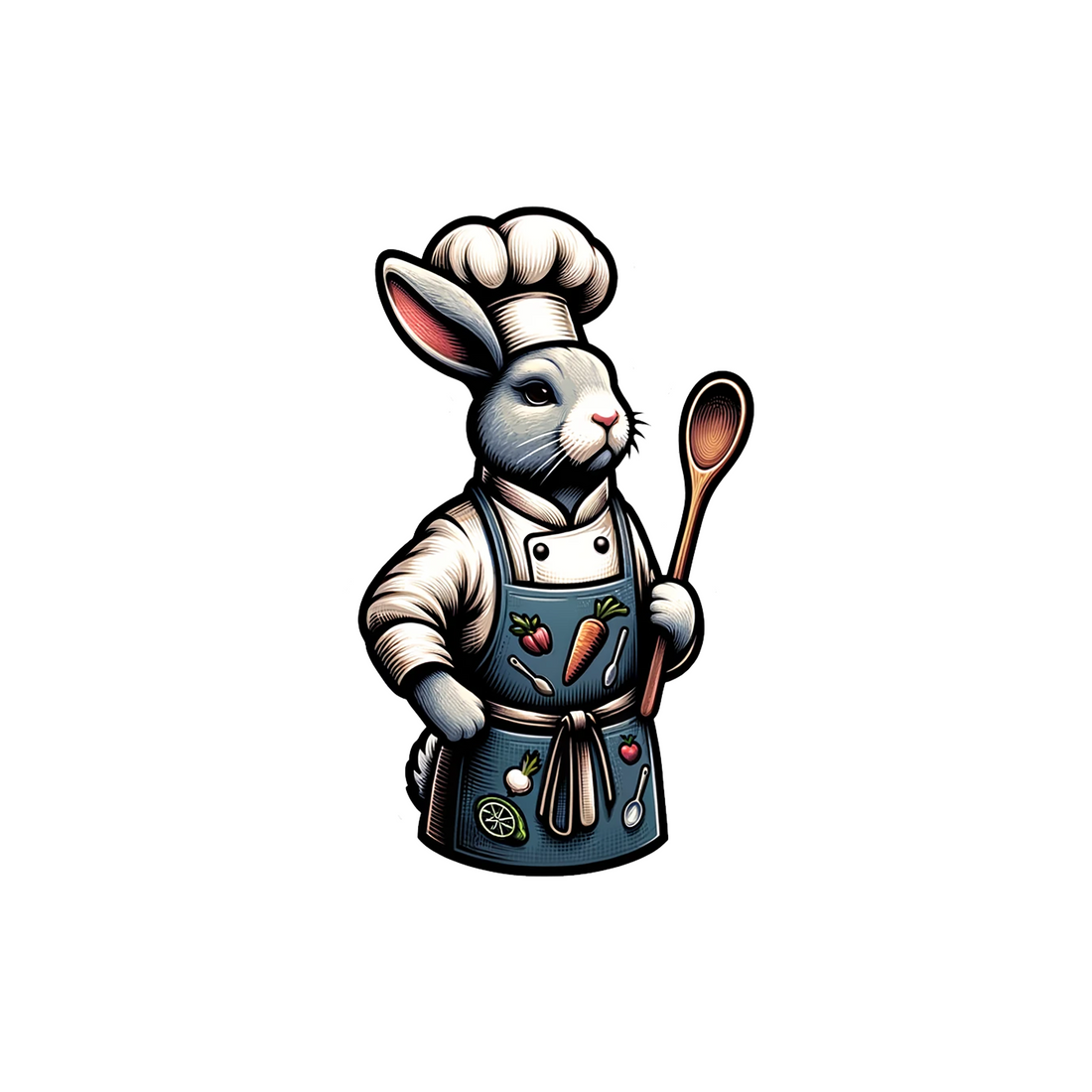
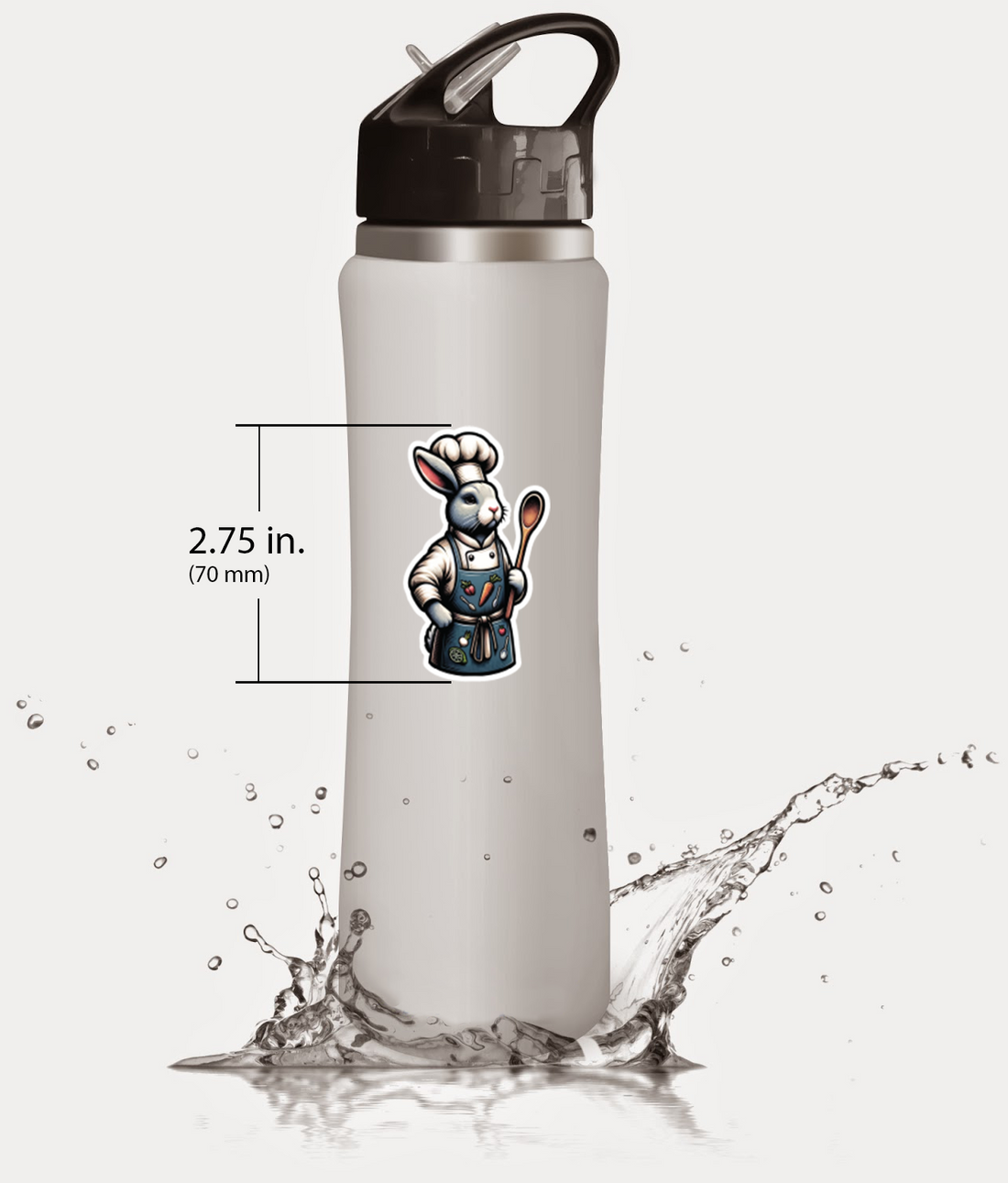
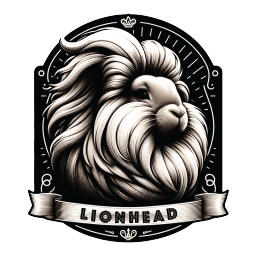

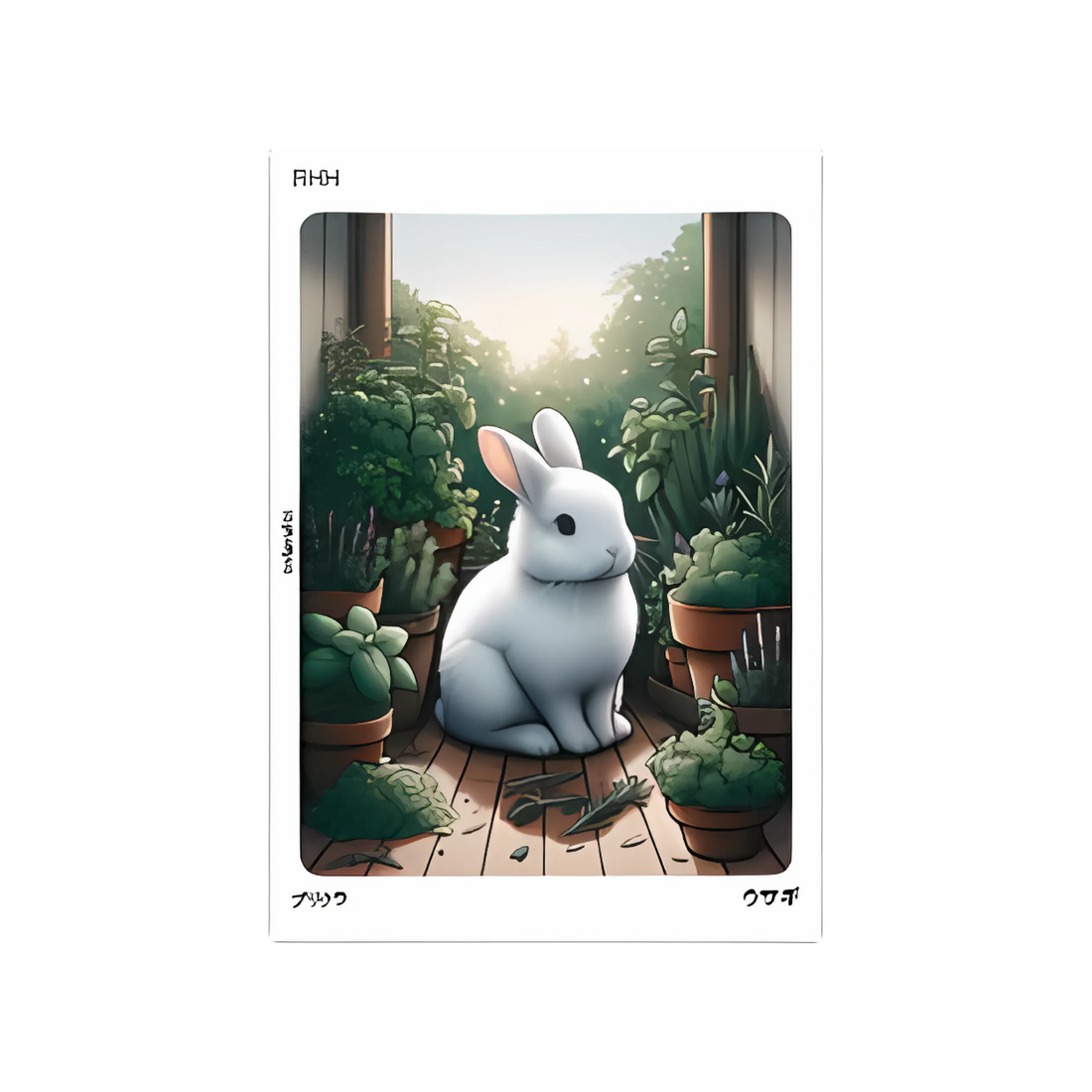

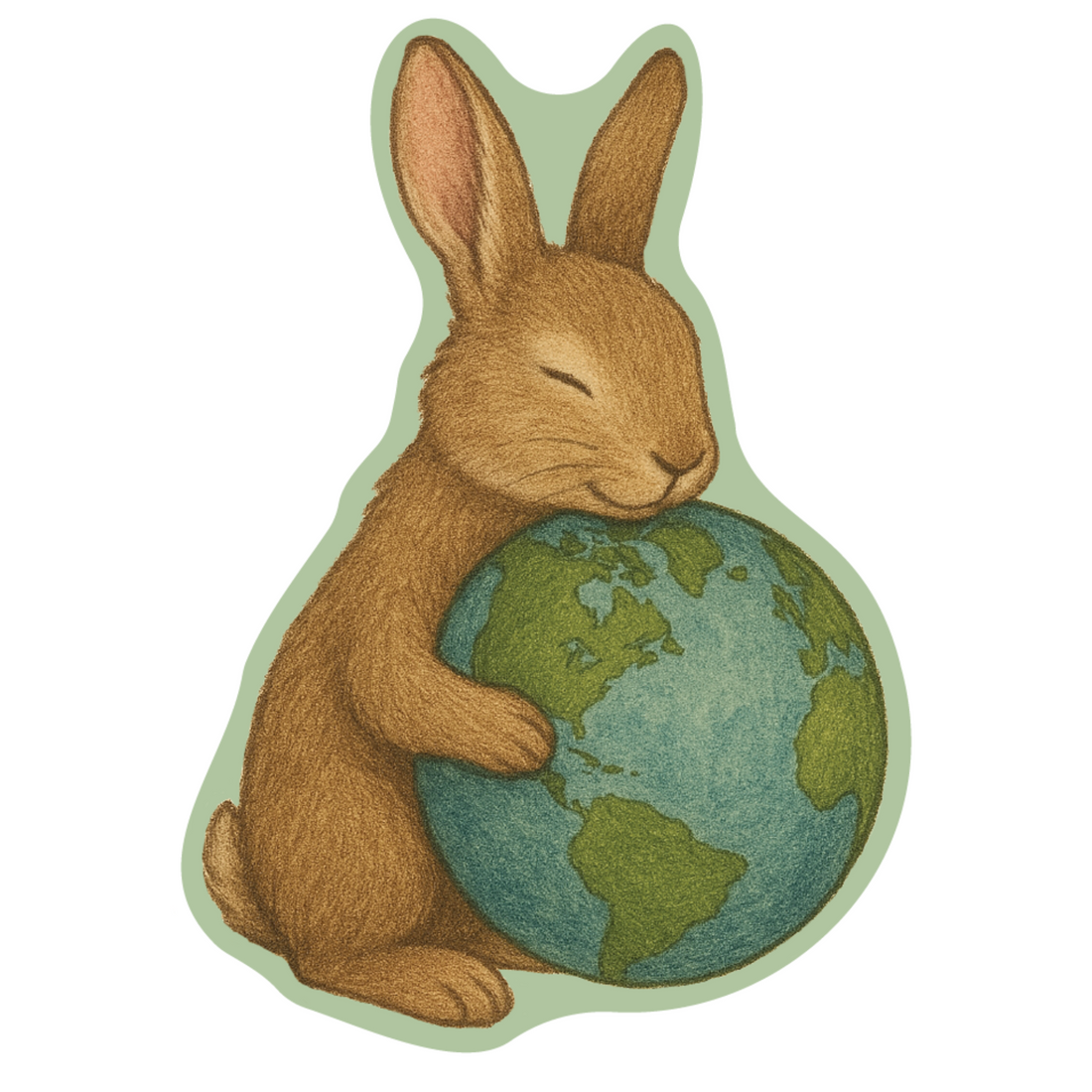
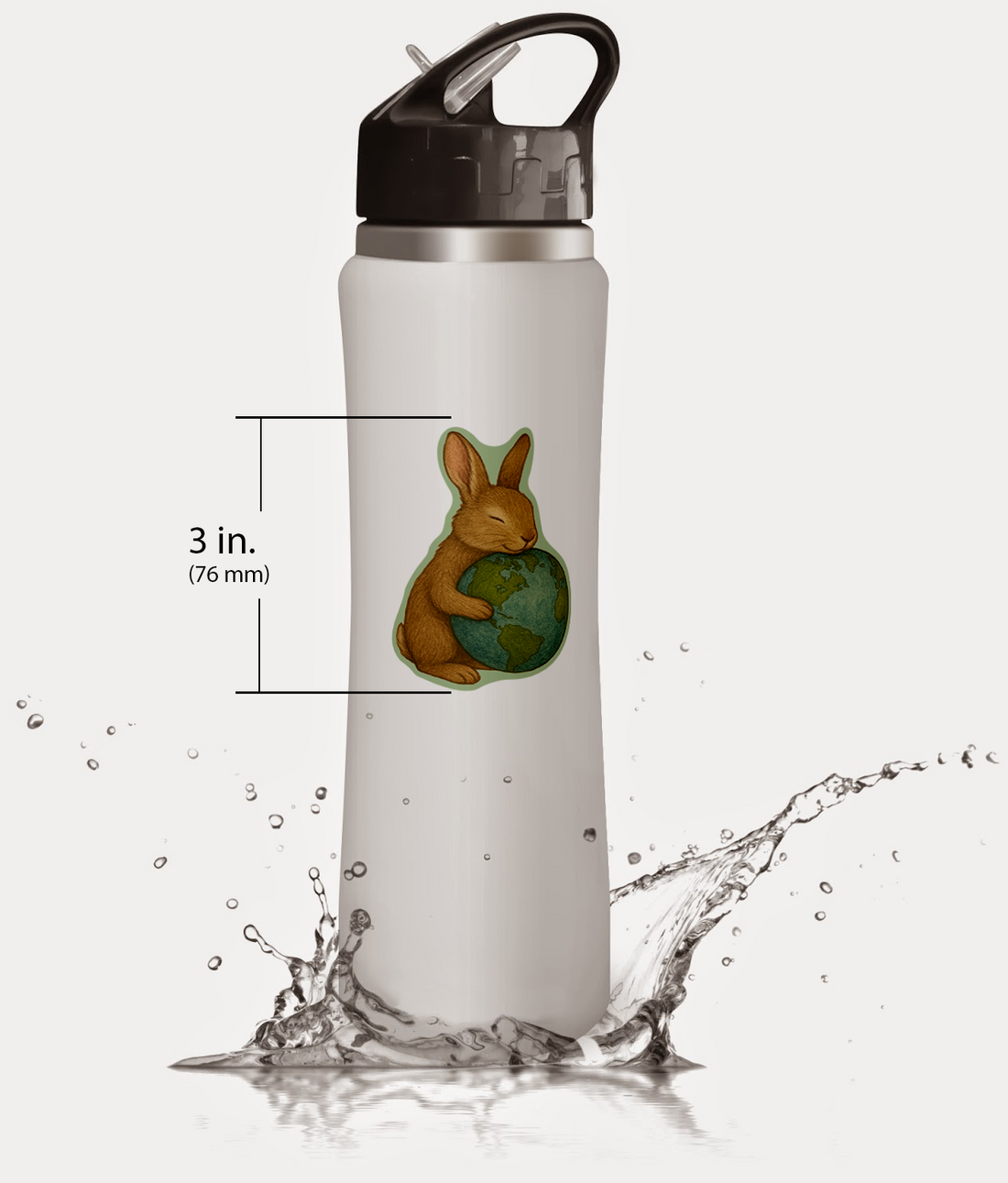
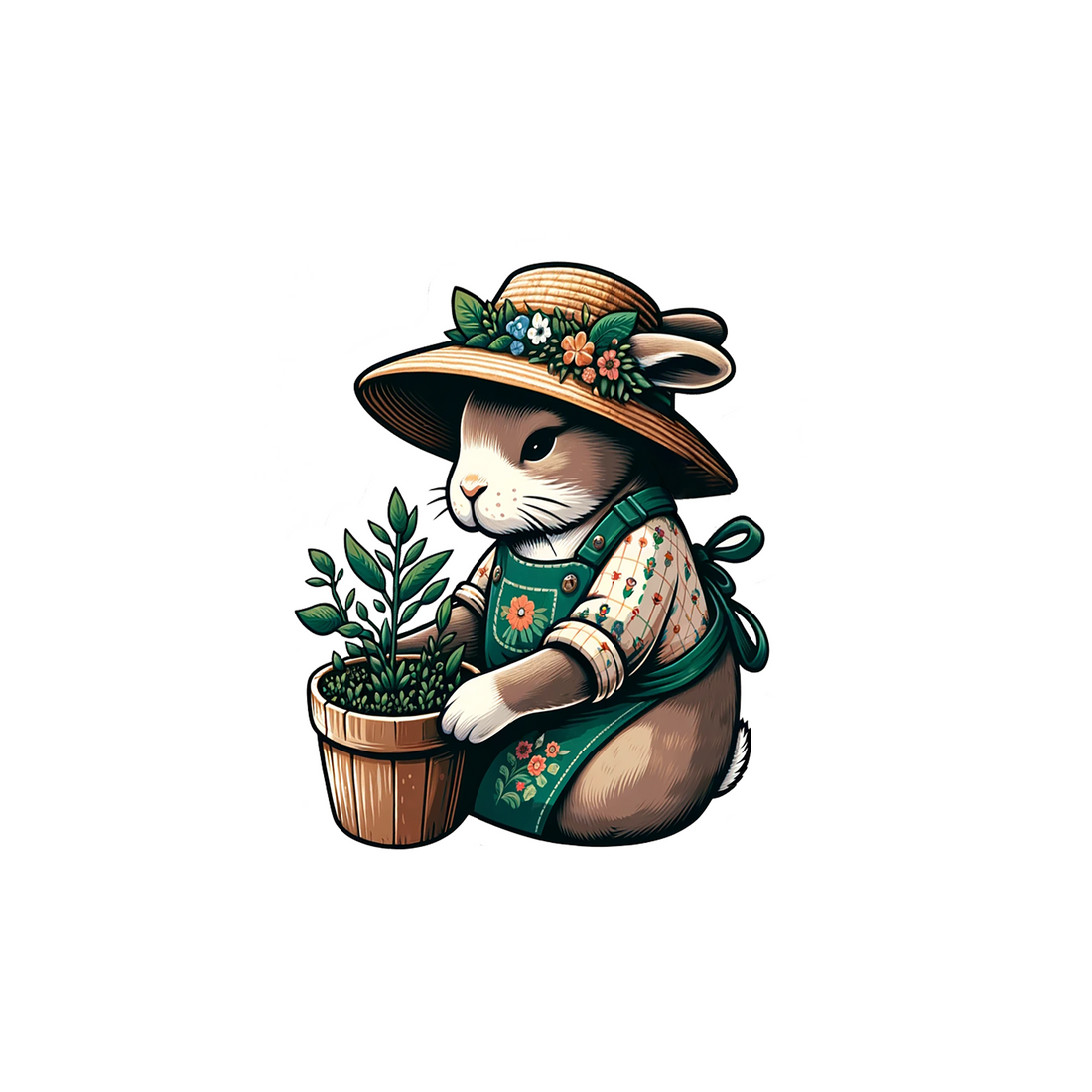
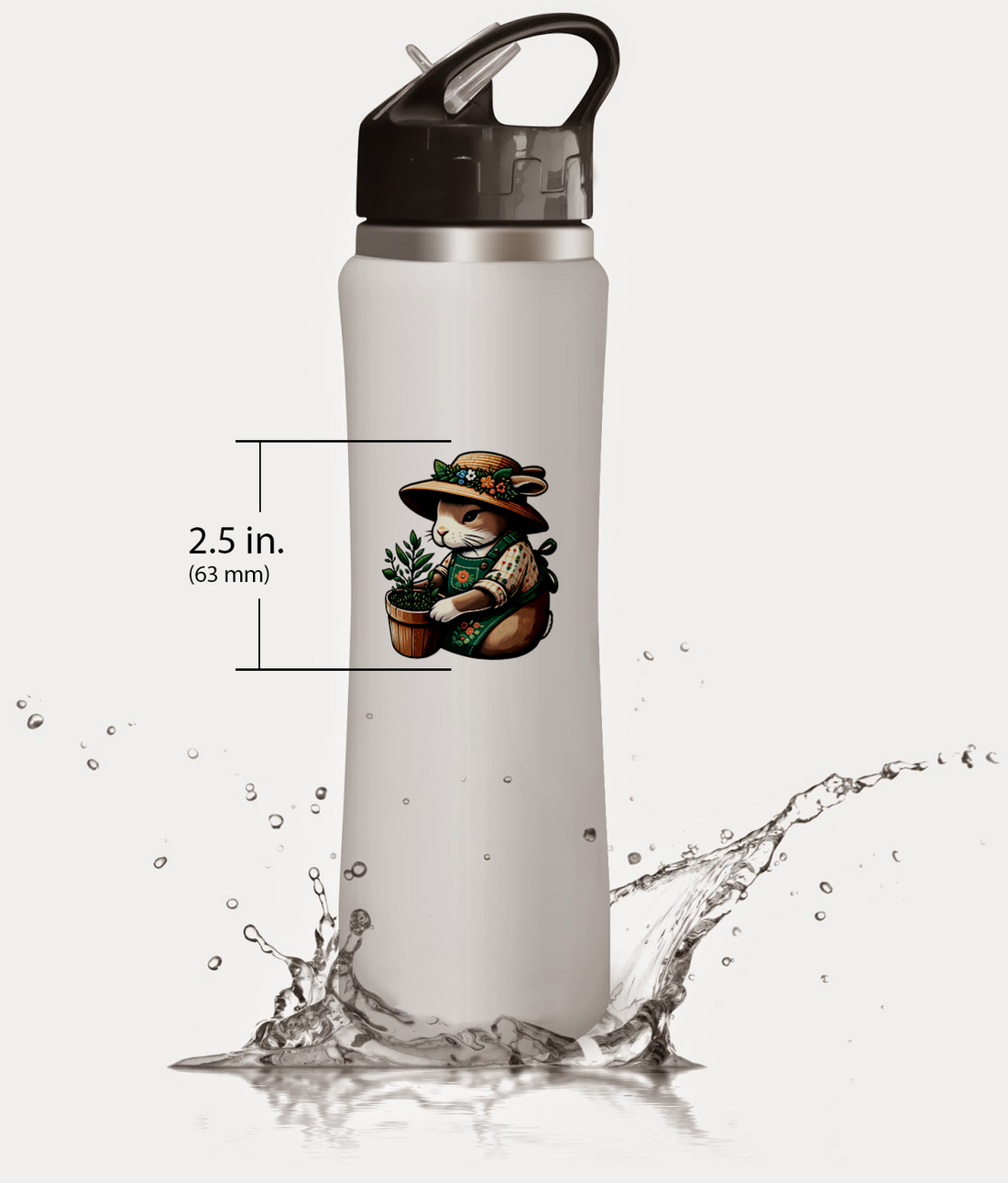
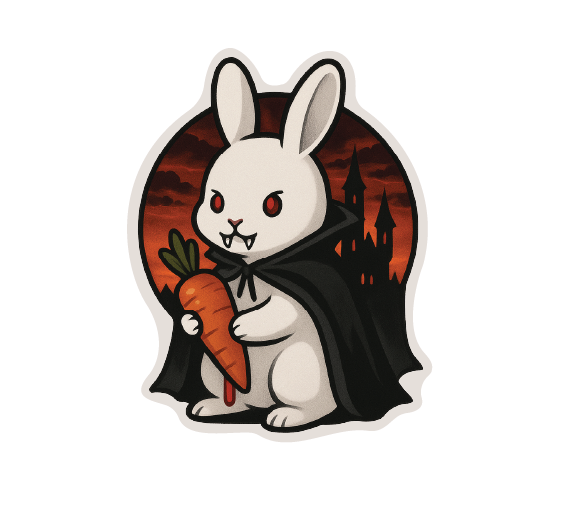
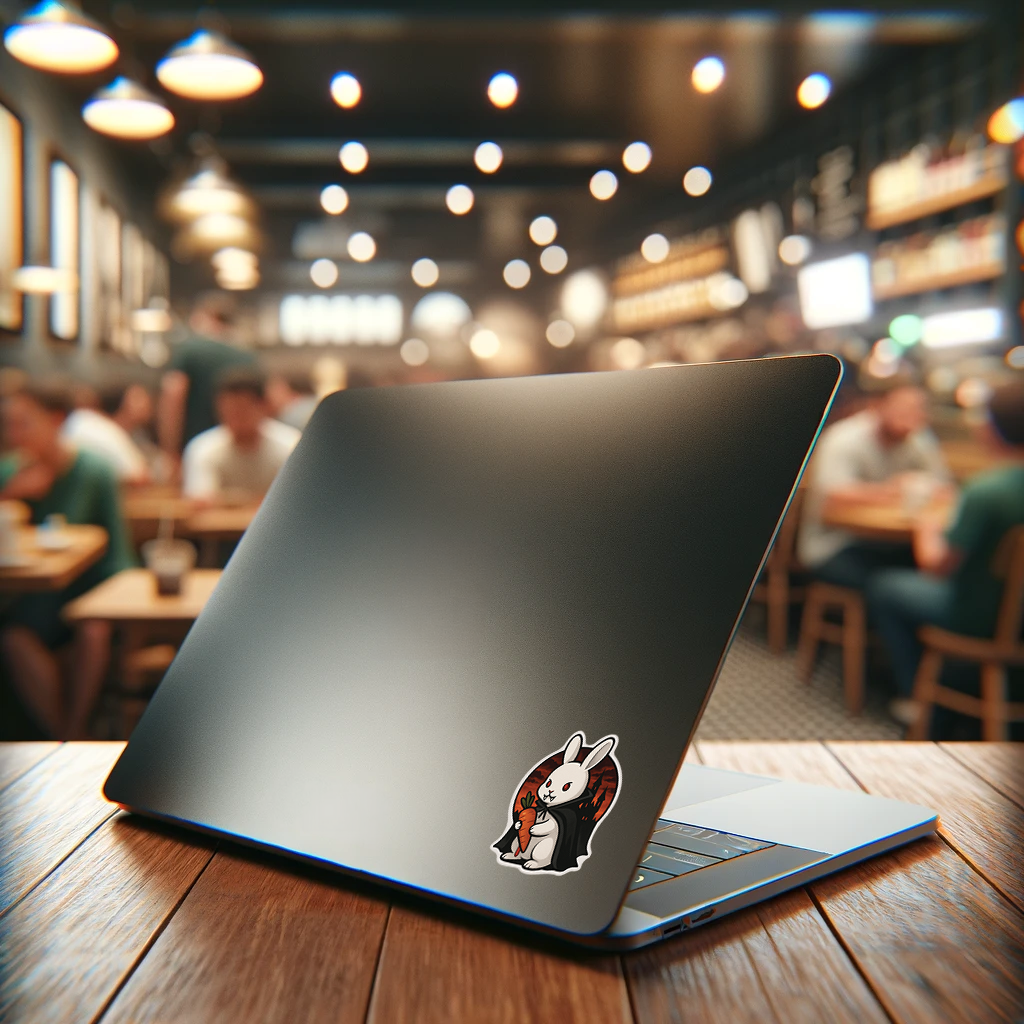
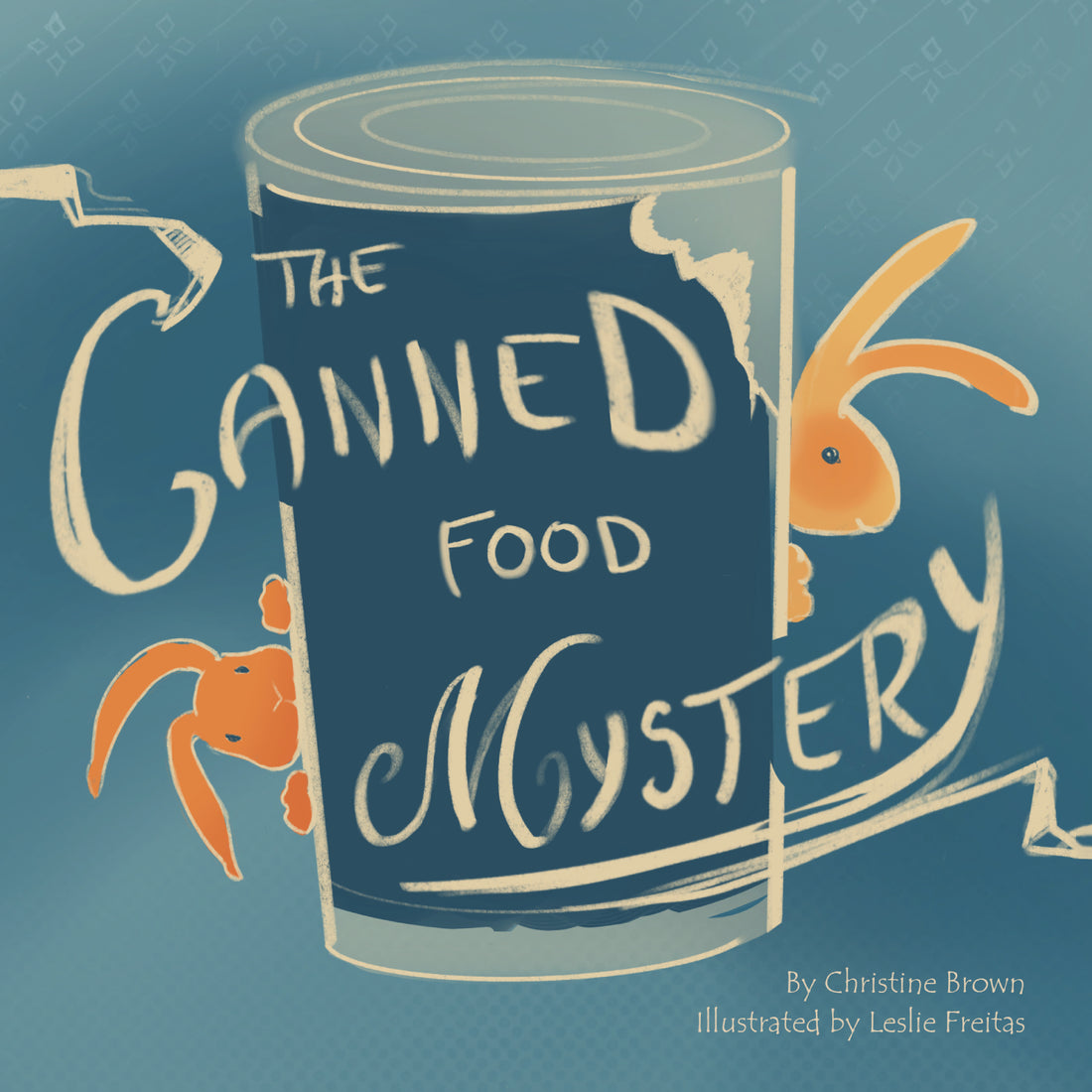
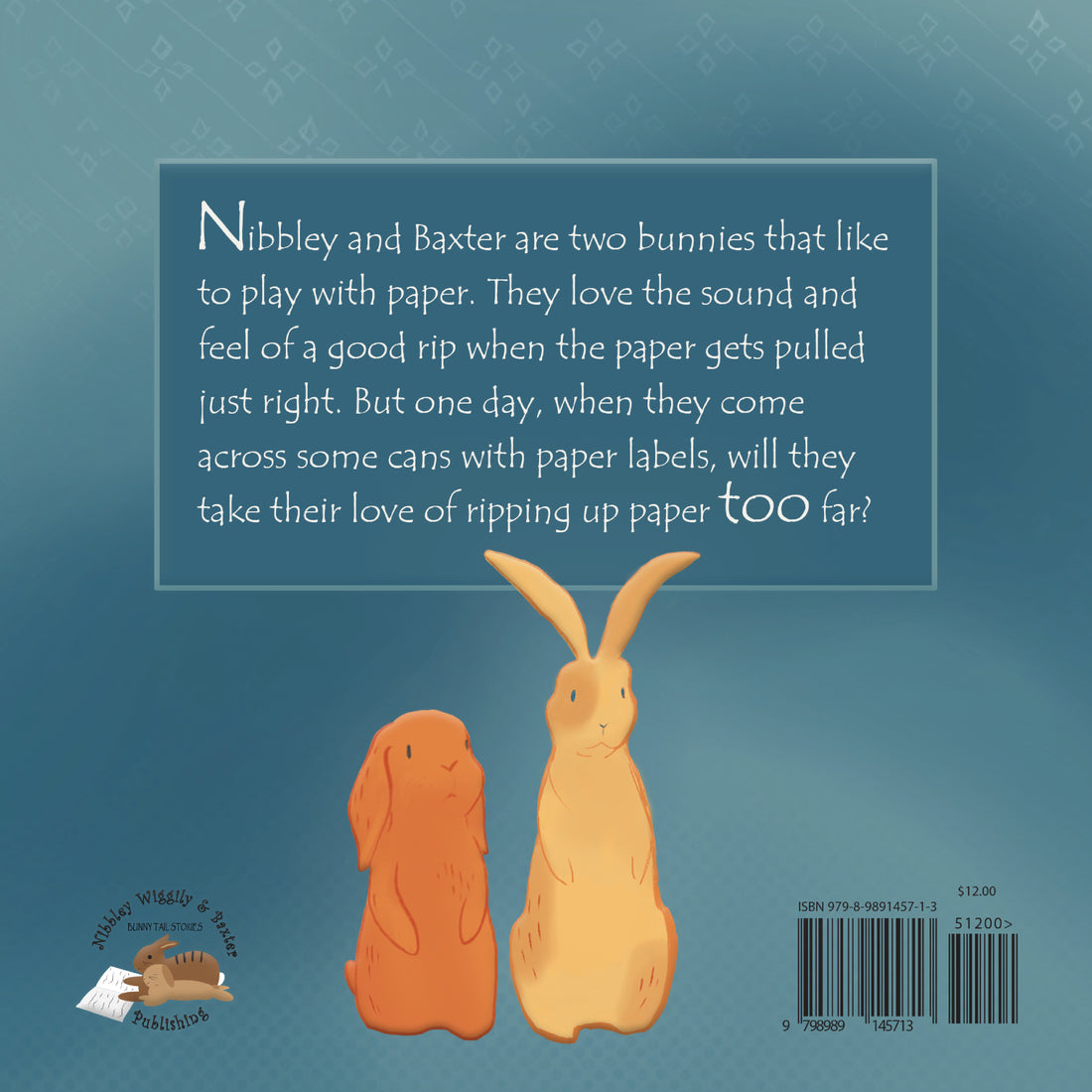


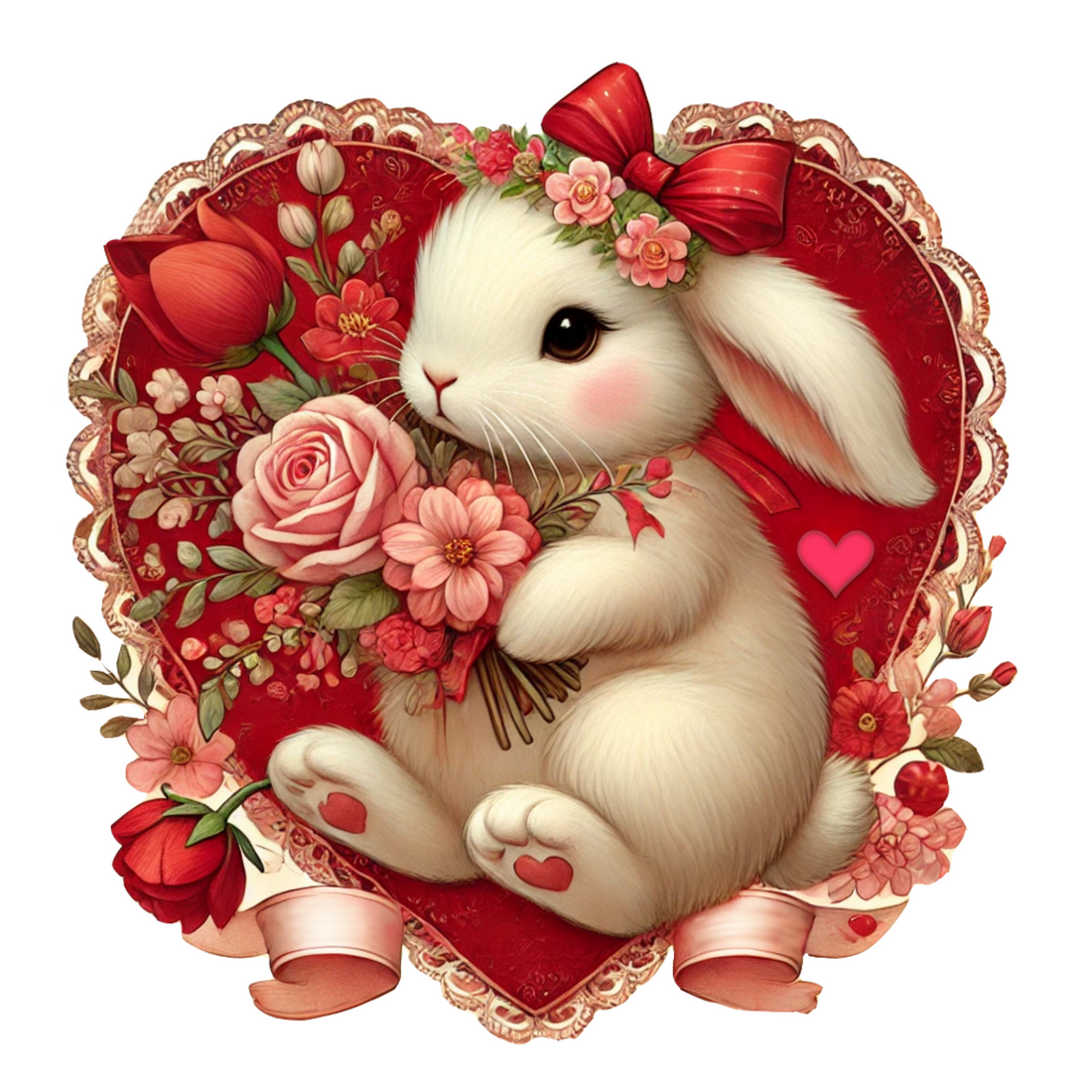

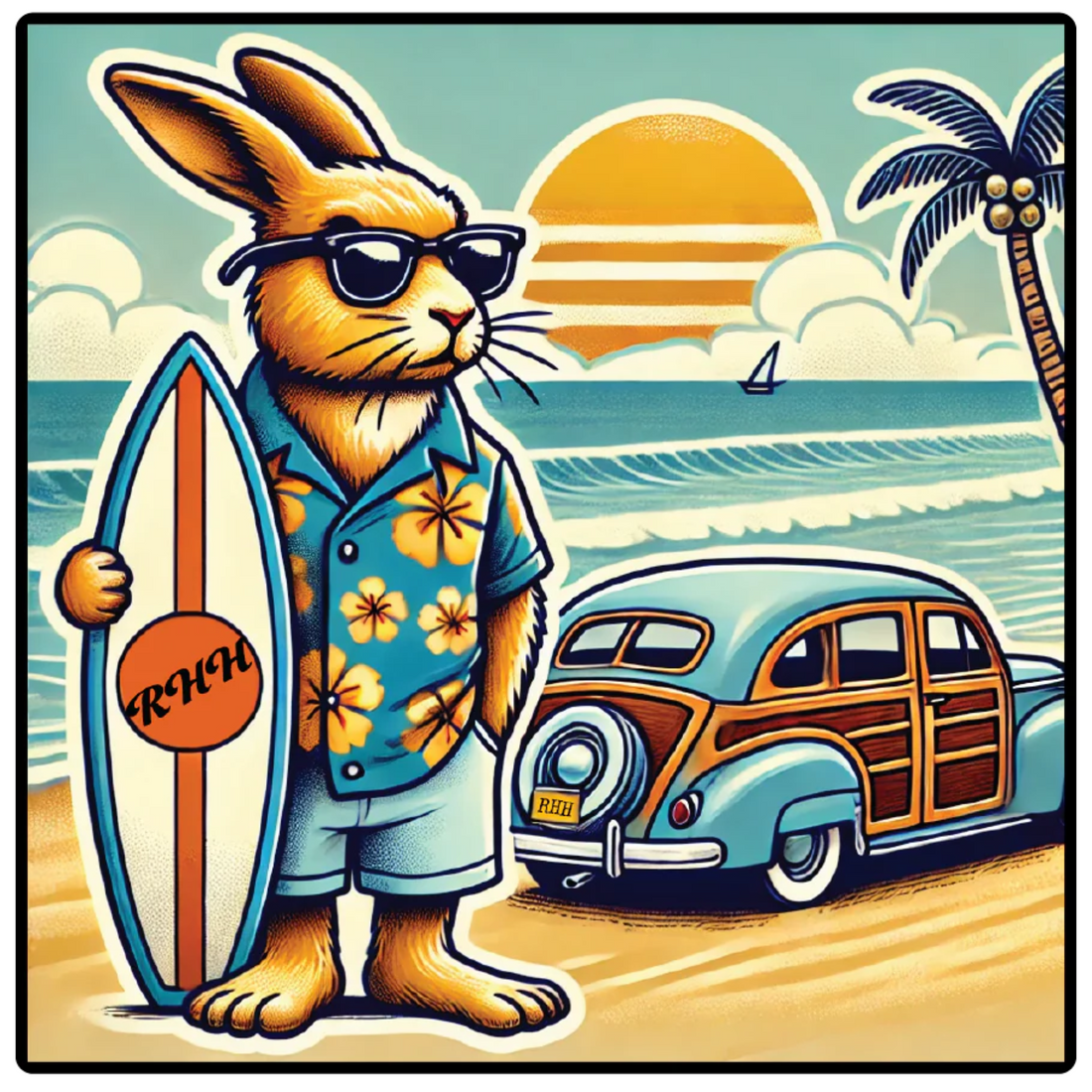



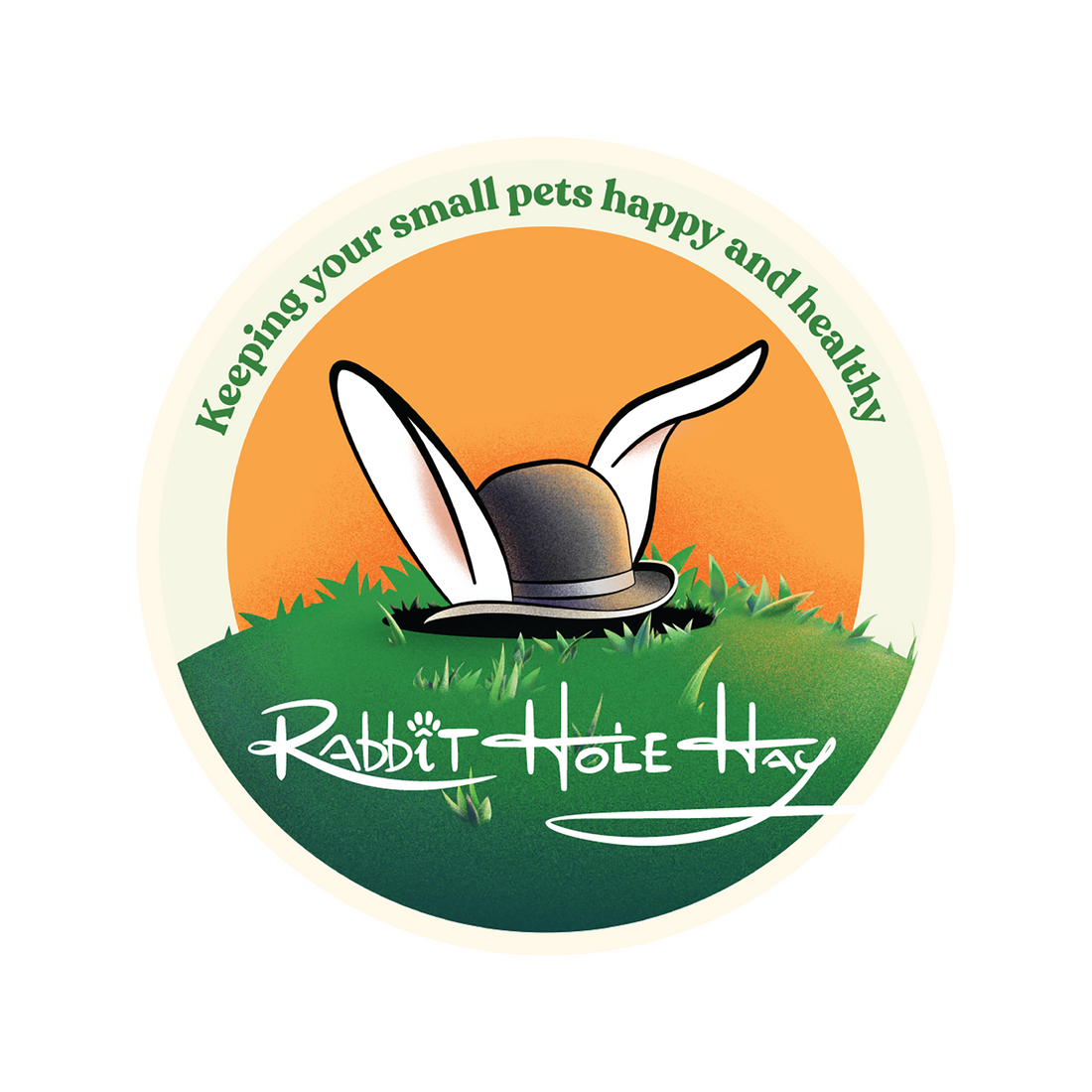
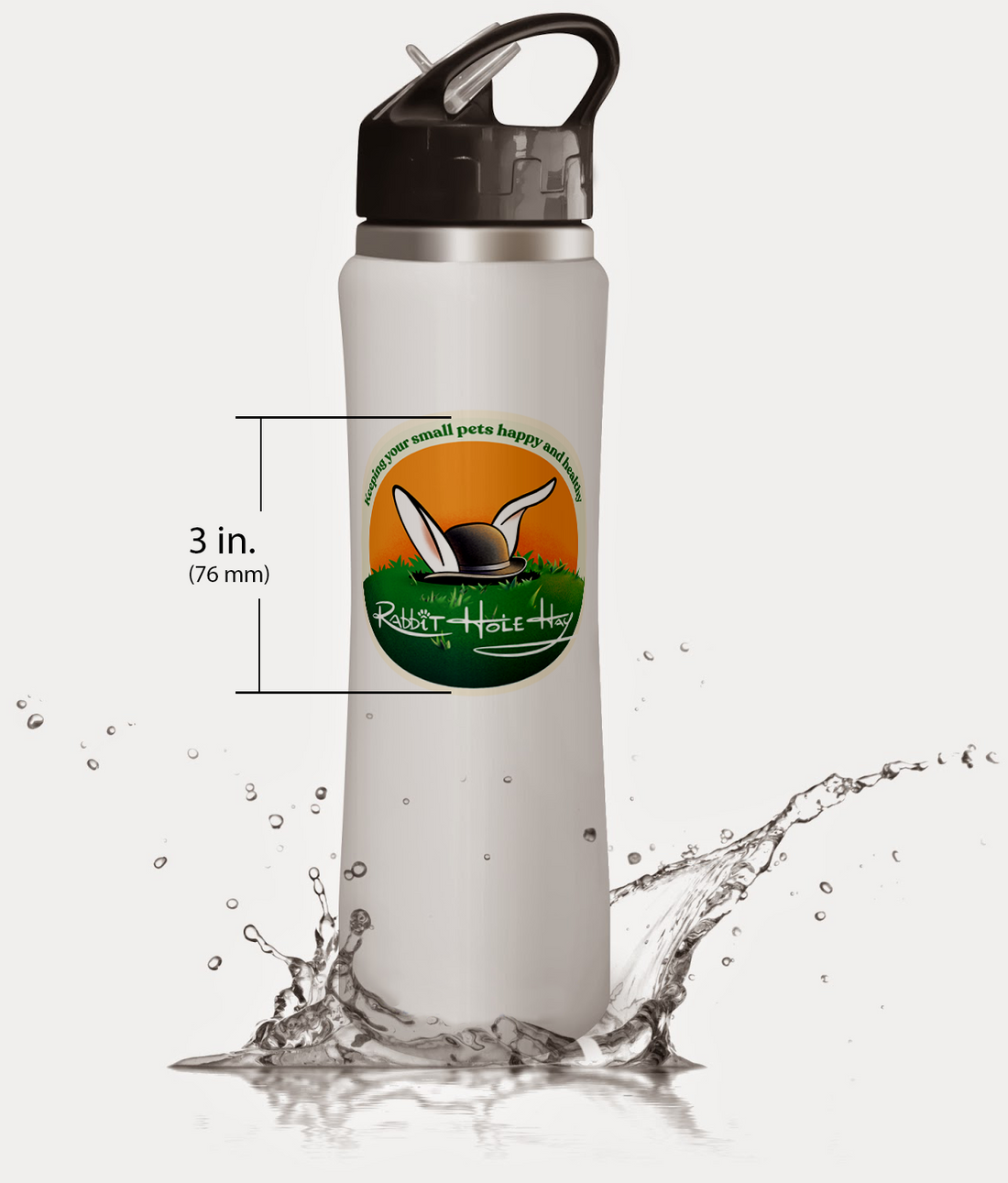


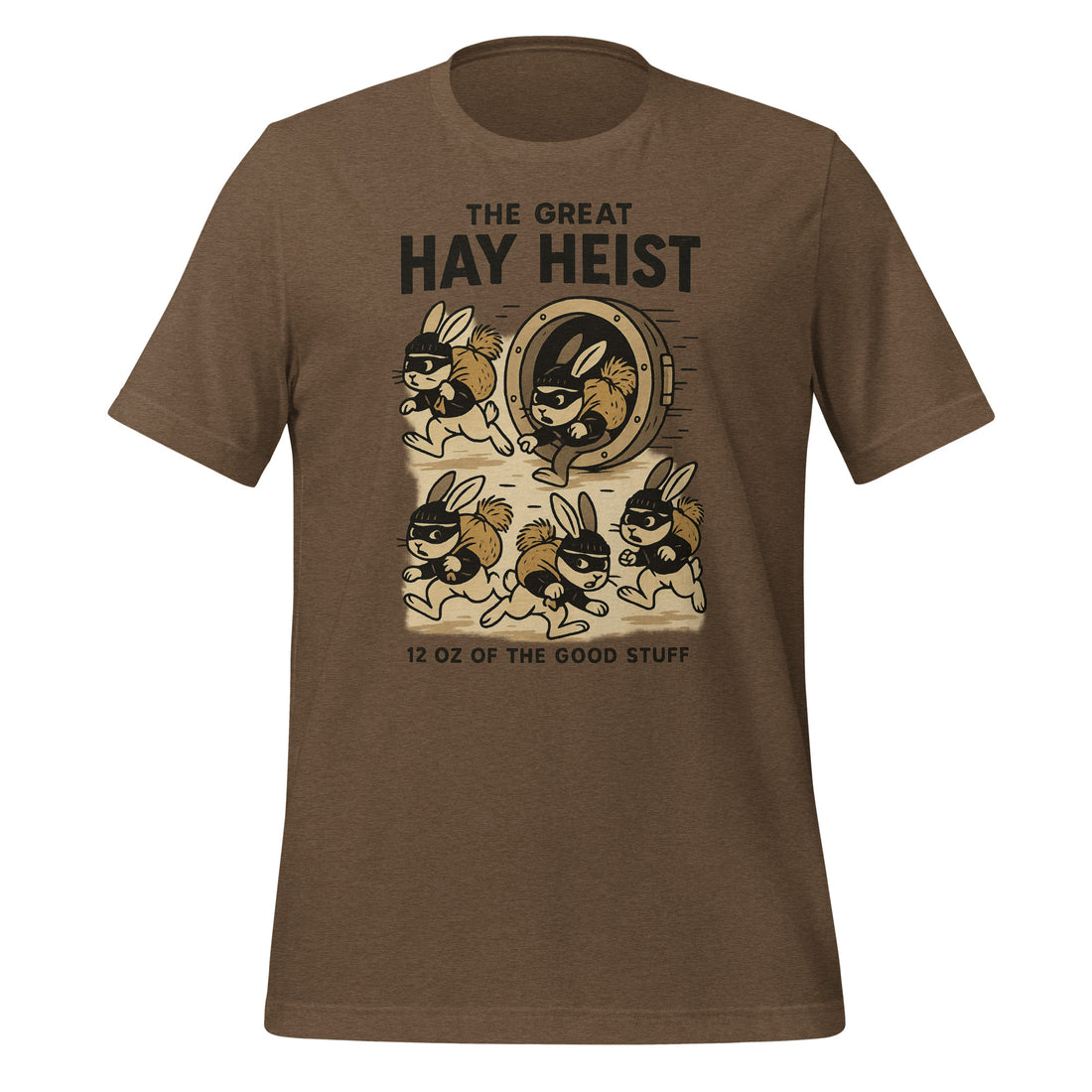
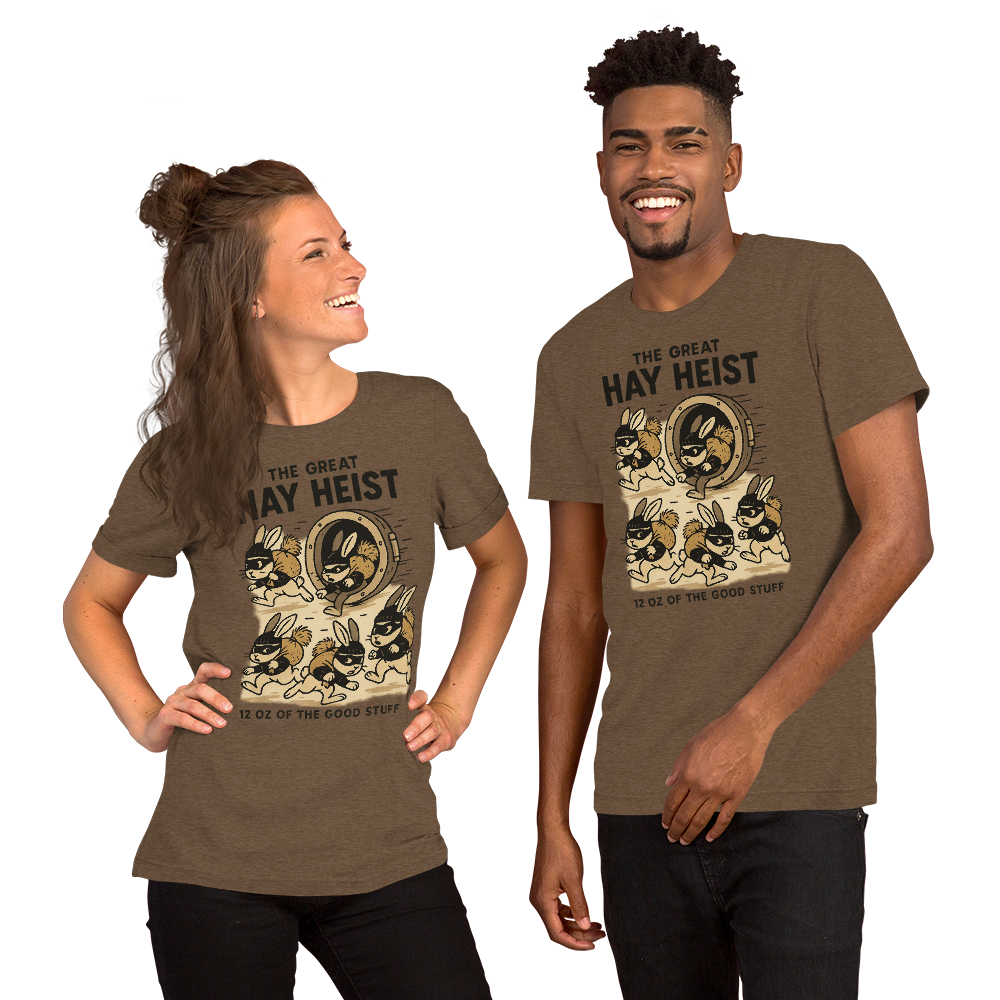


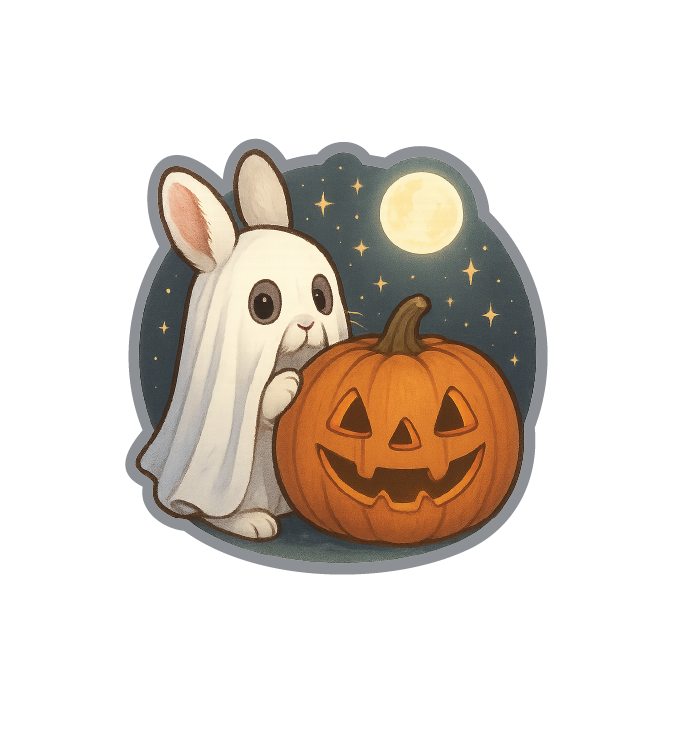
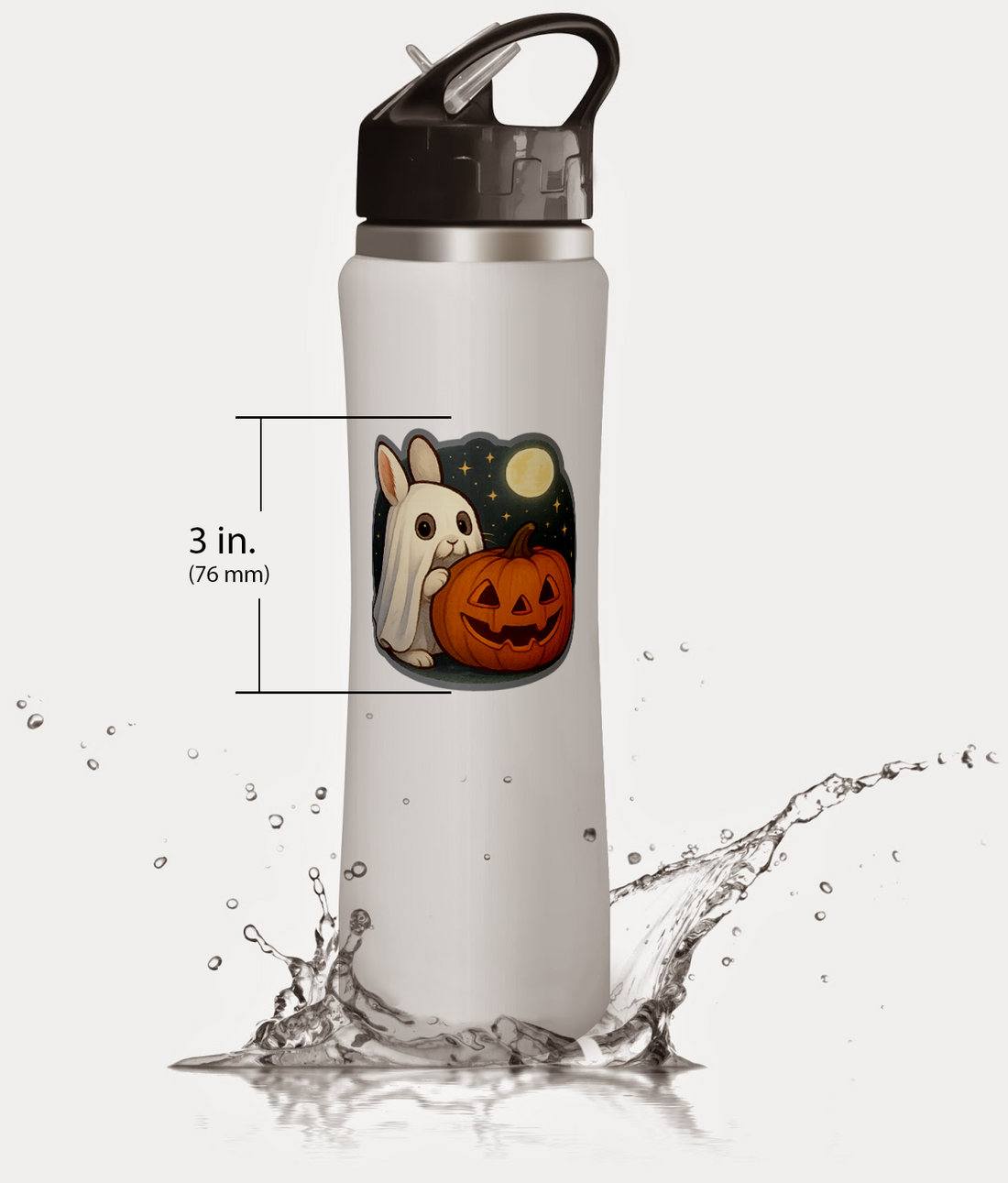
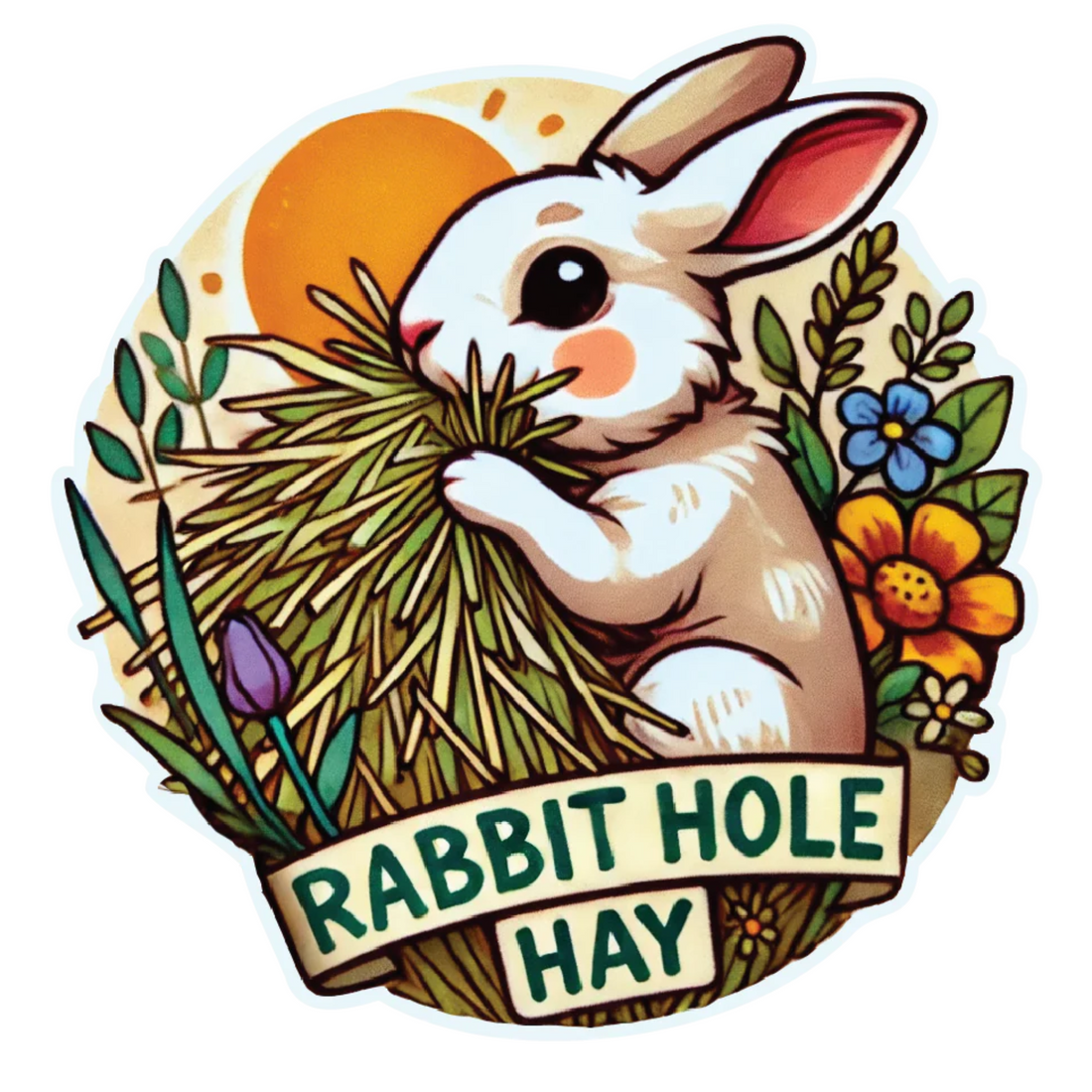
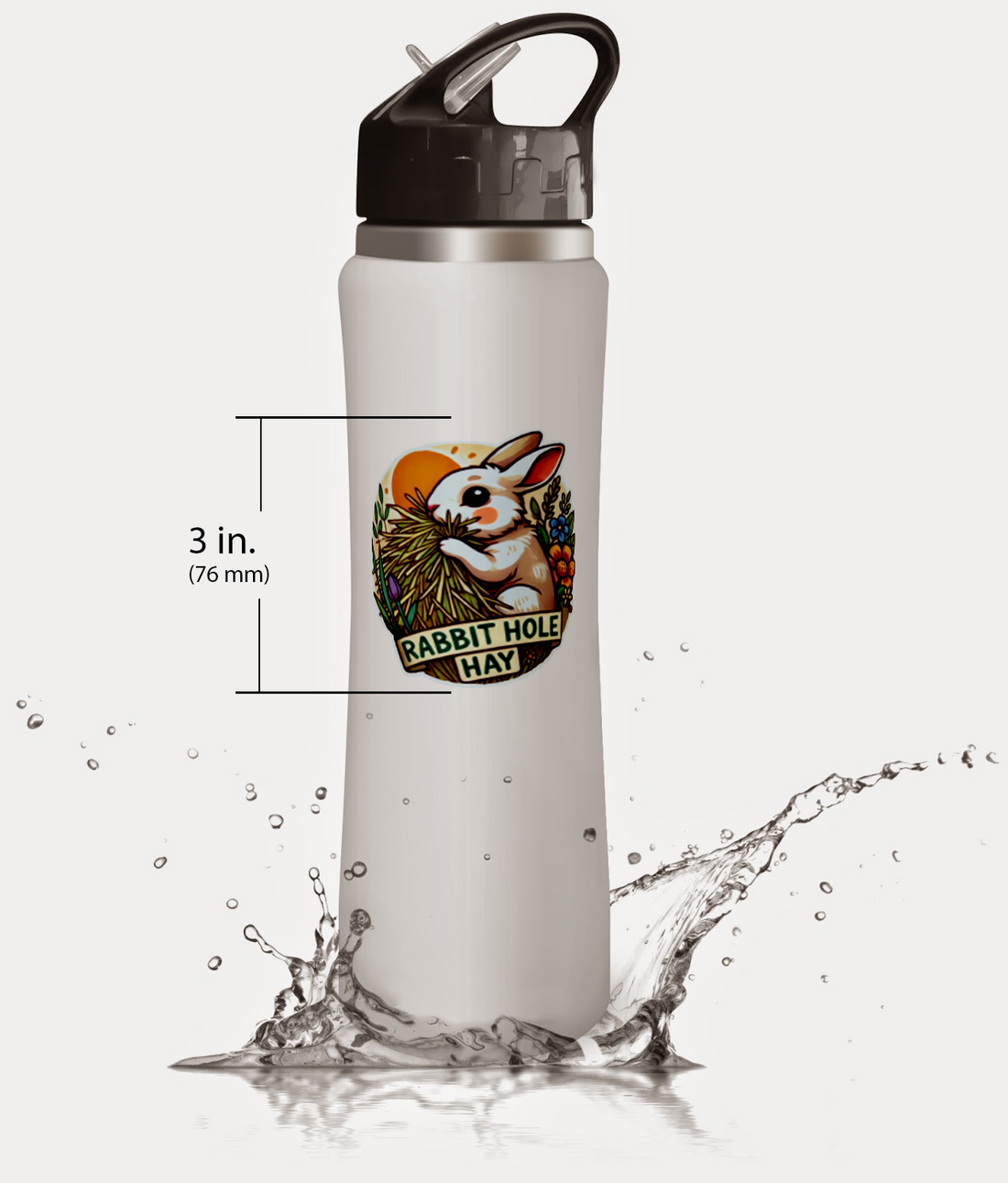

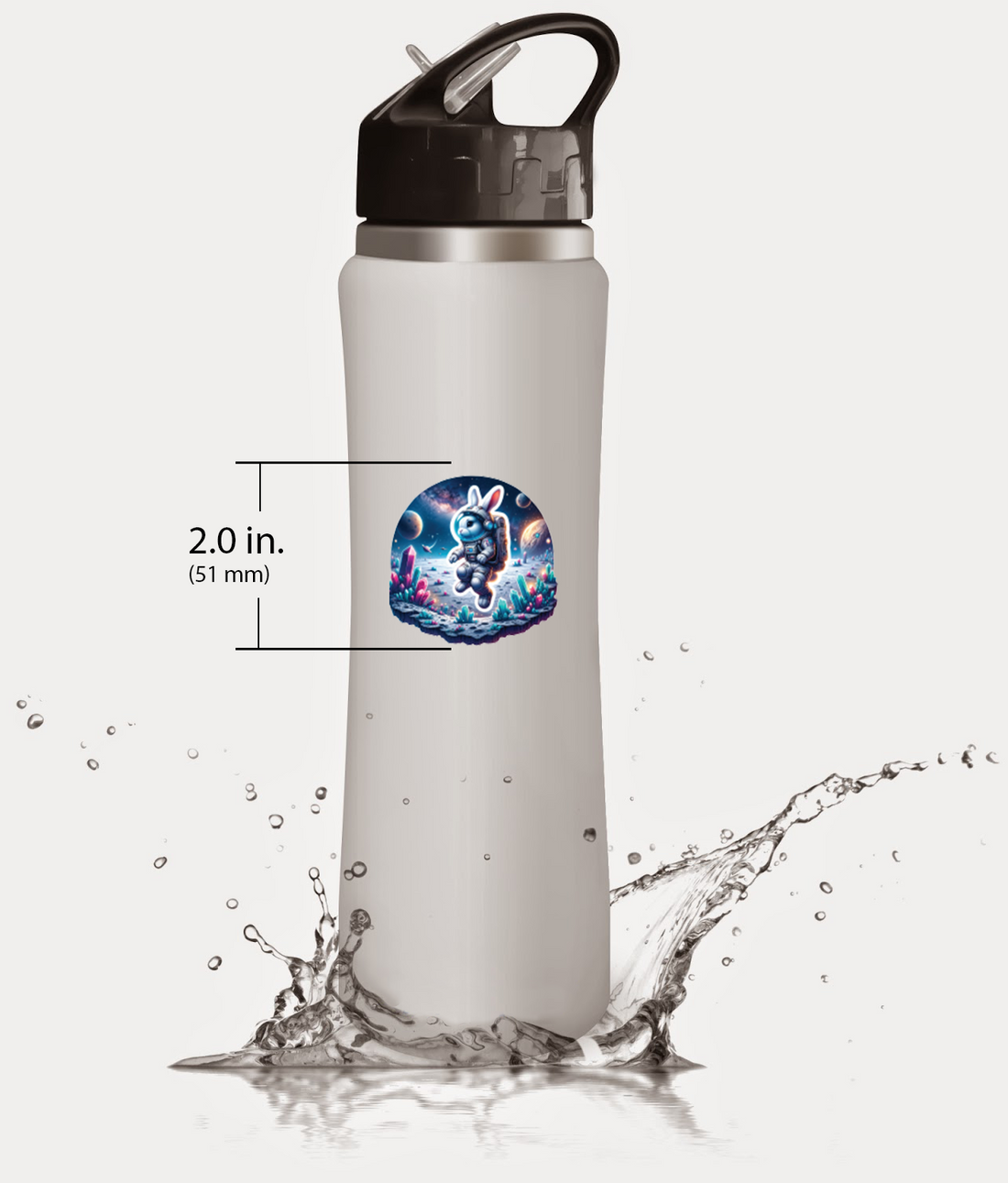
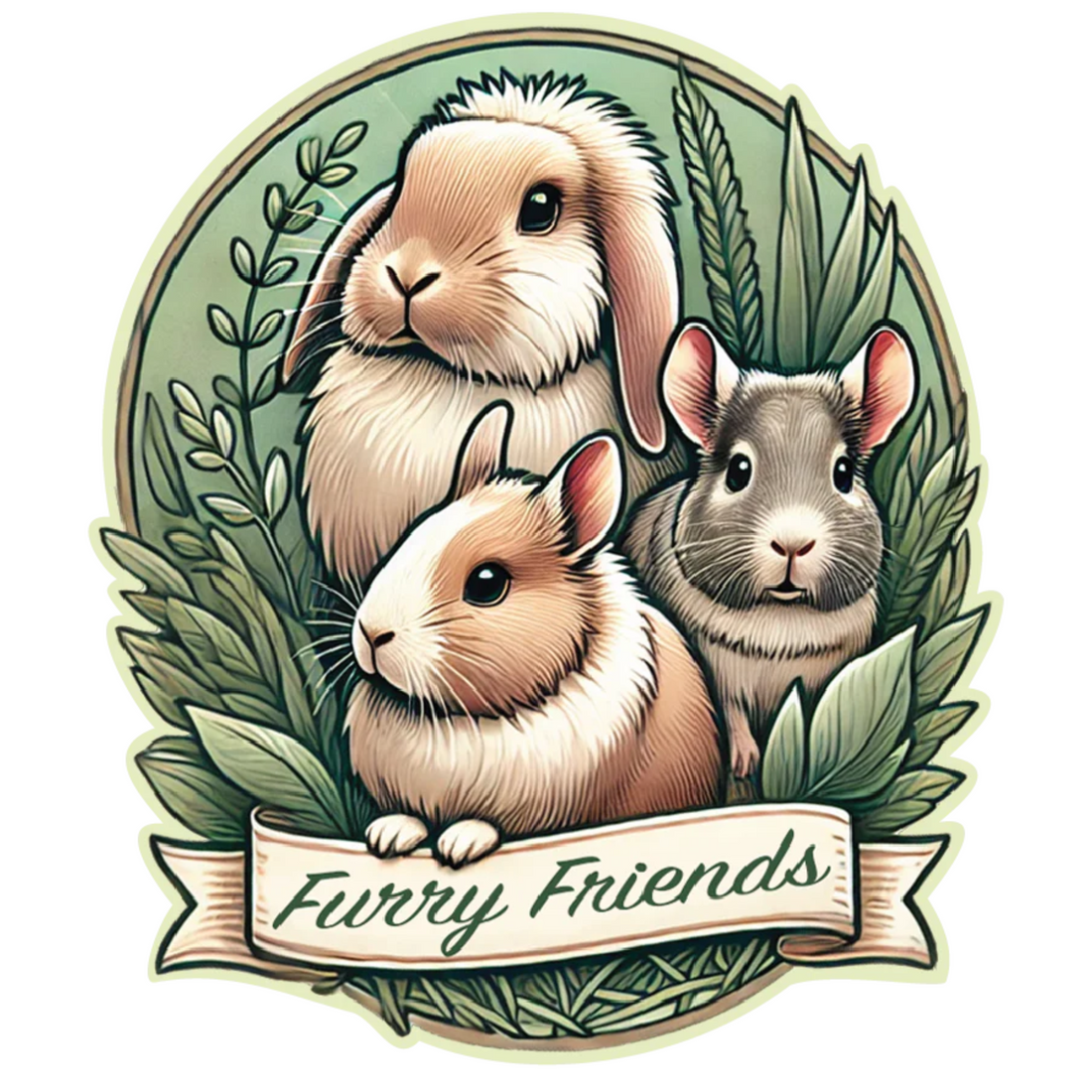
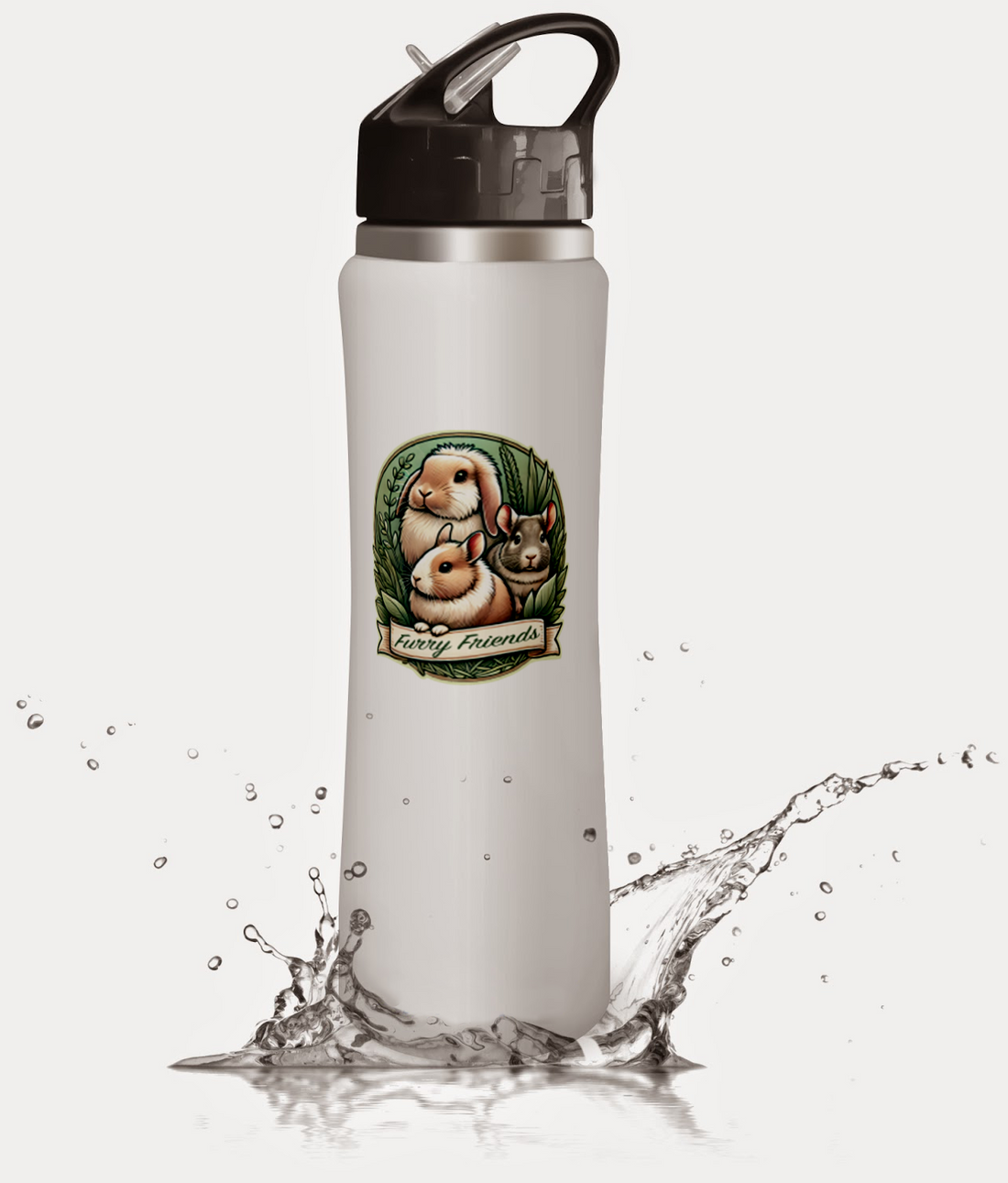




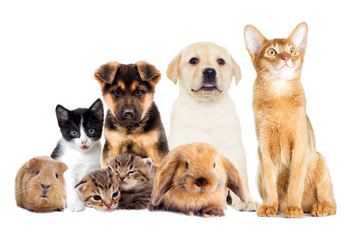


Comments